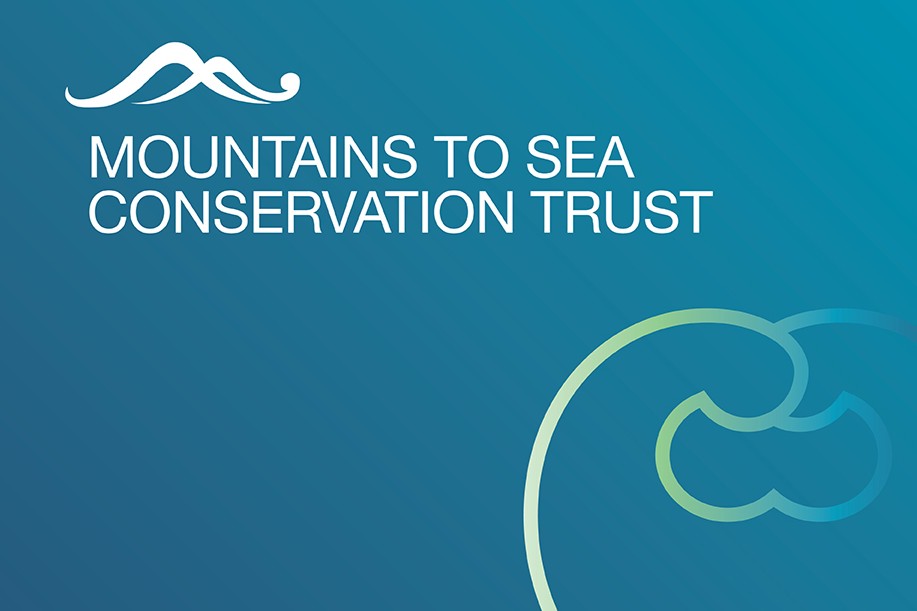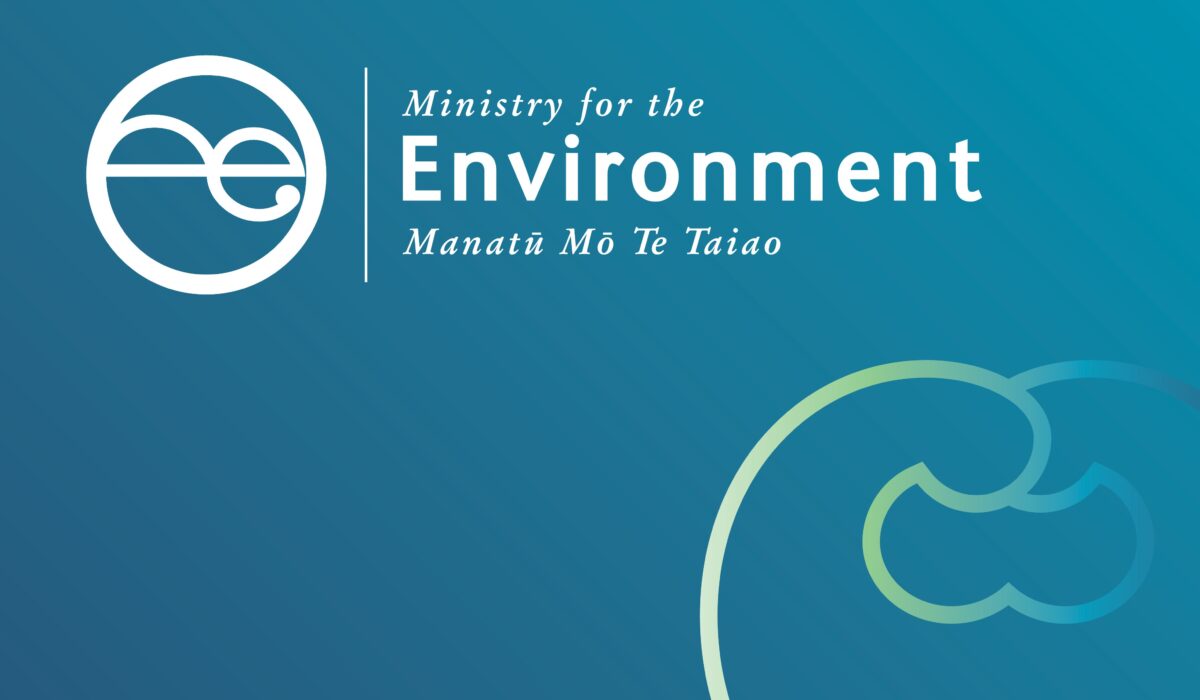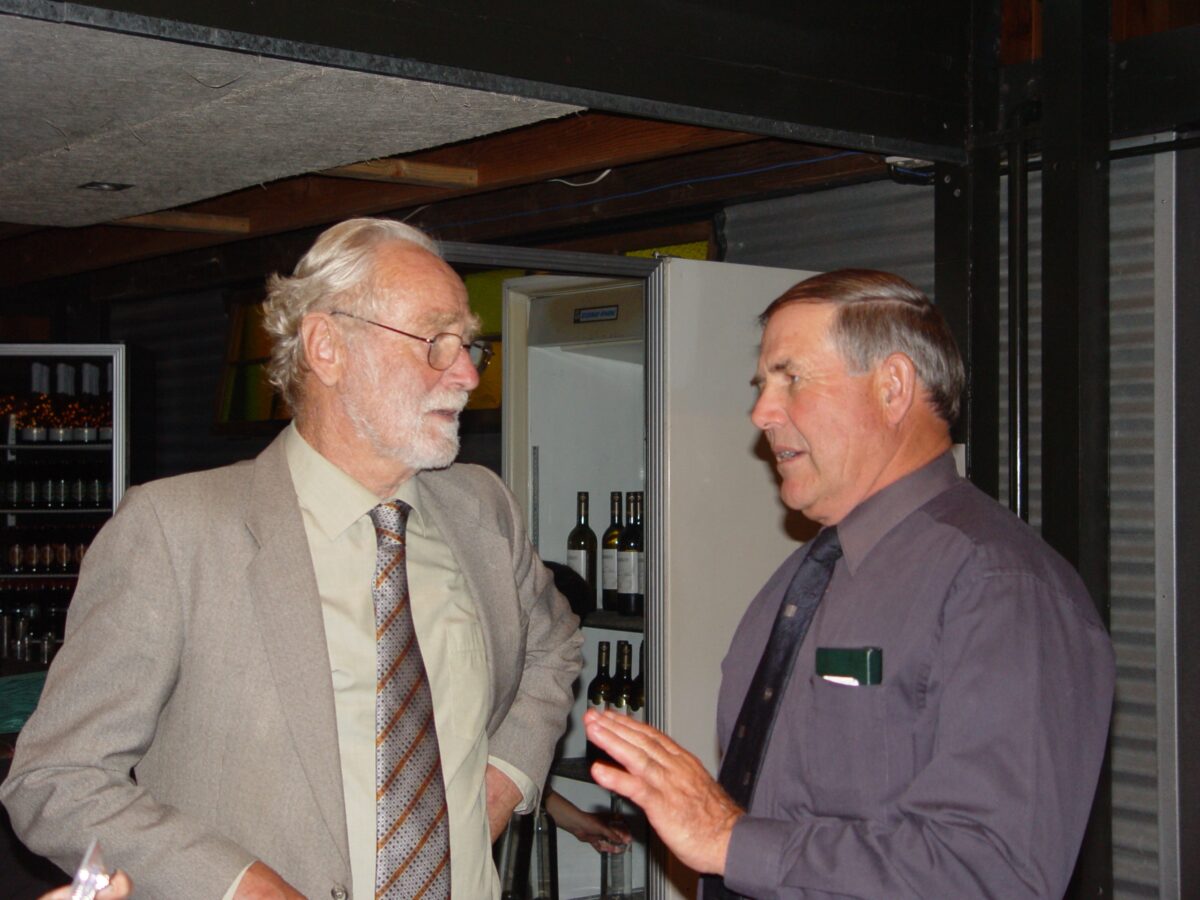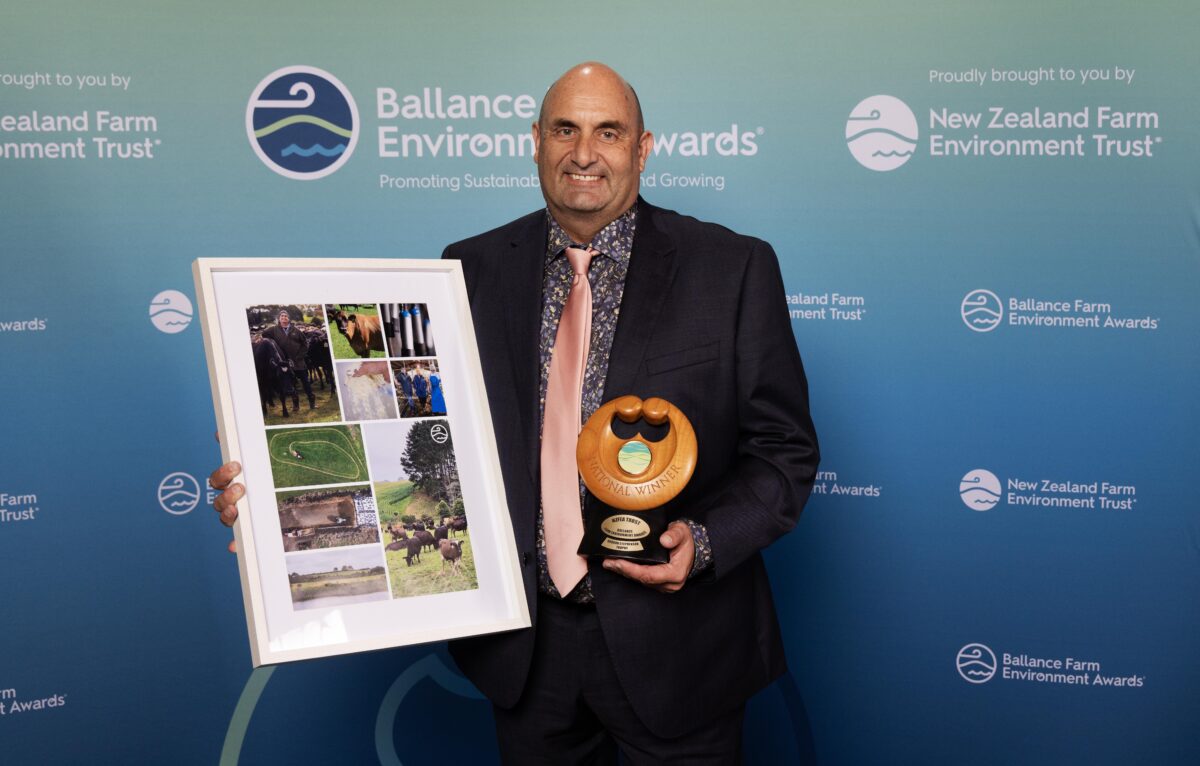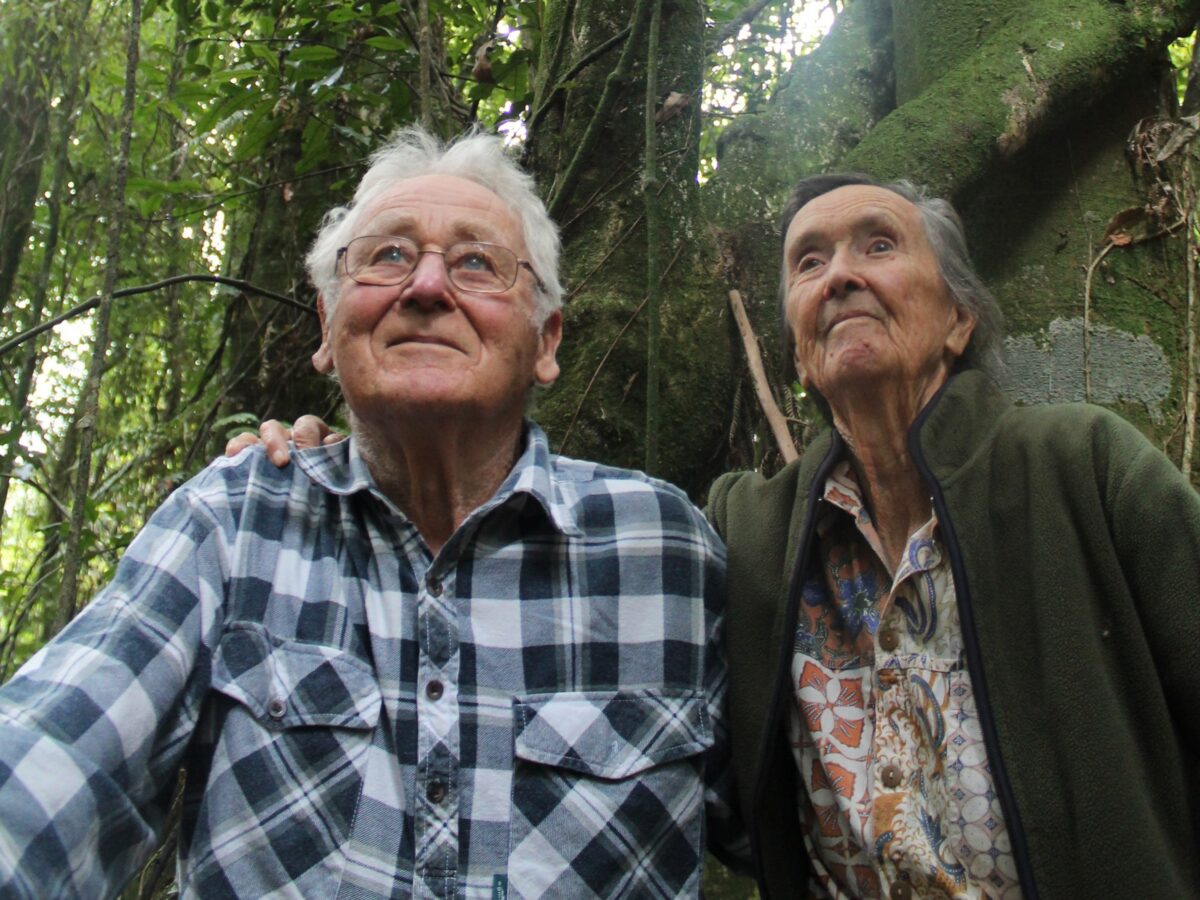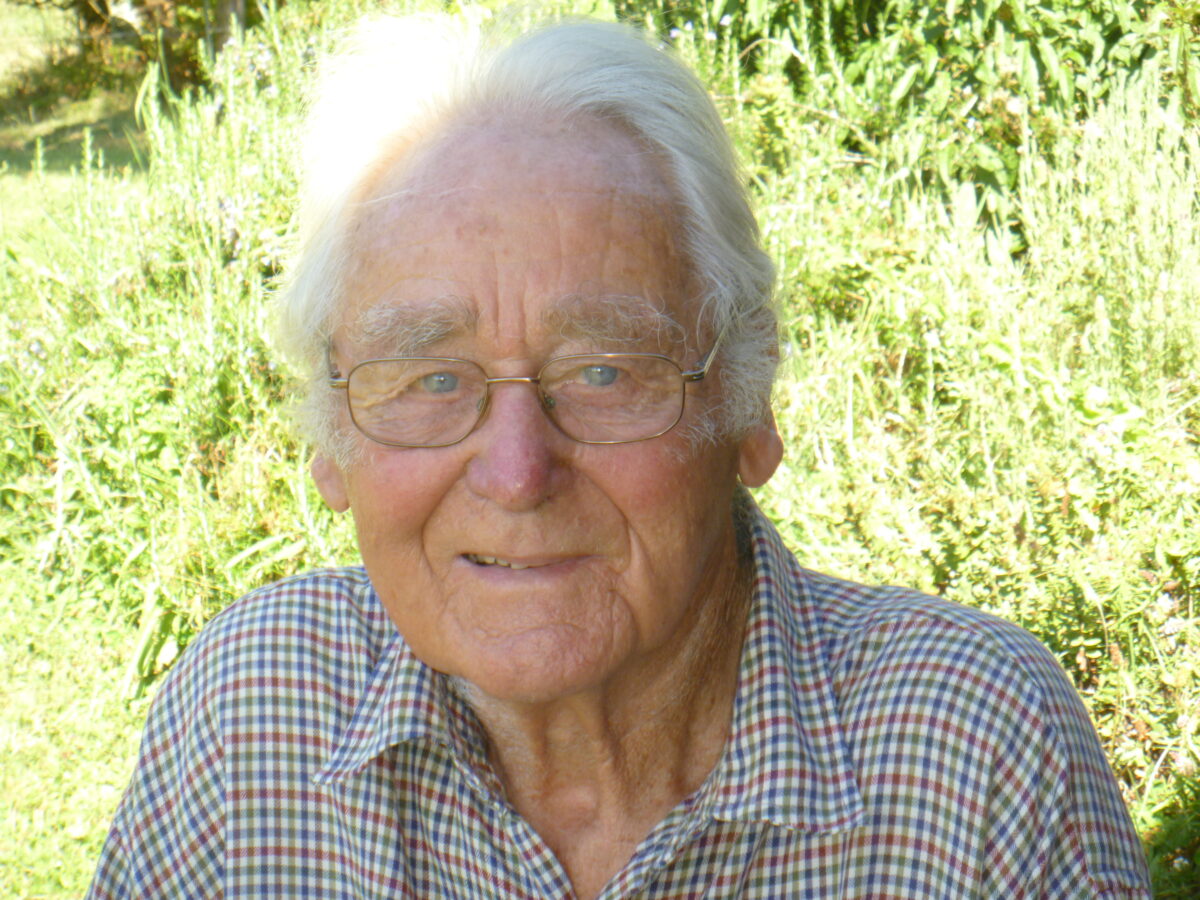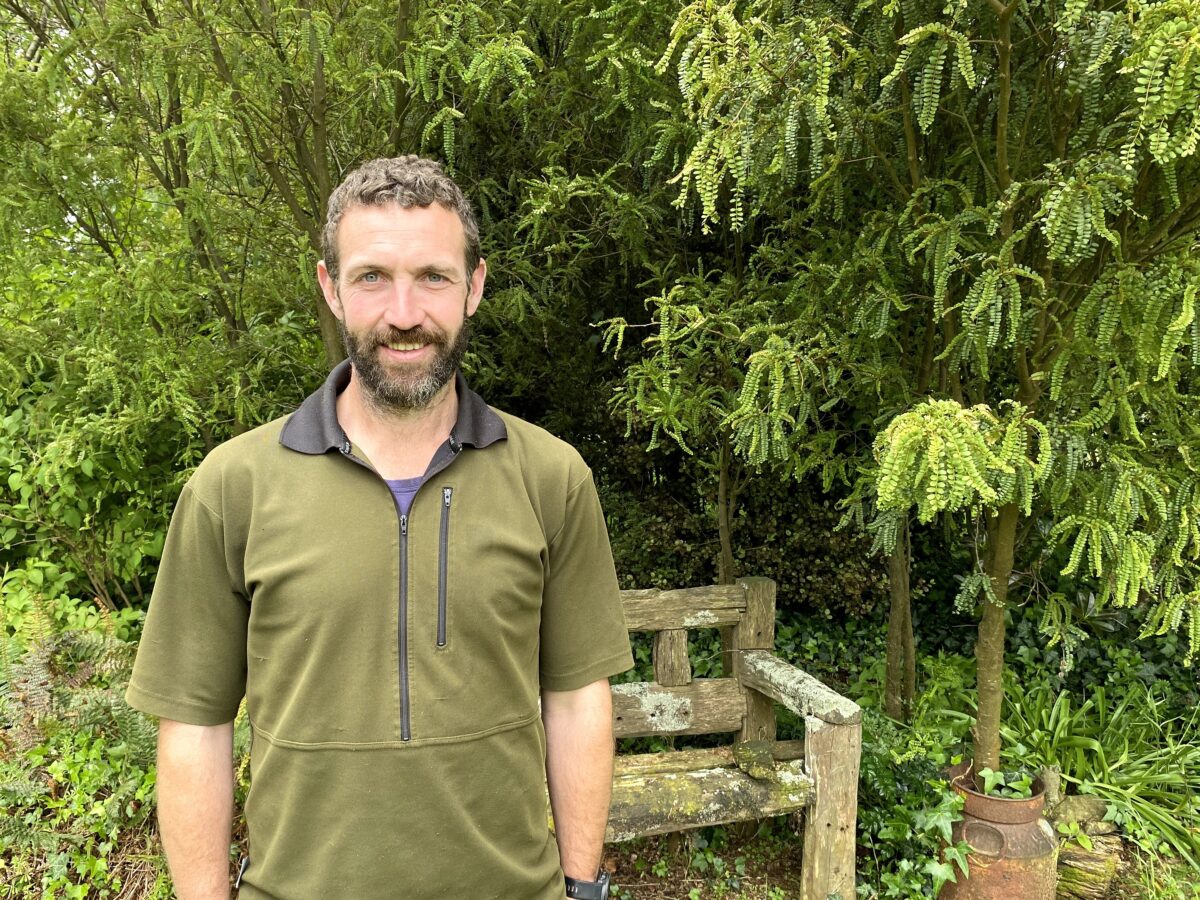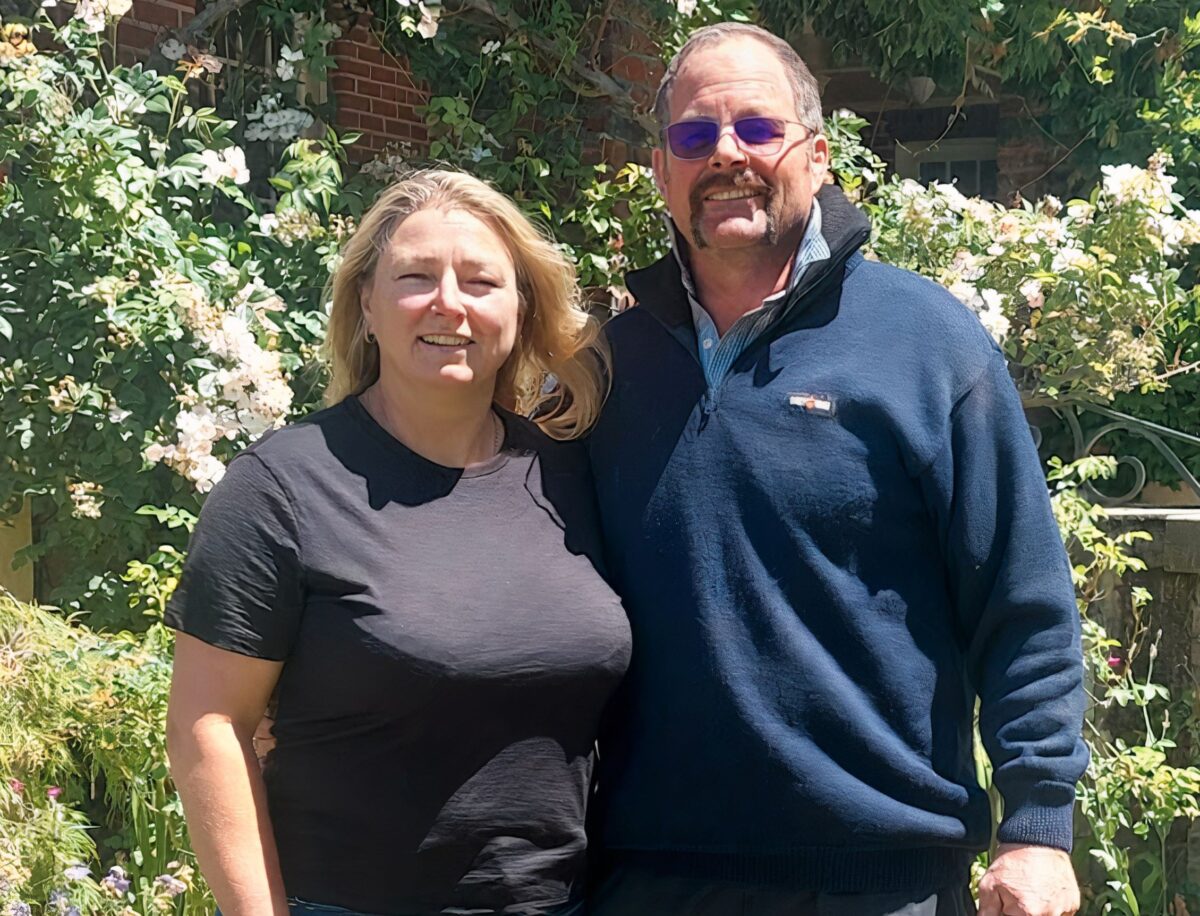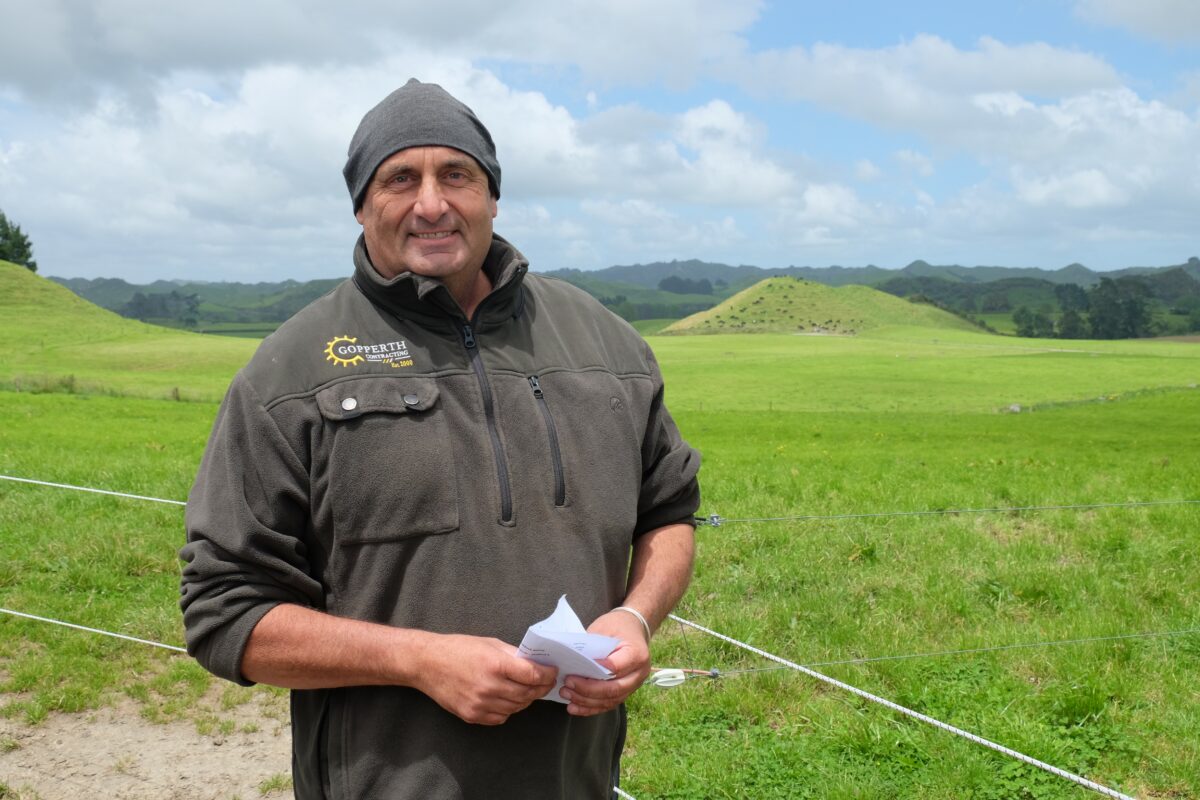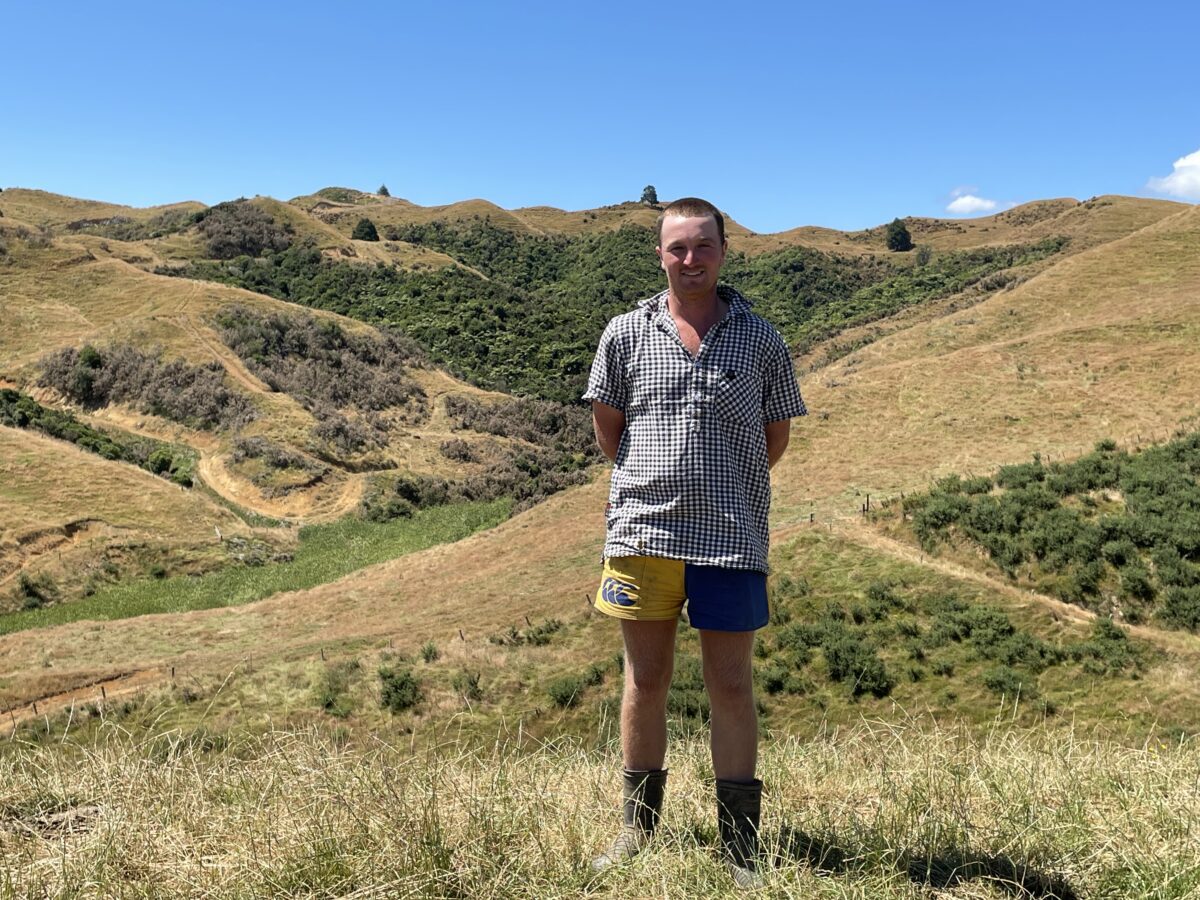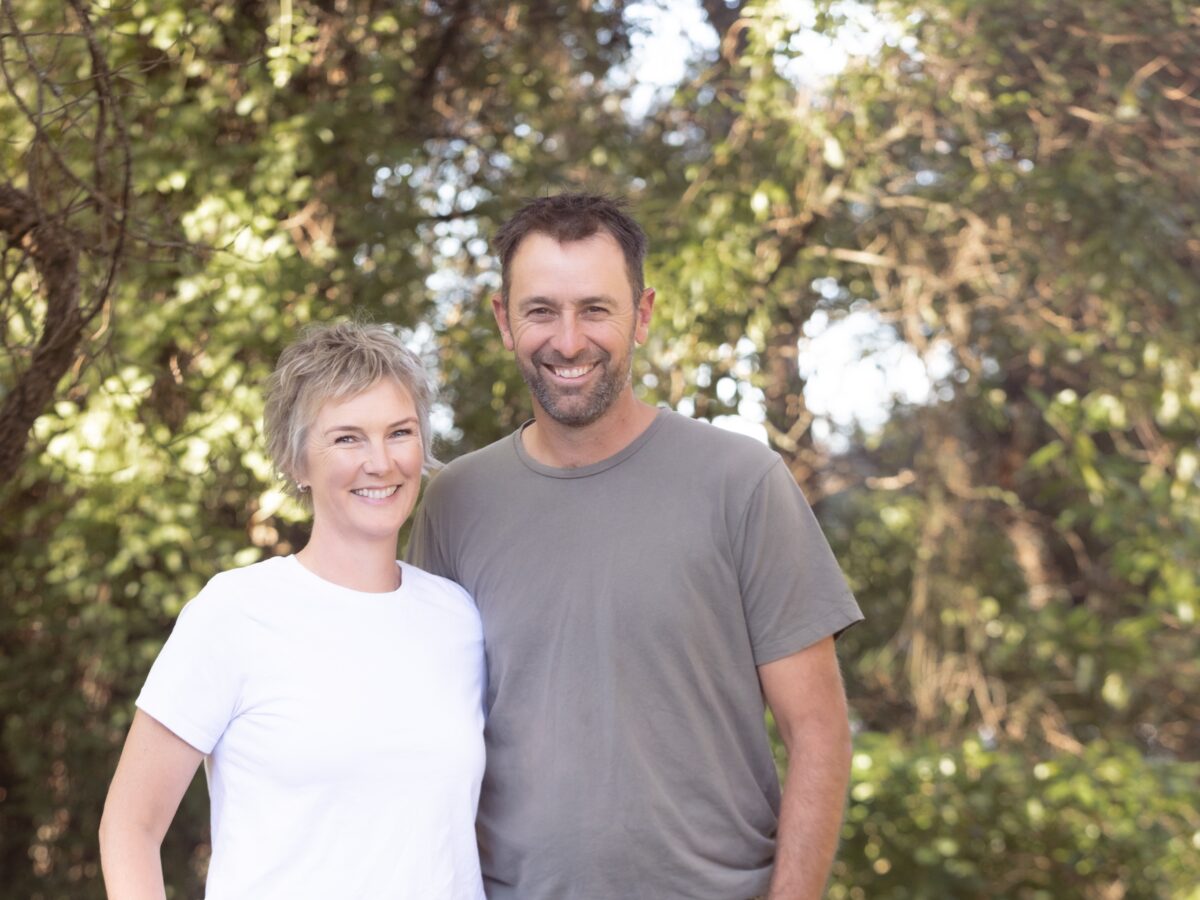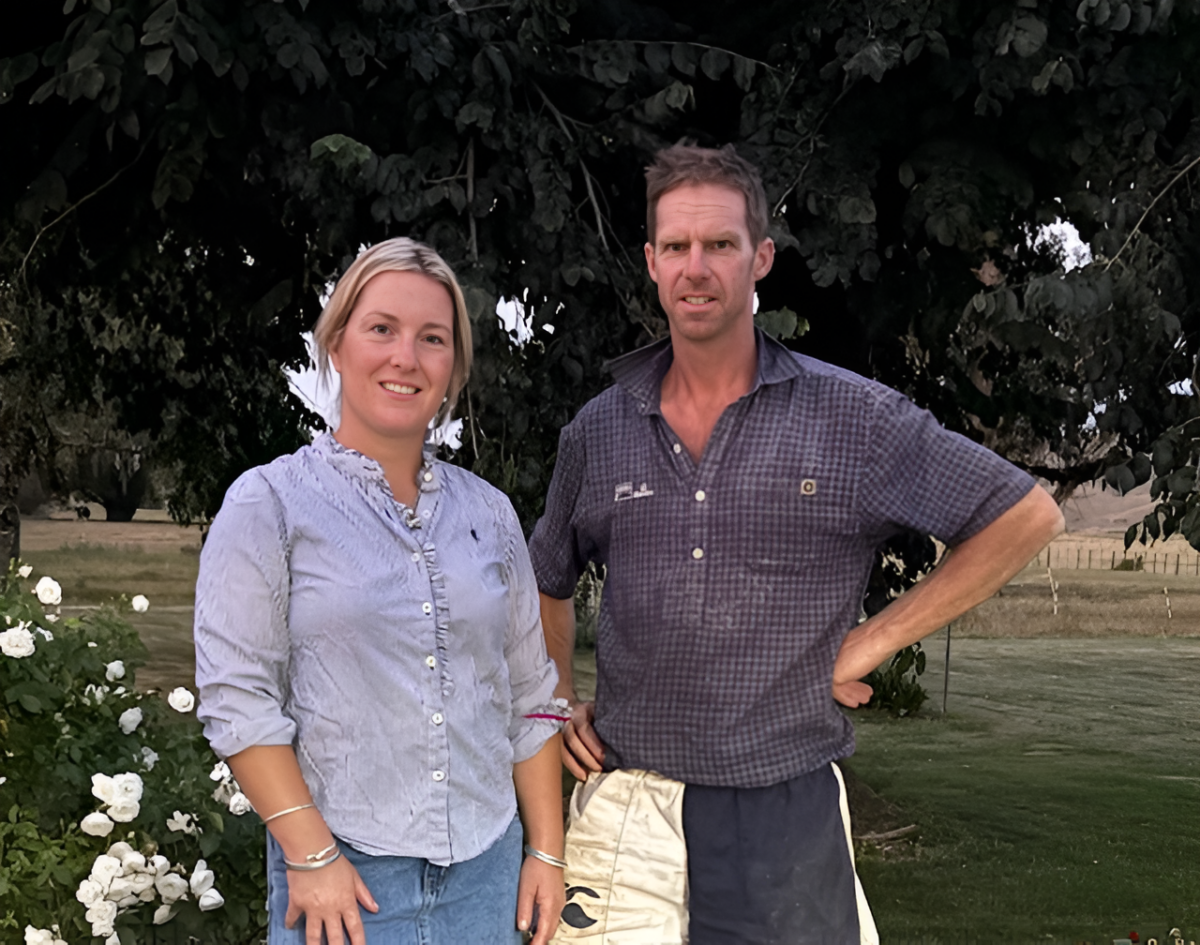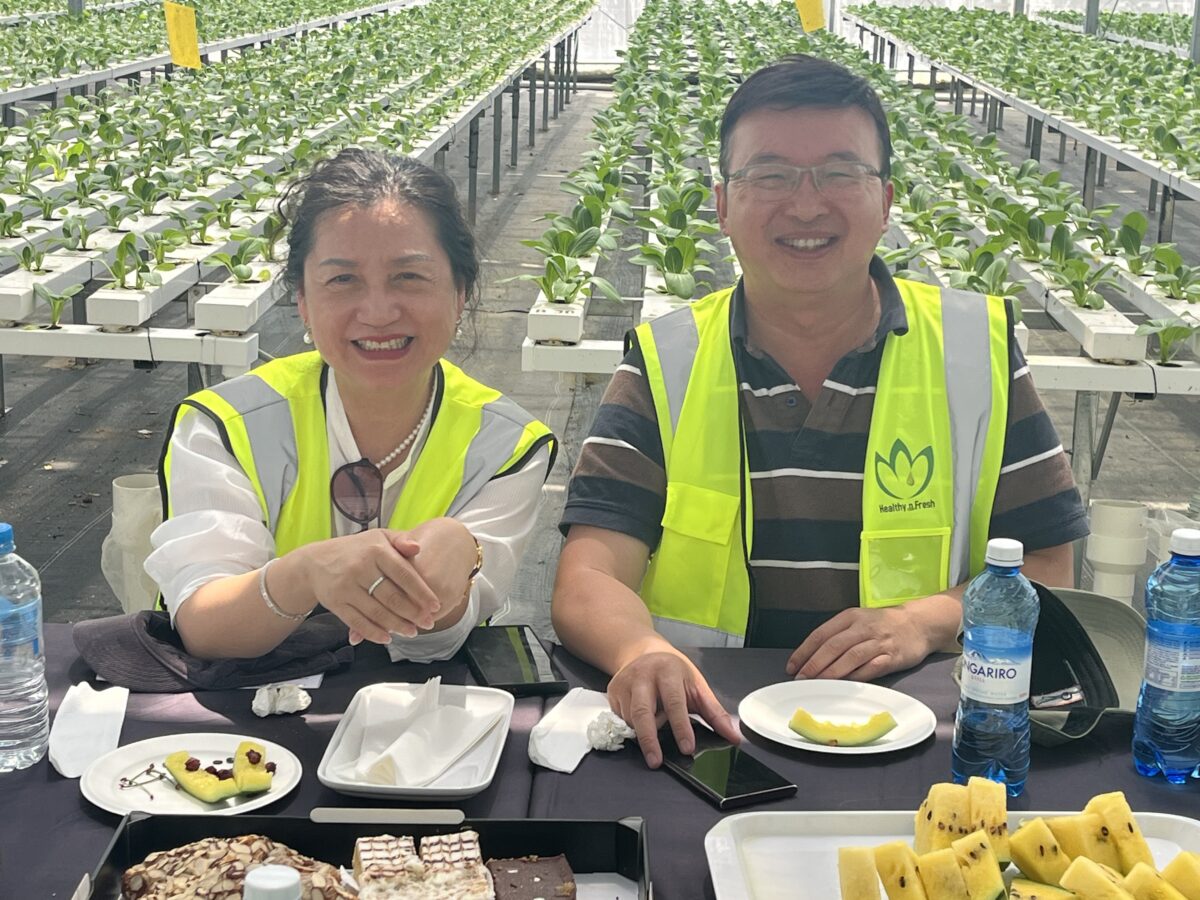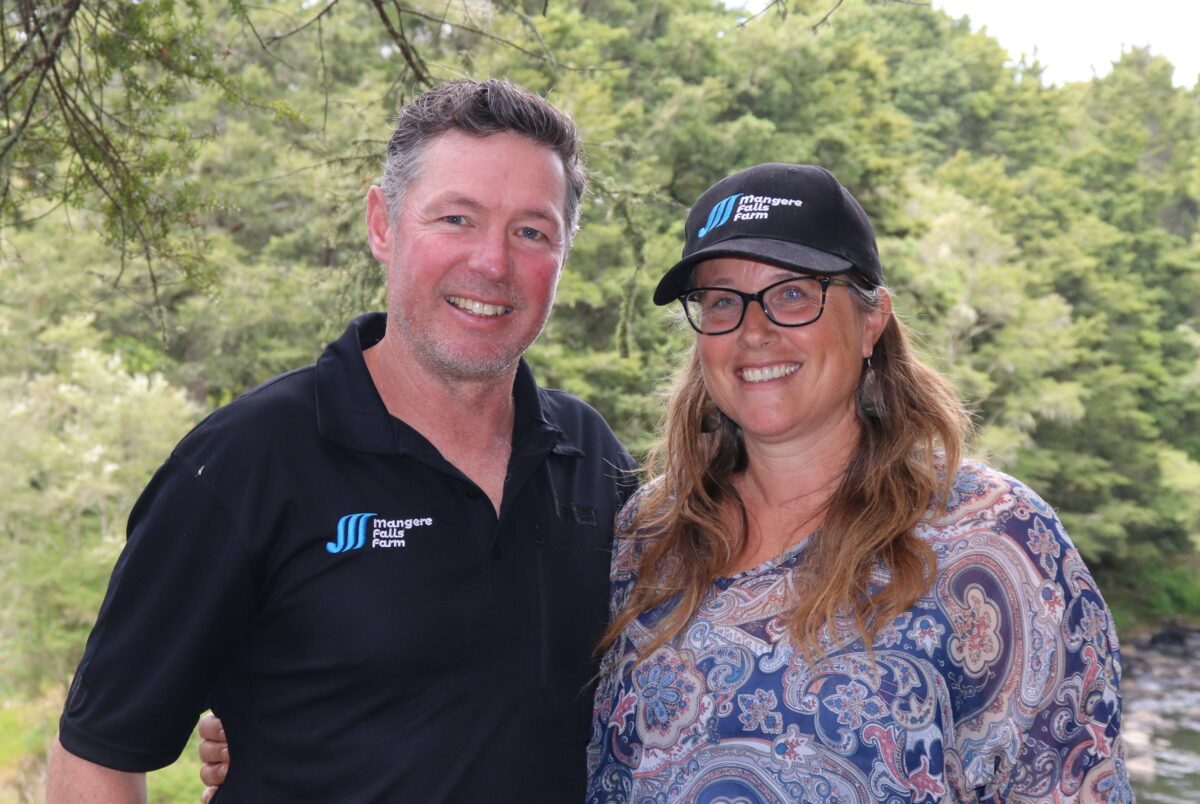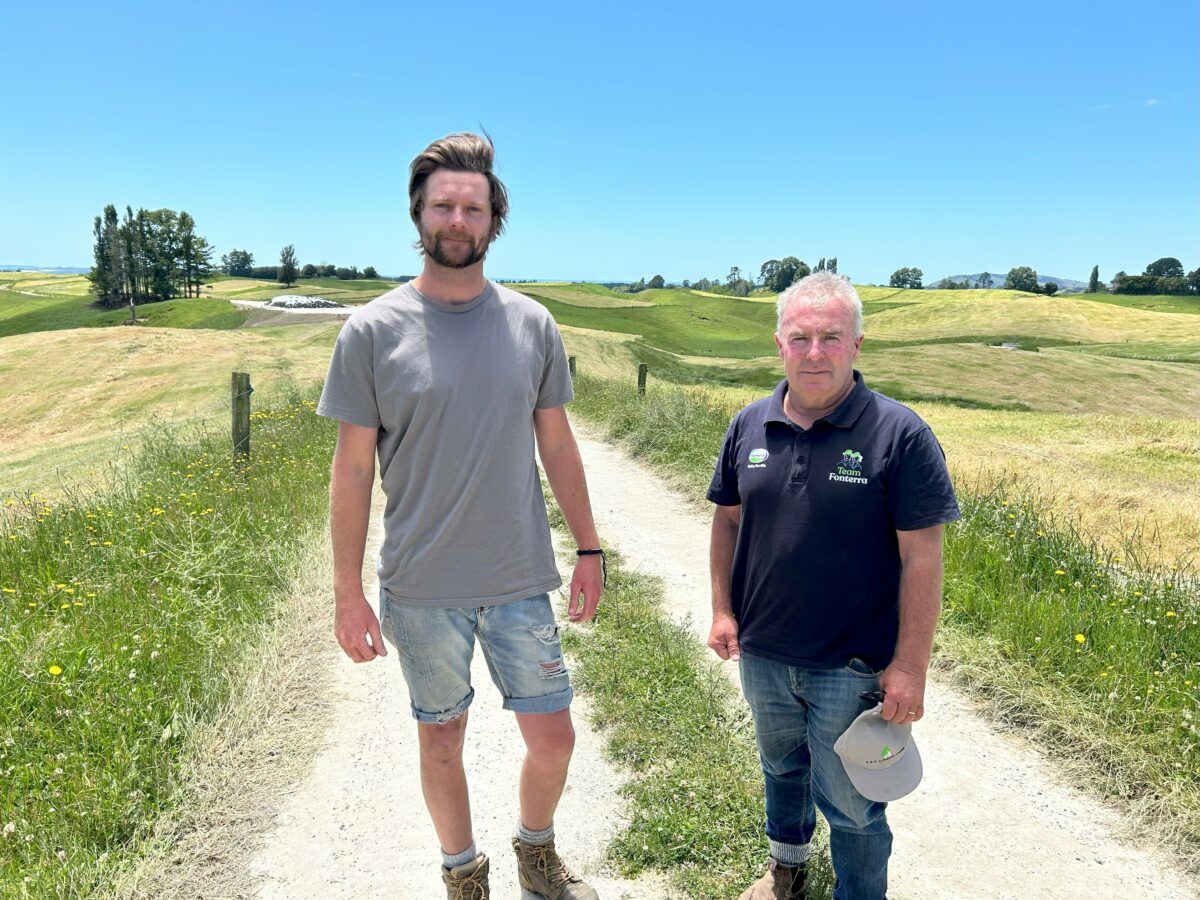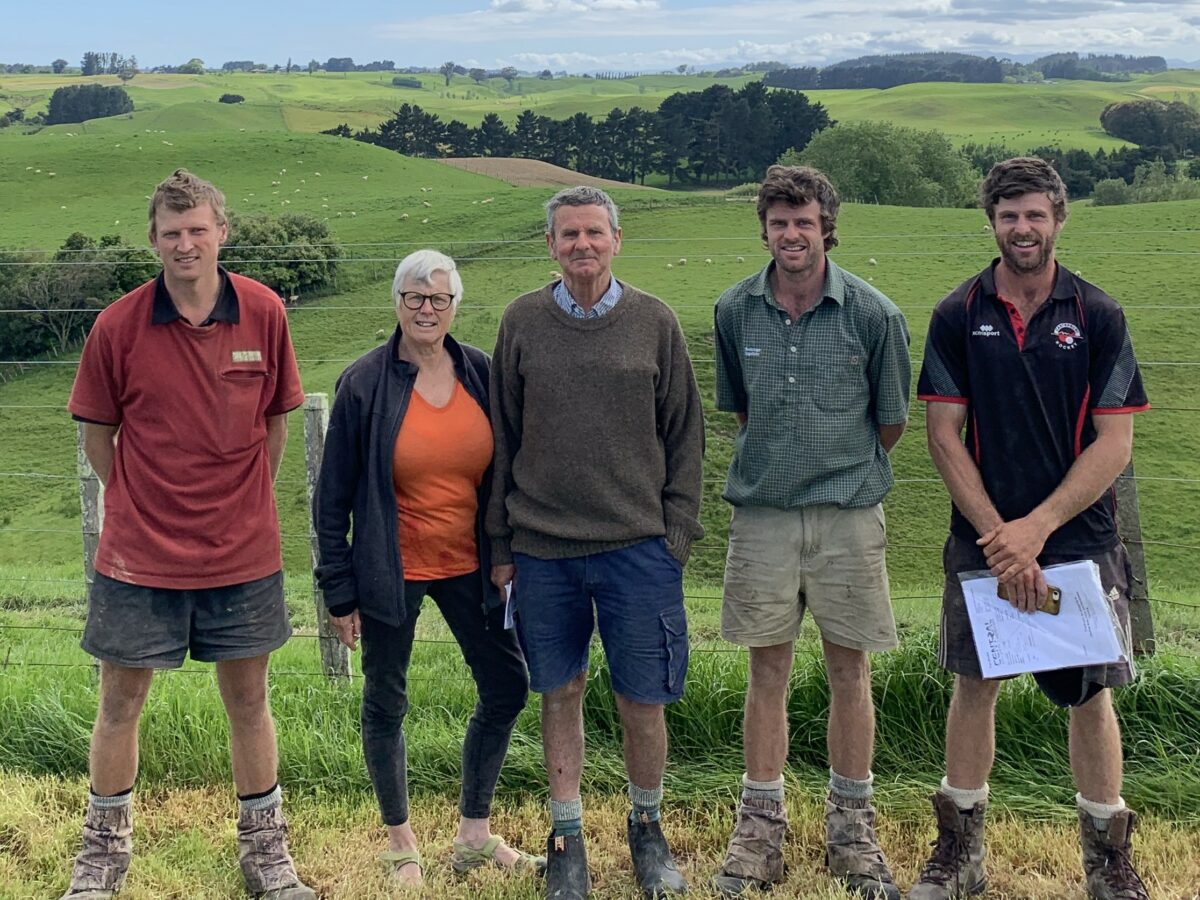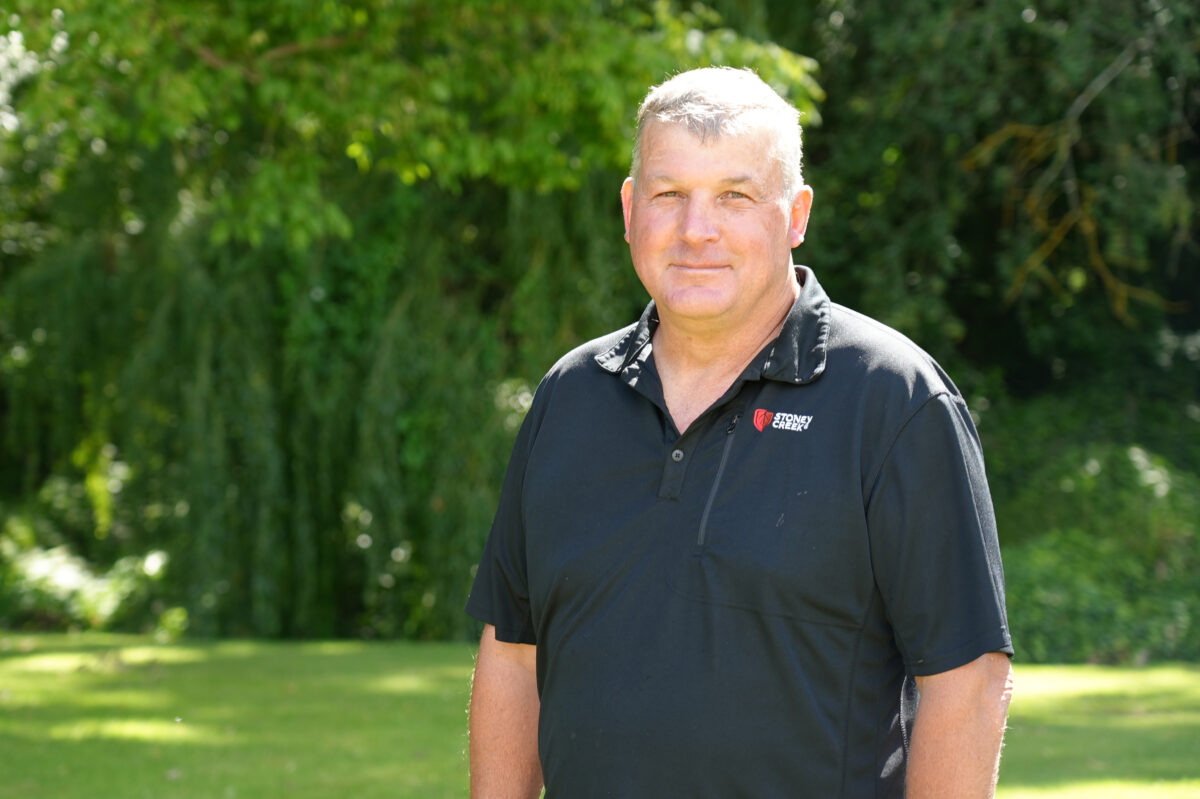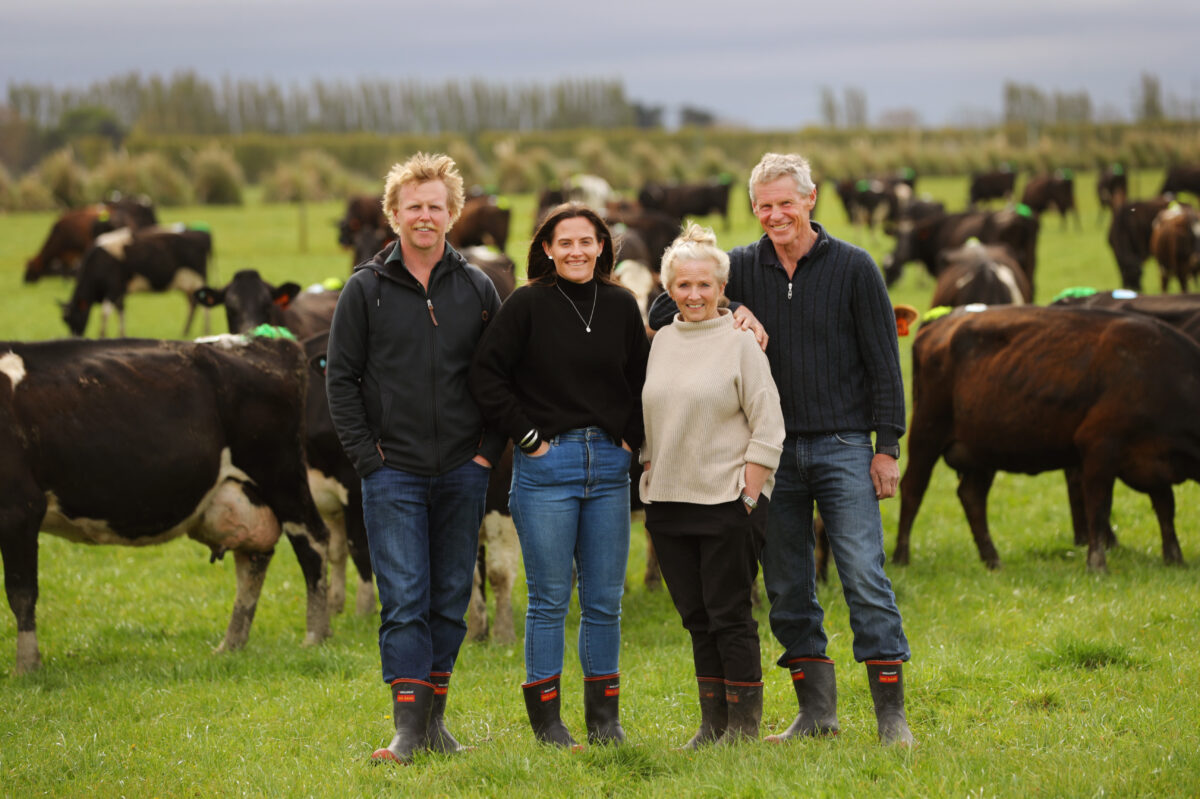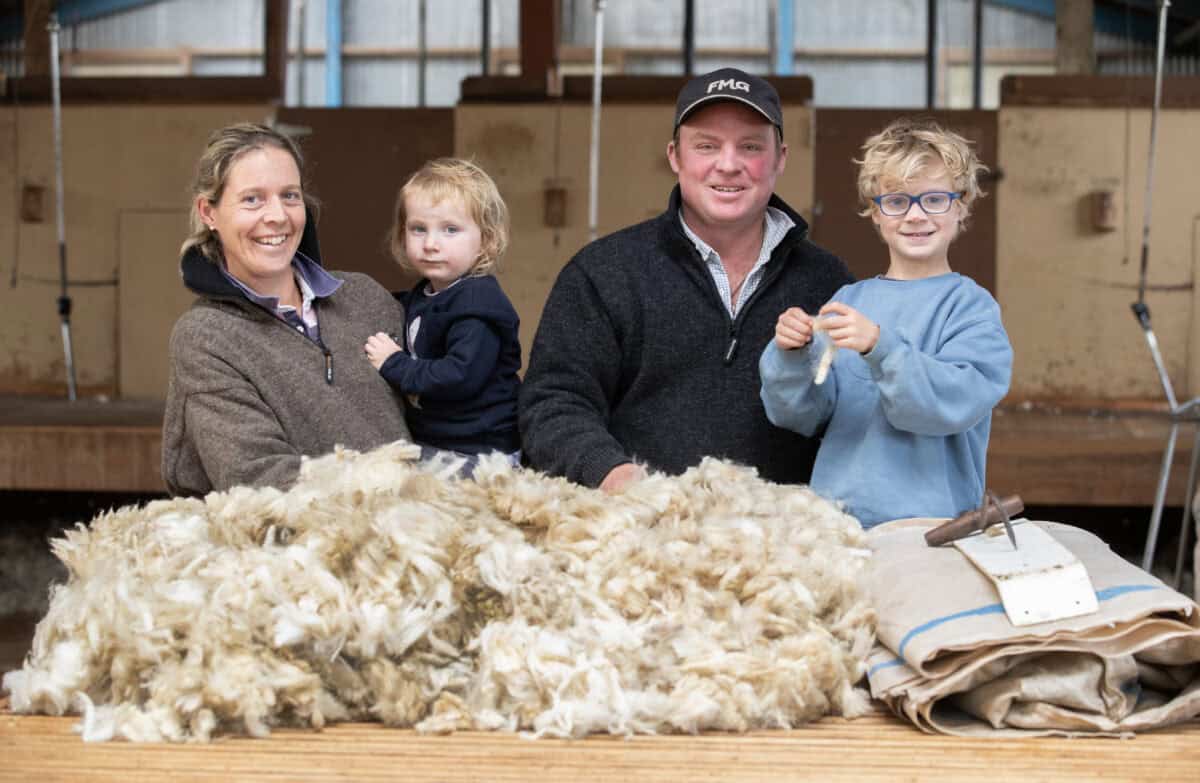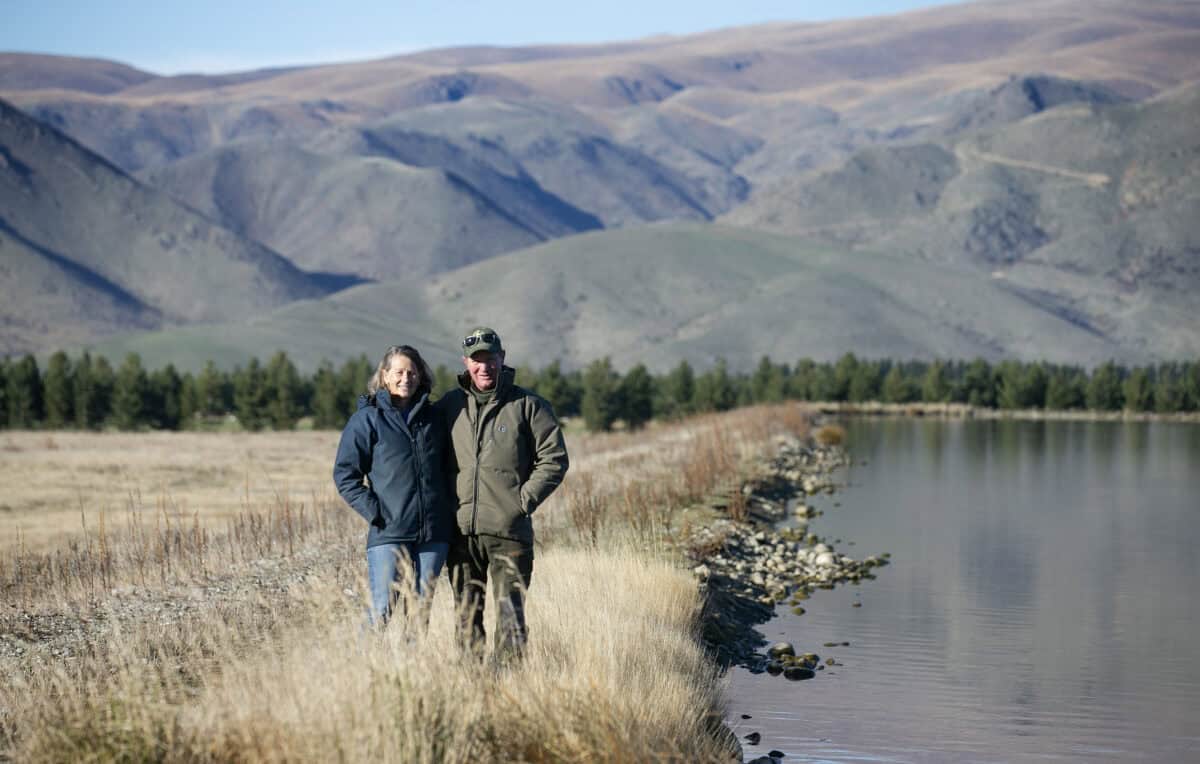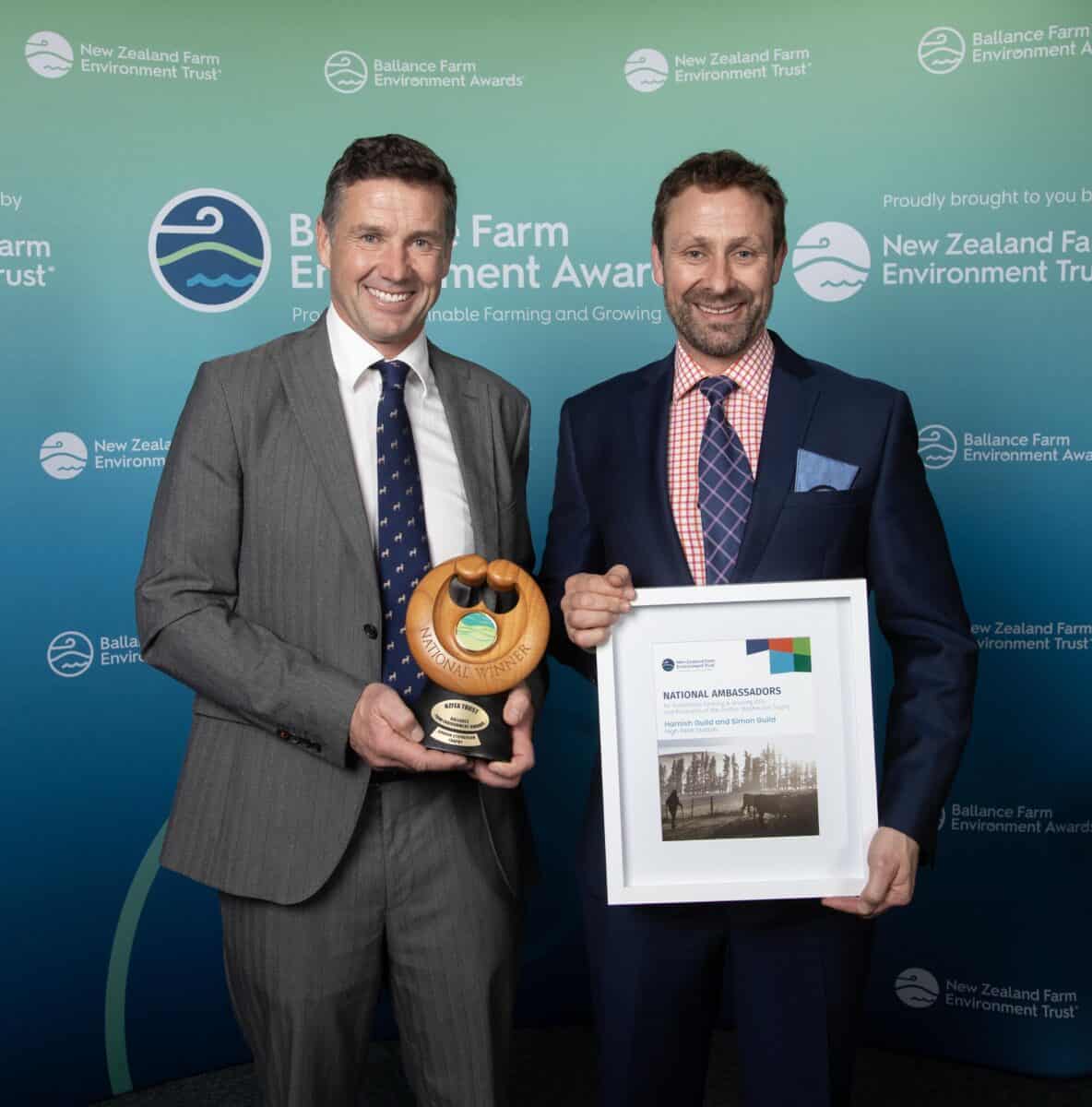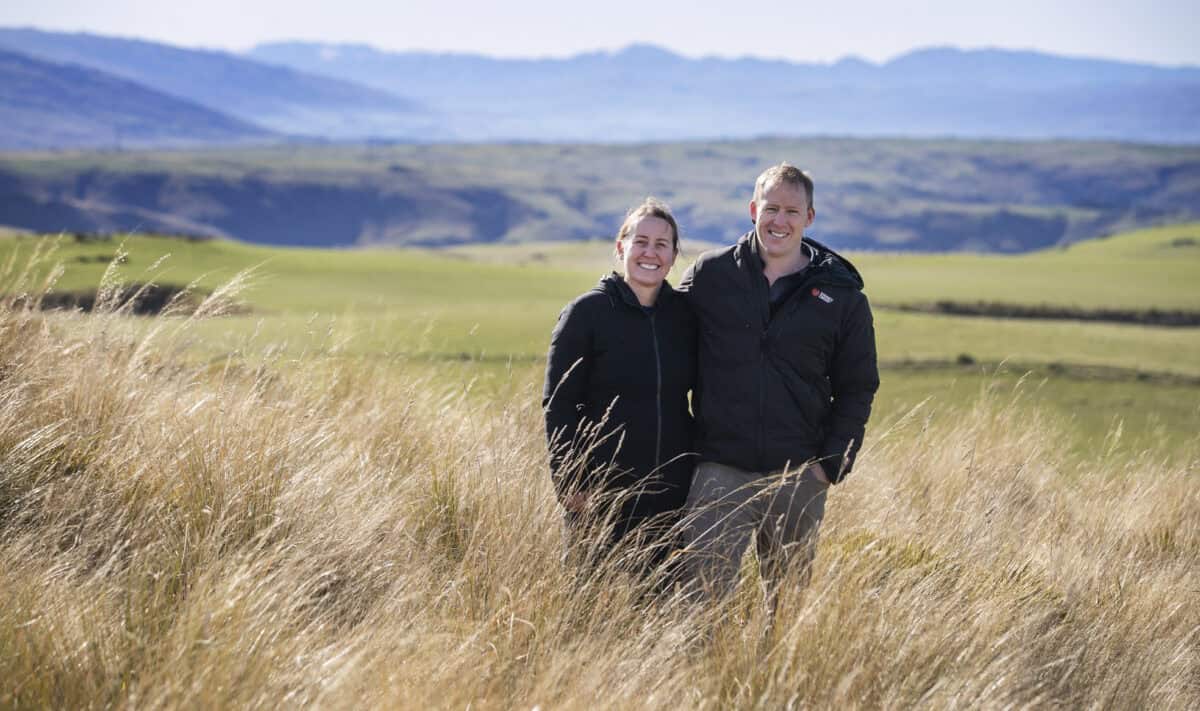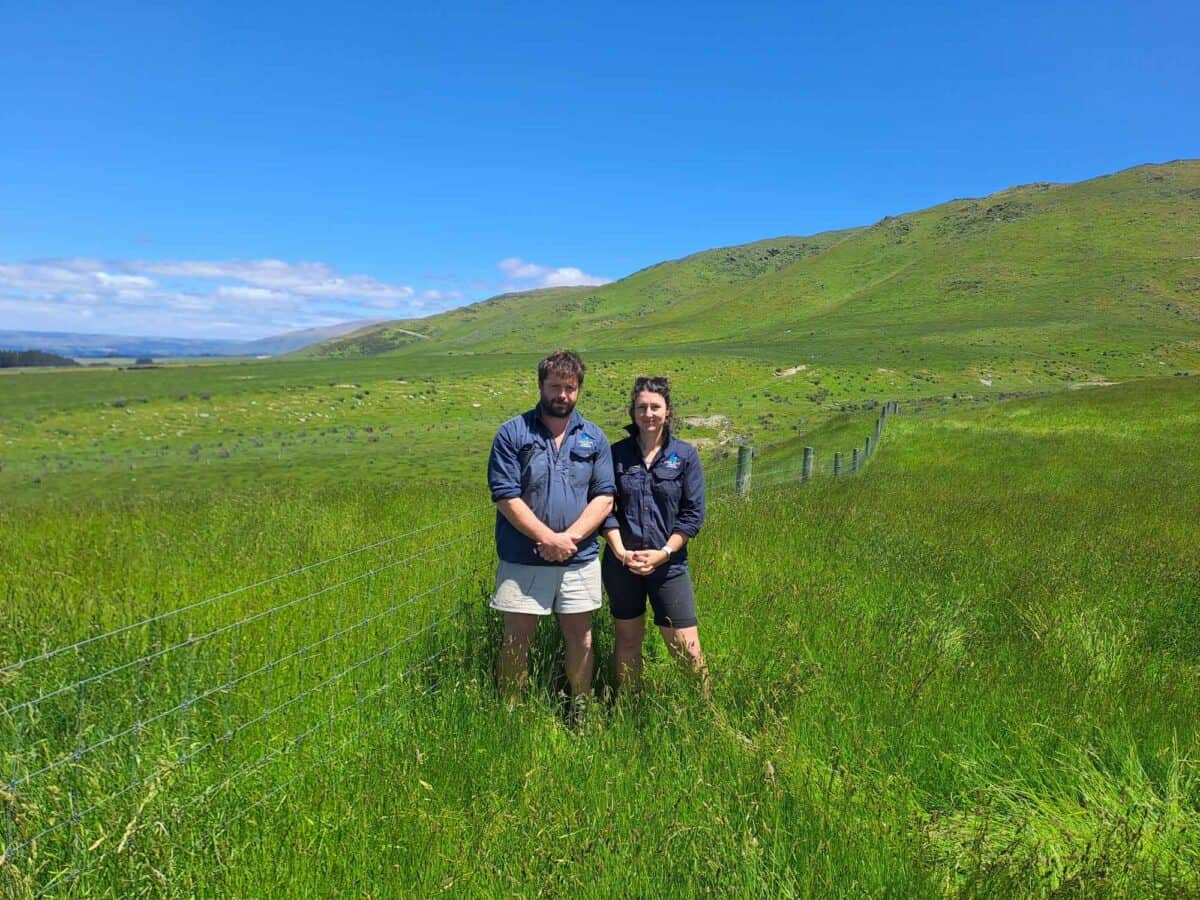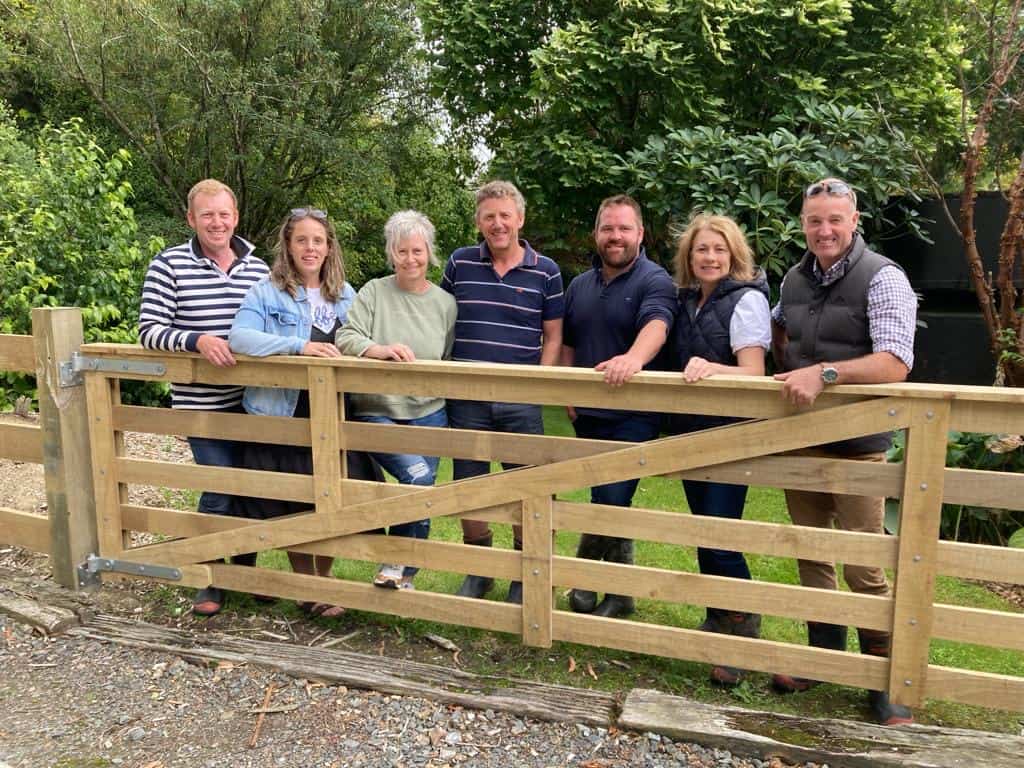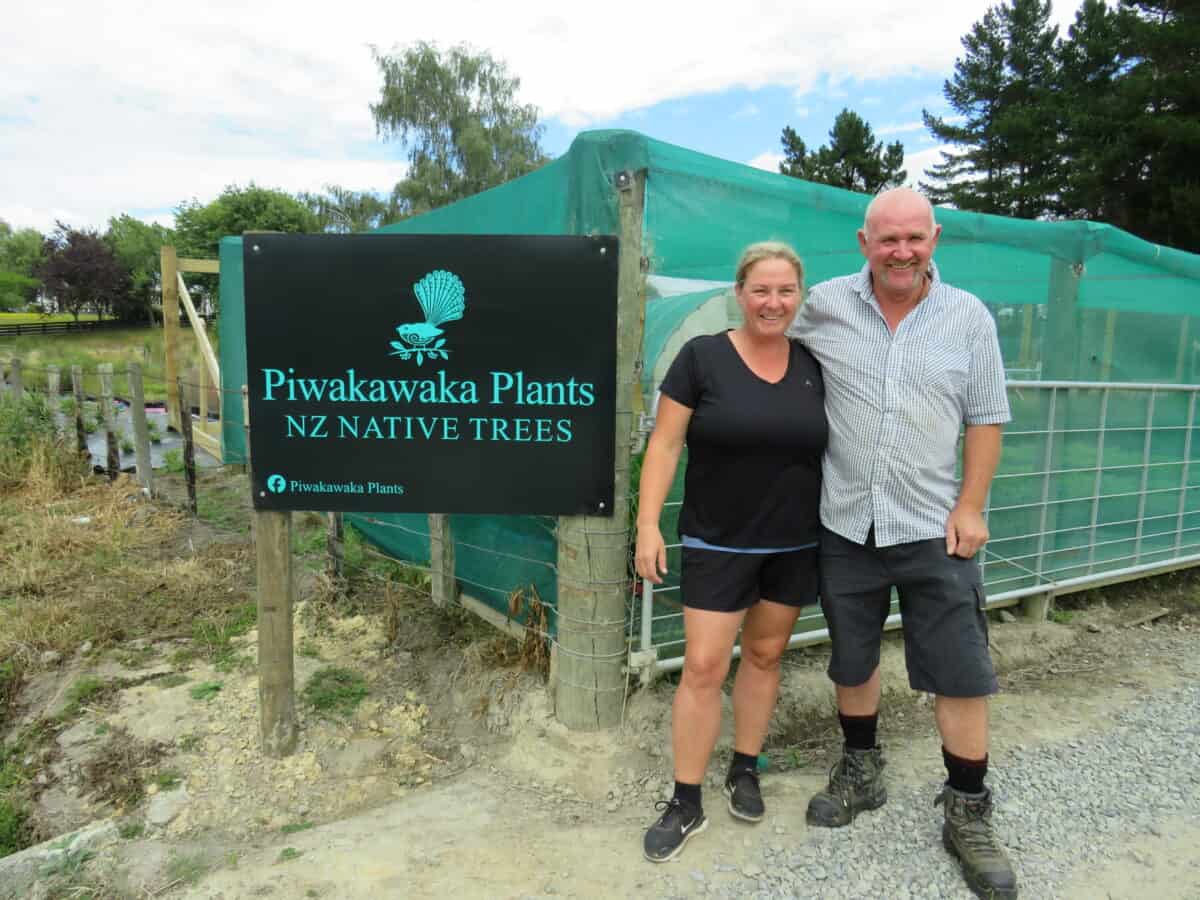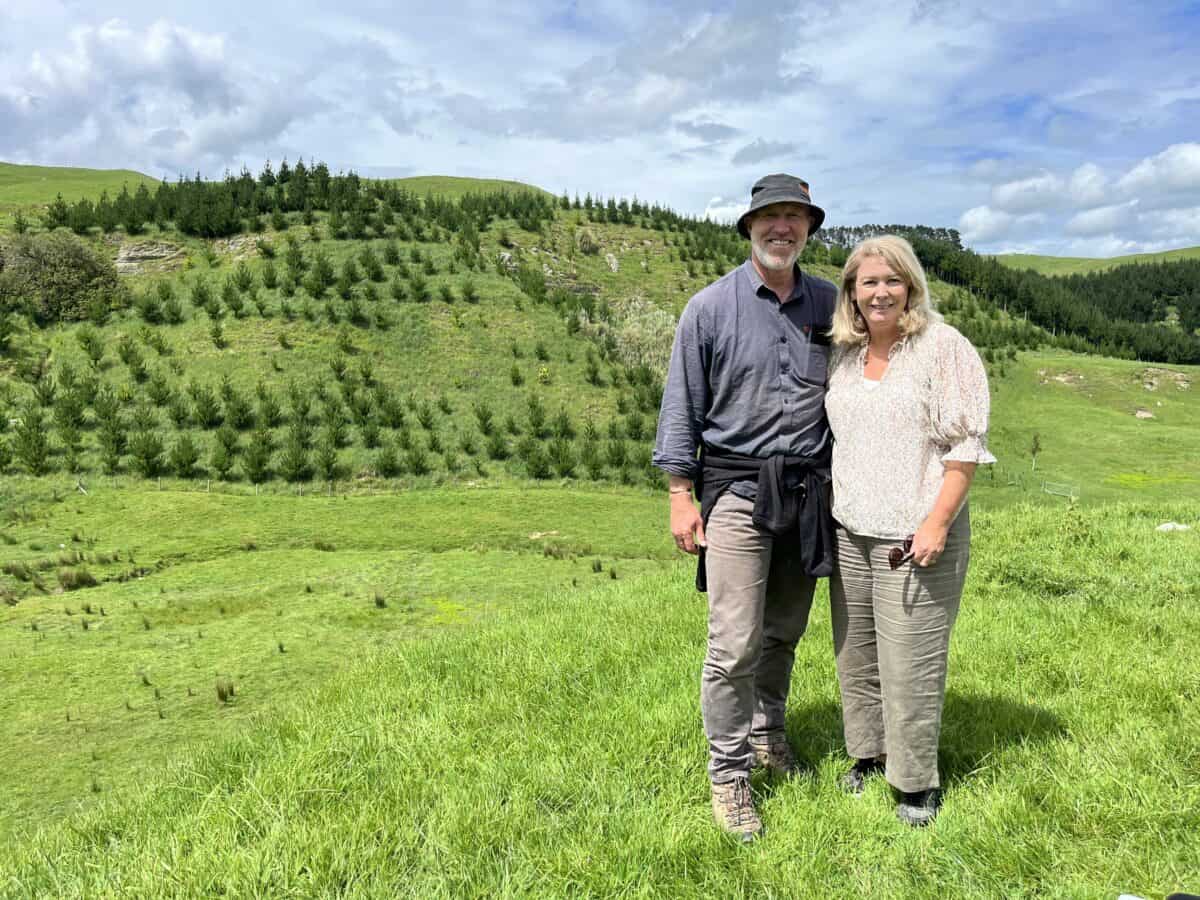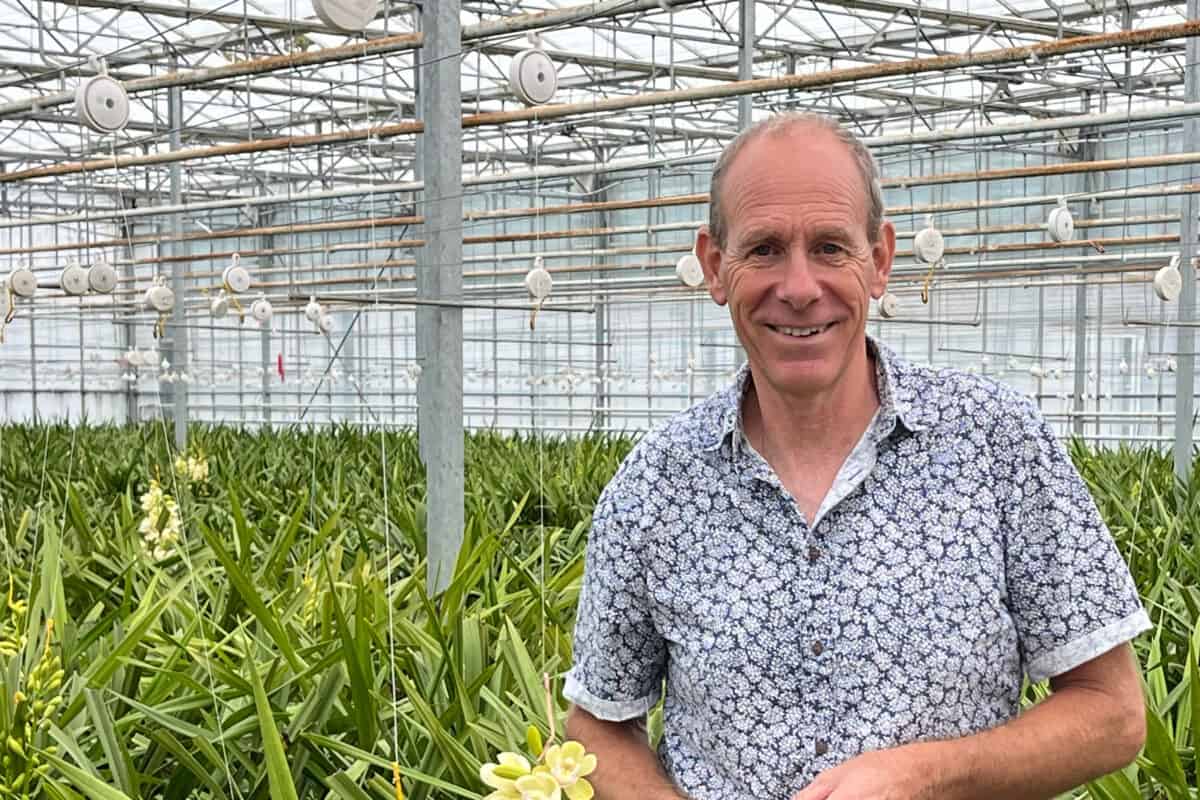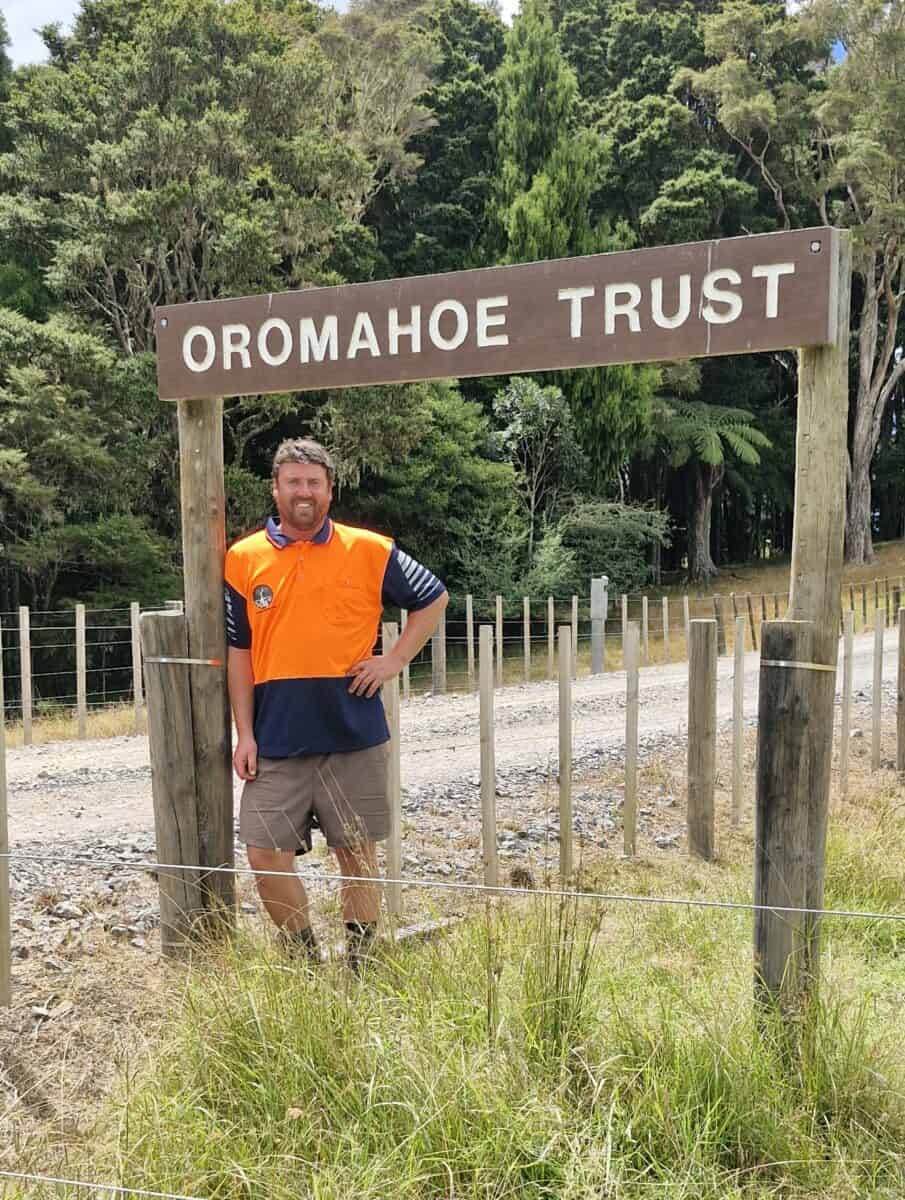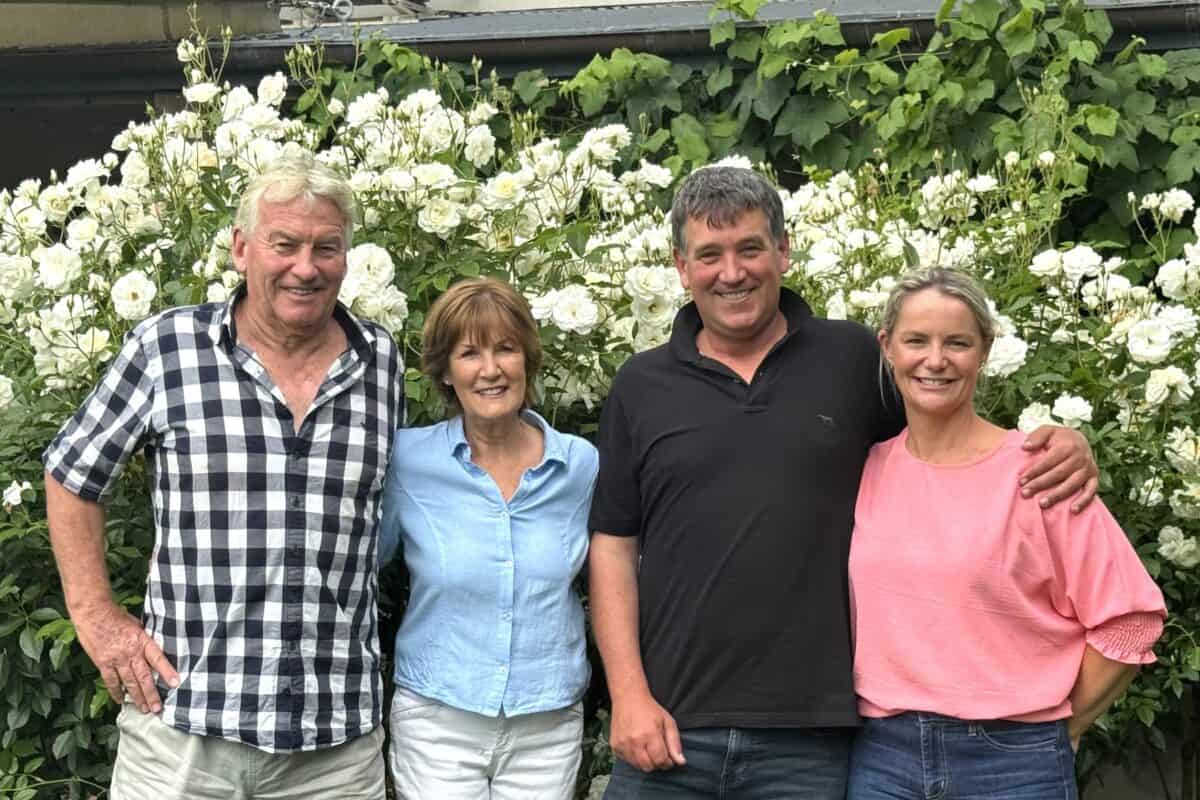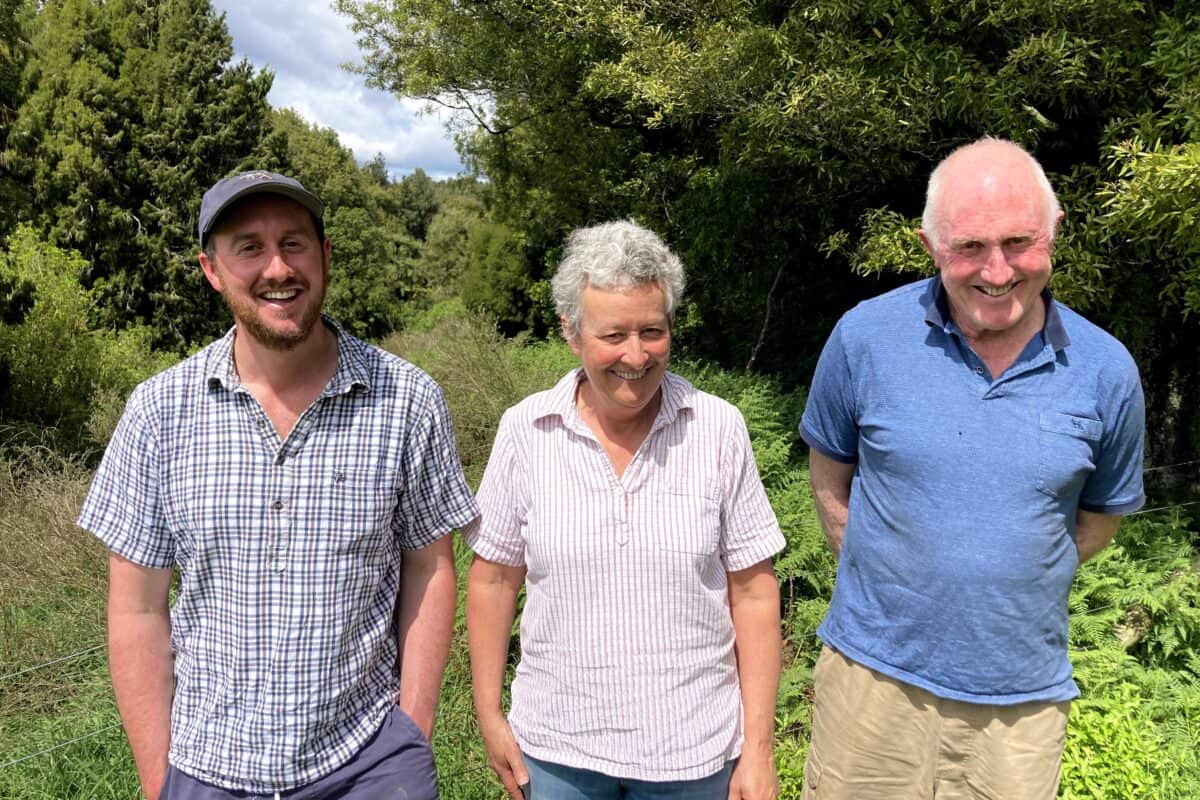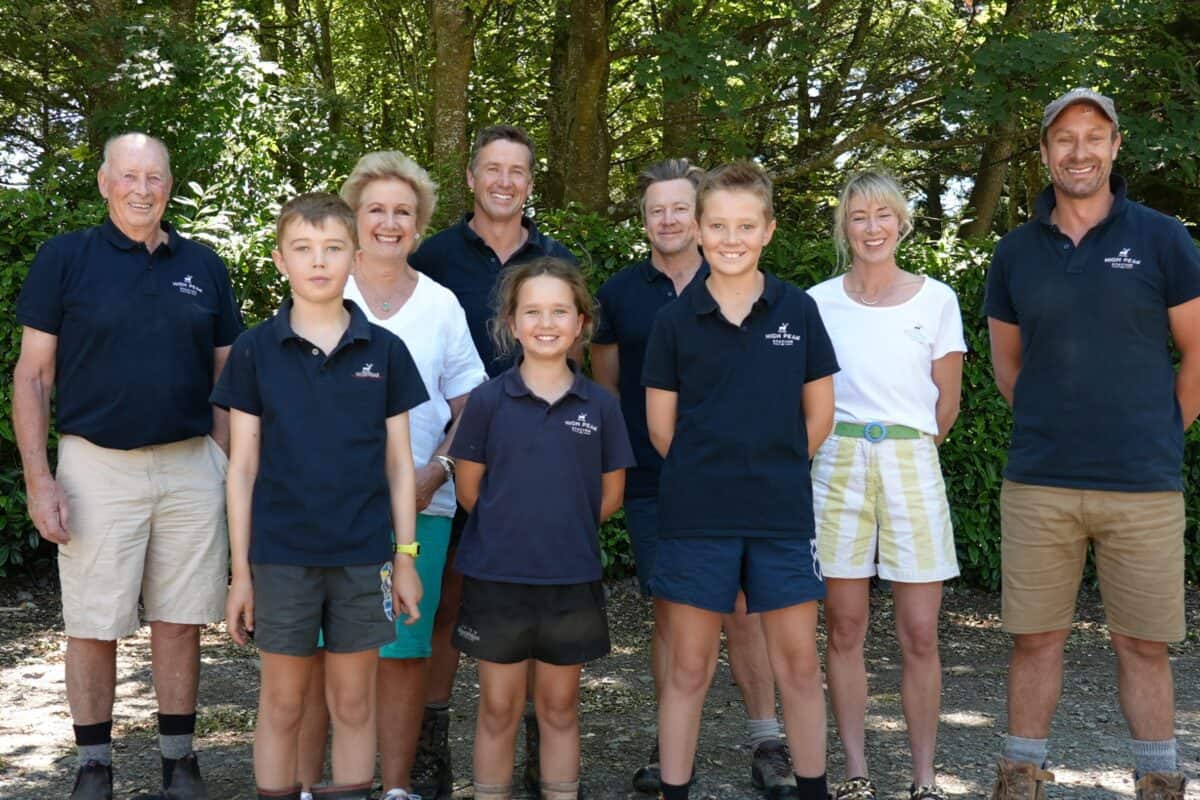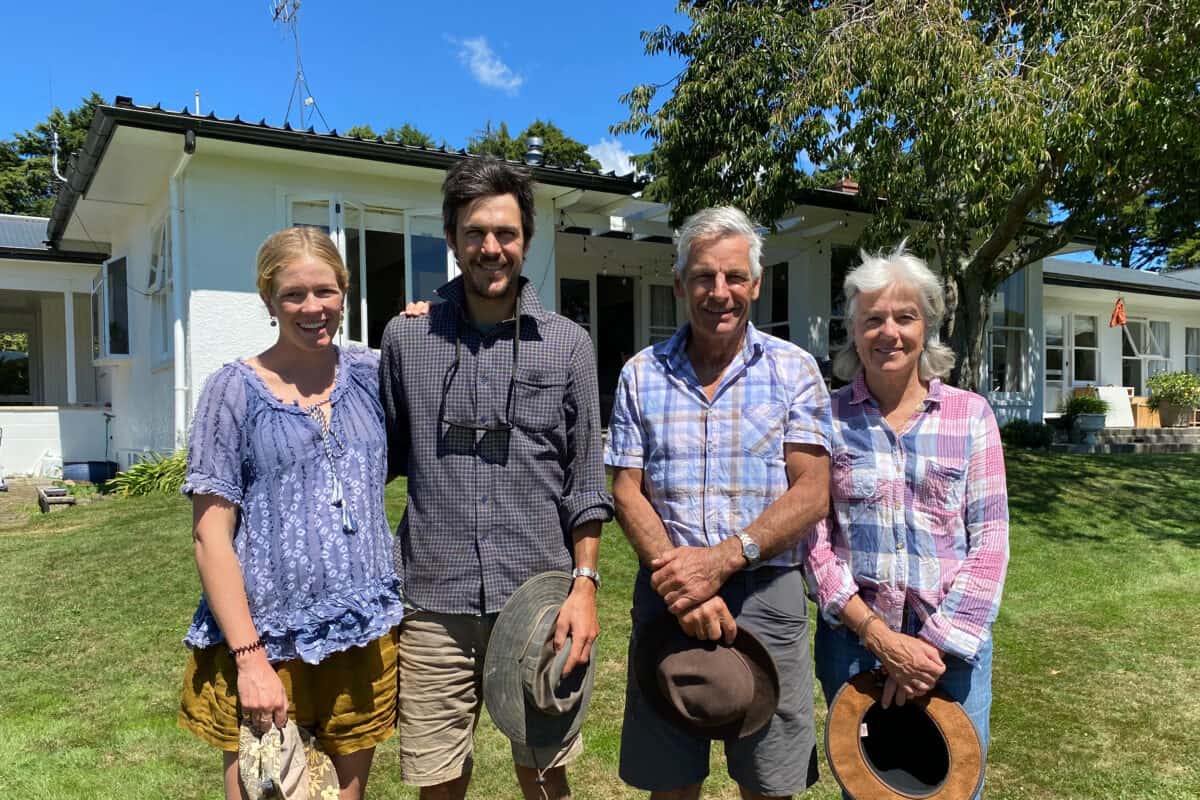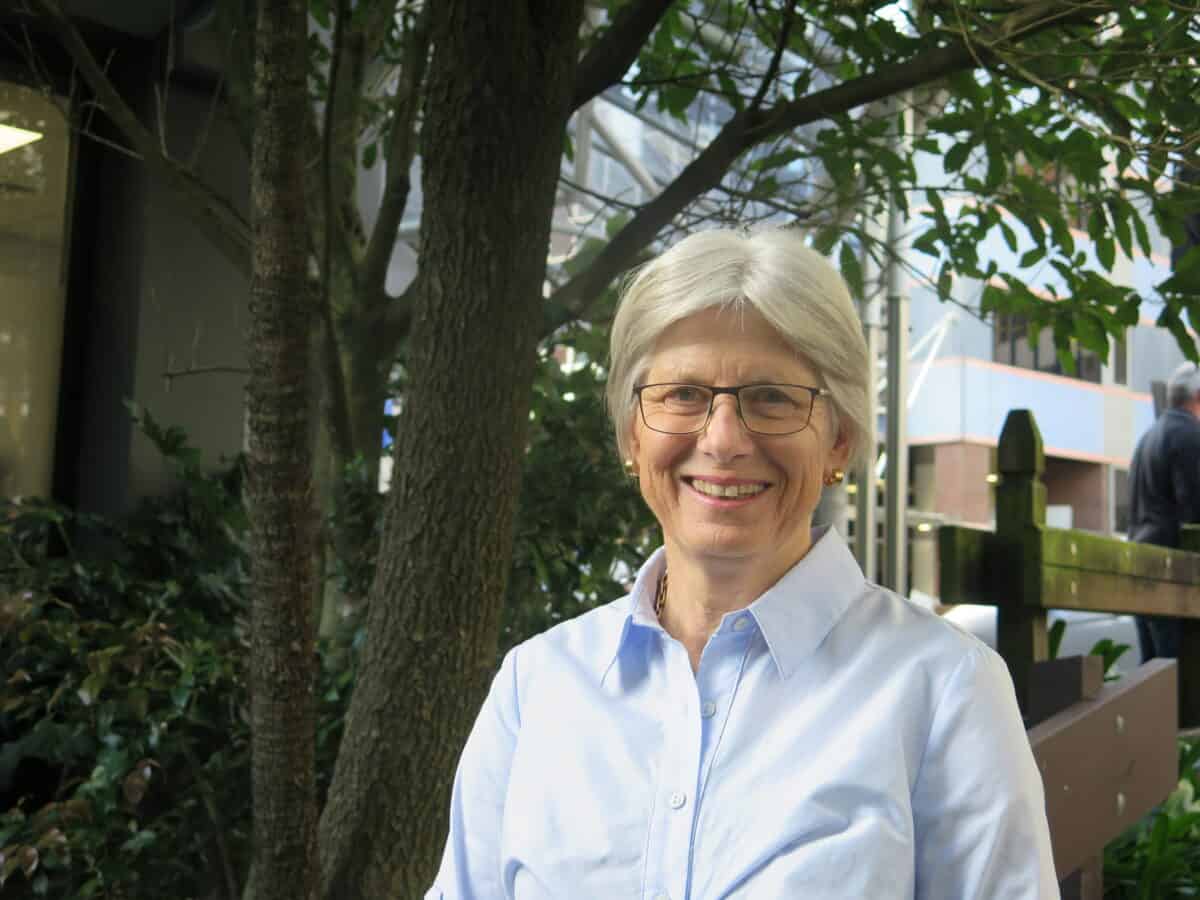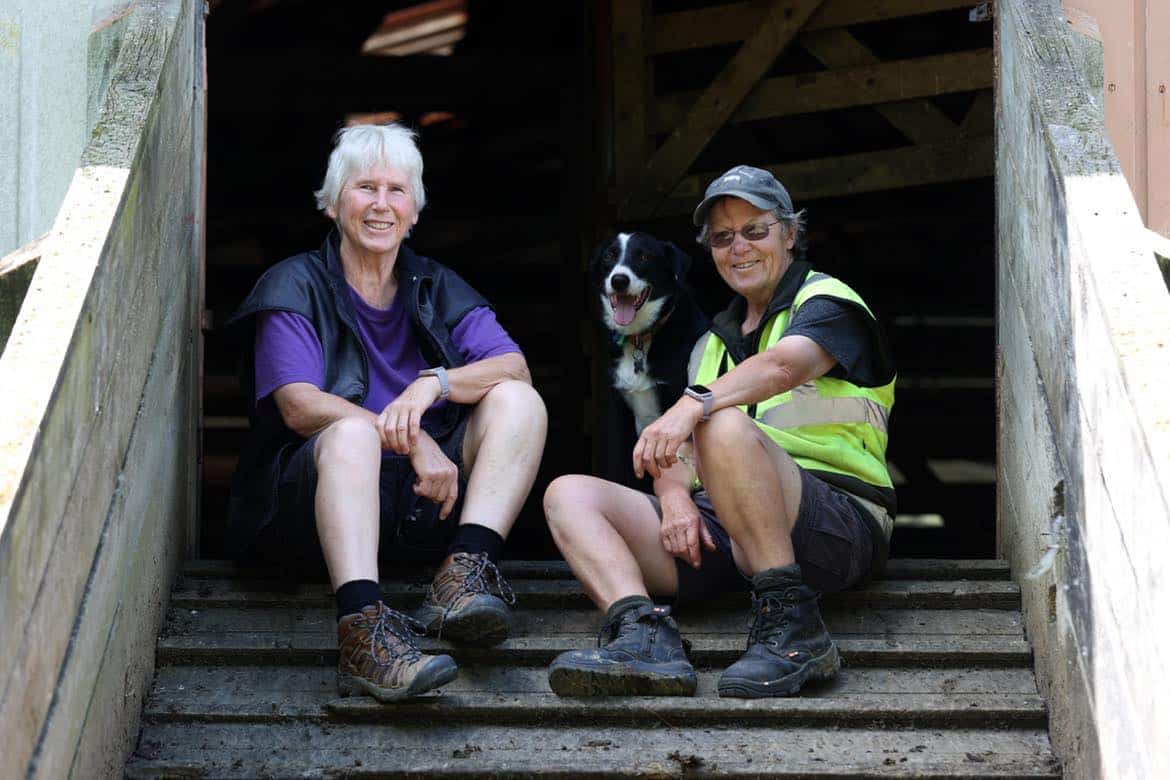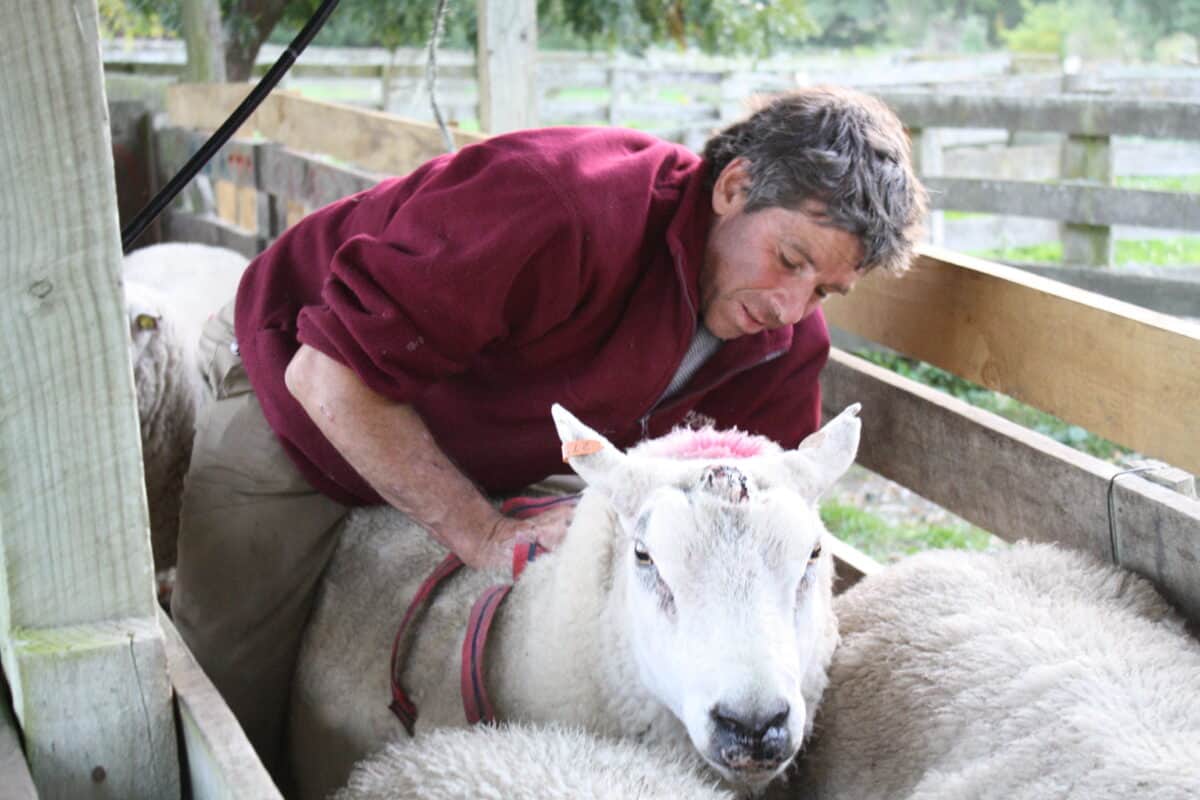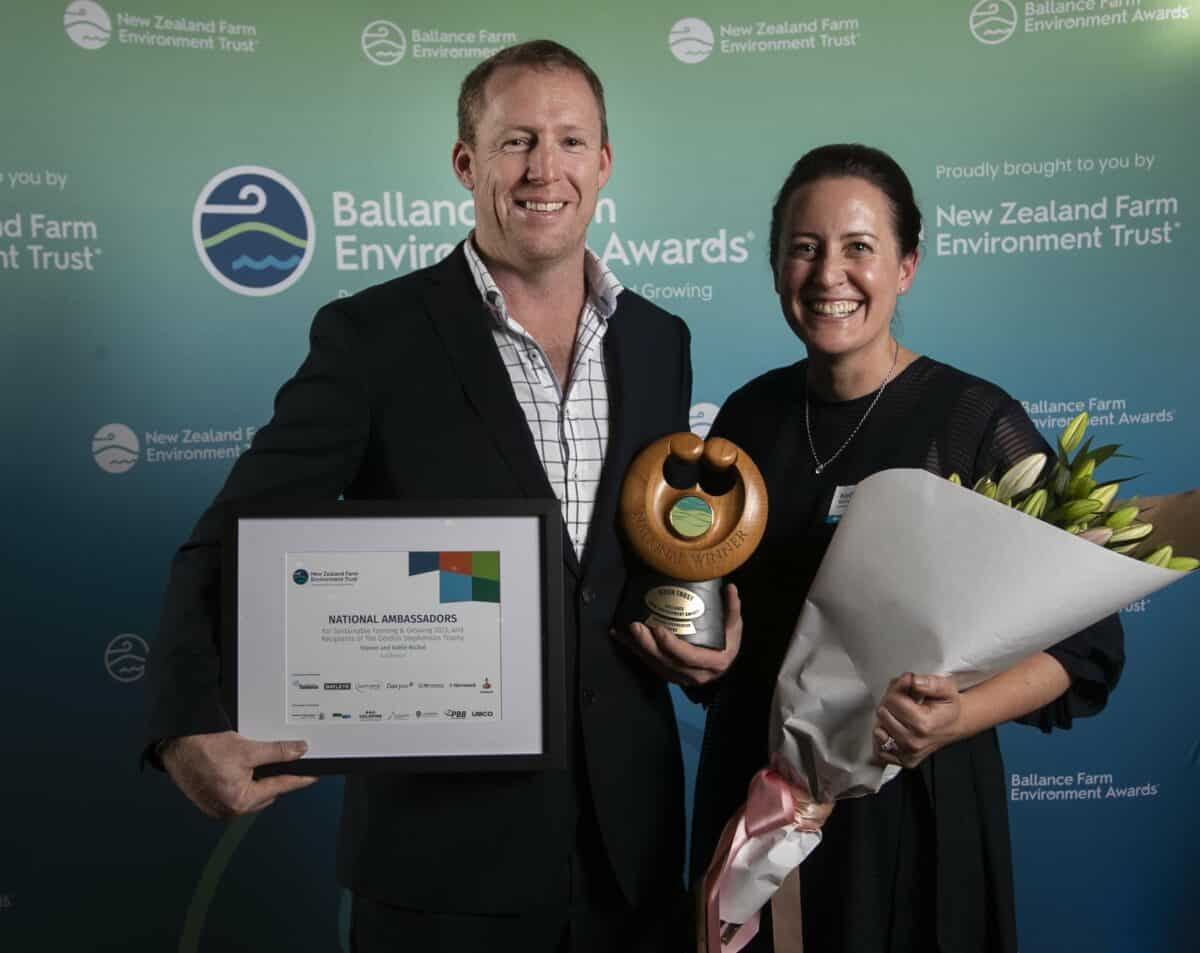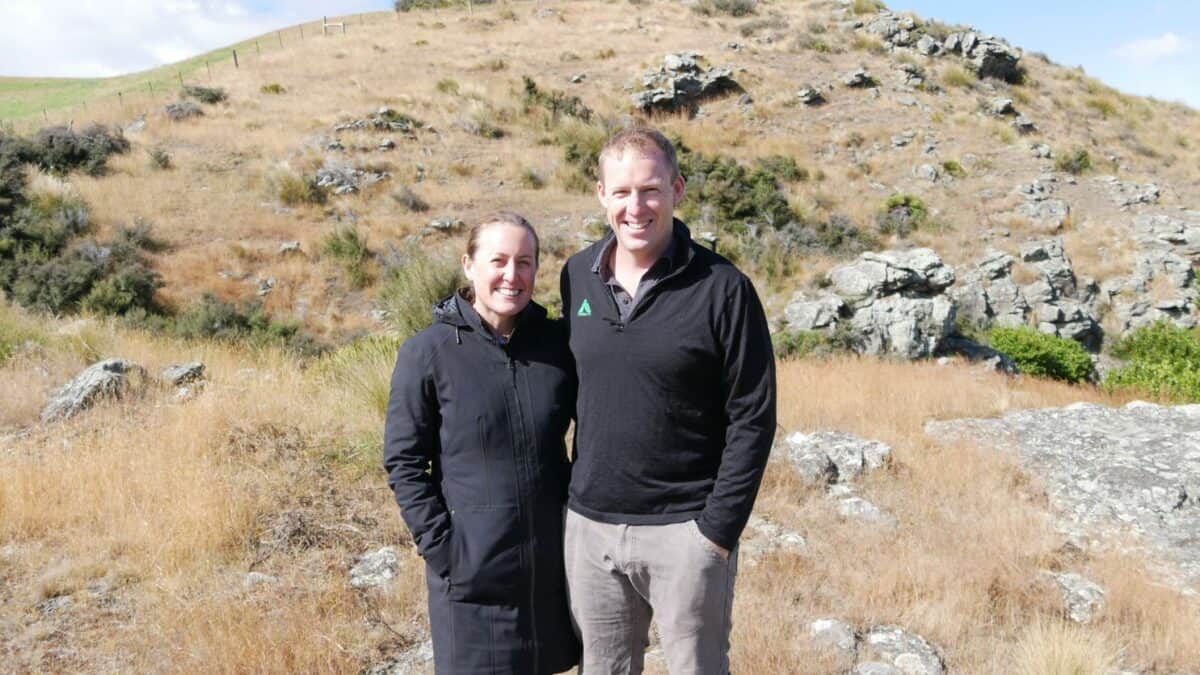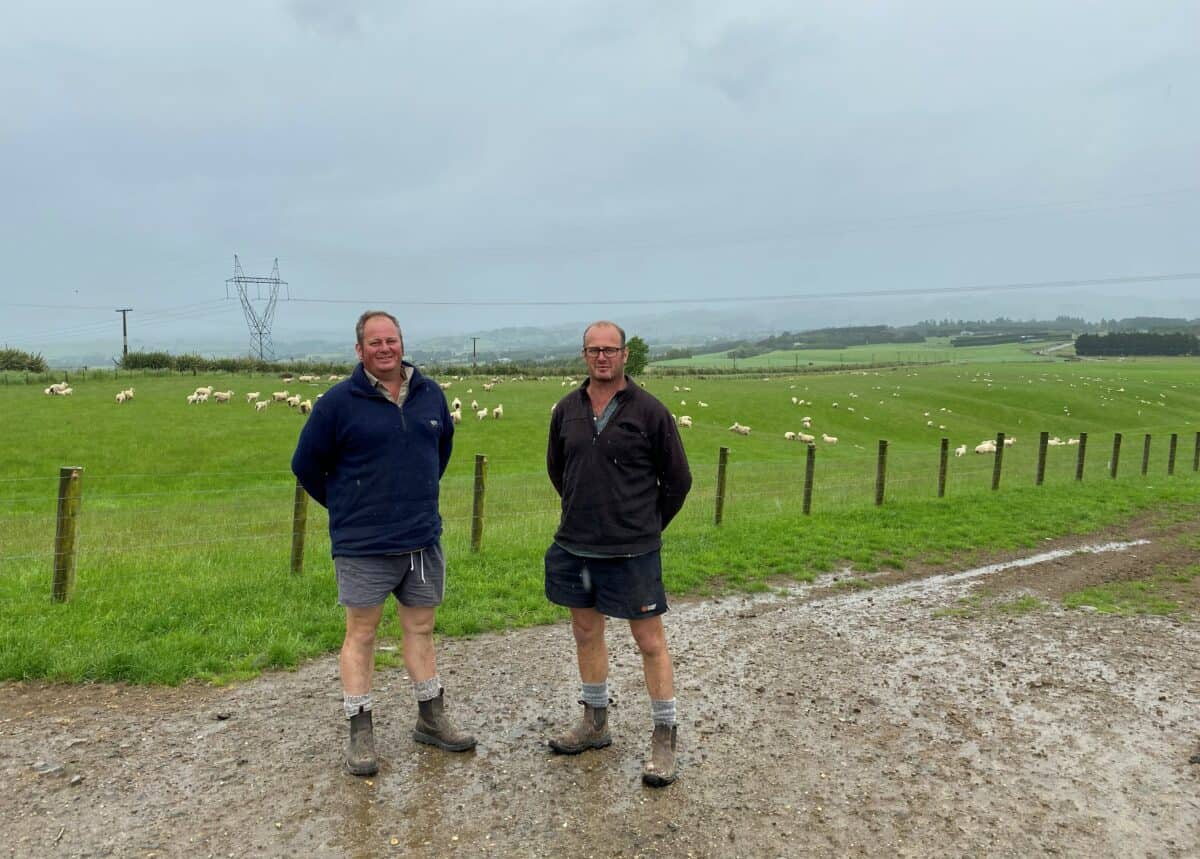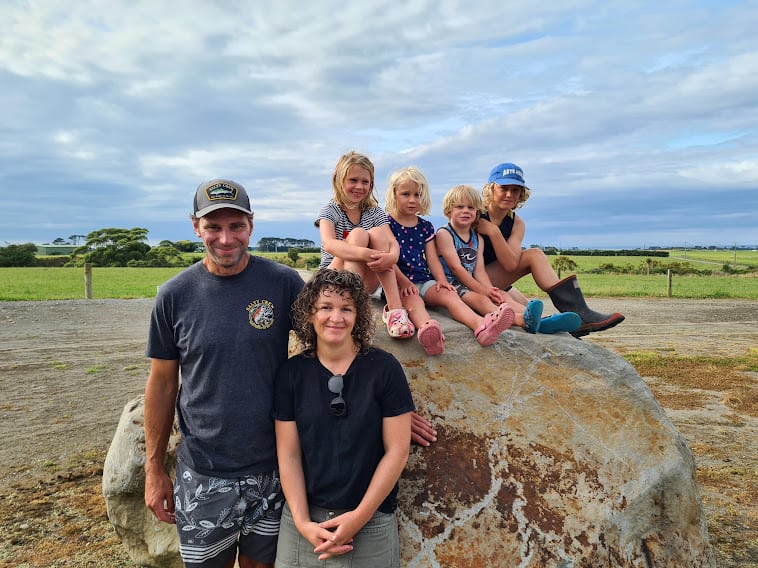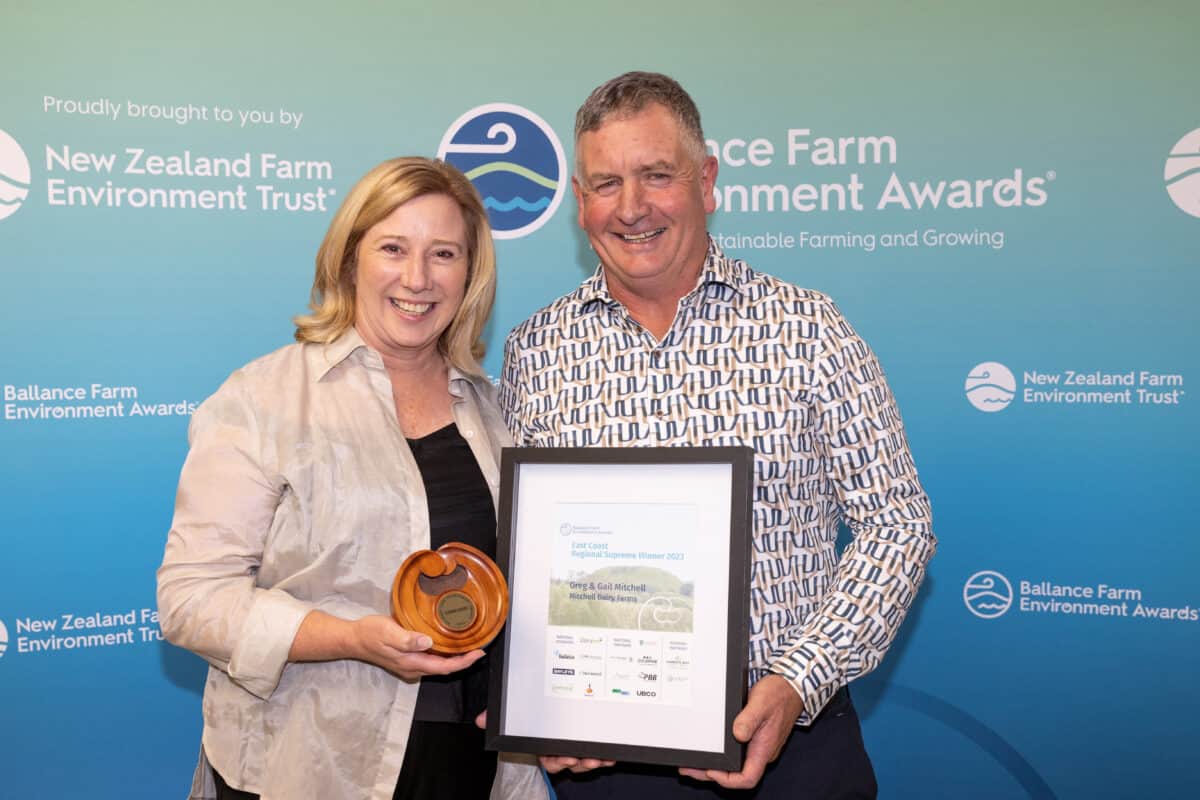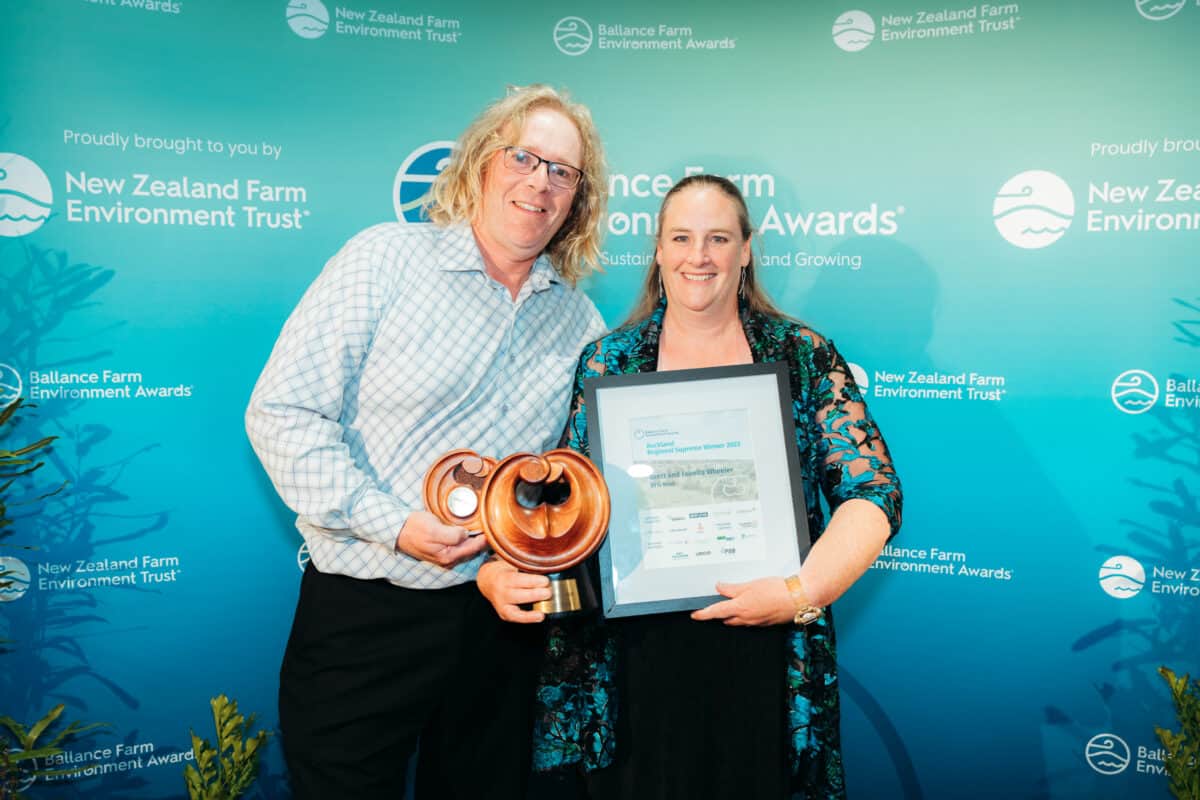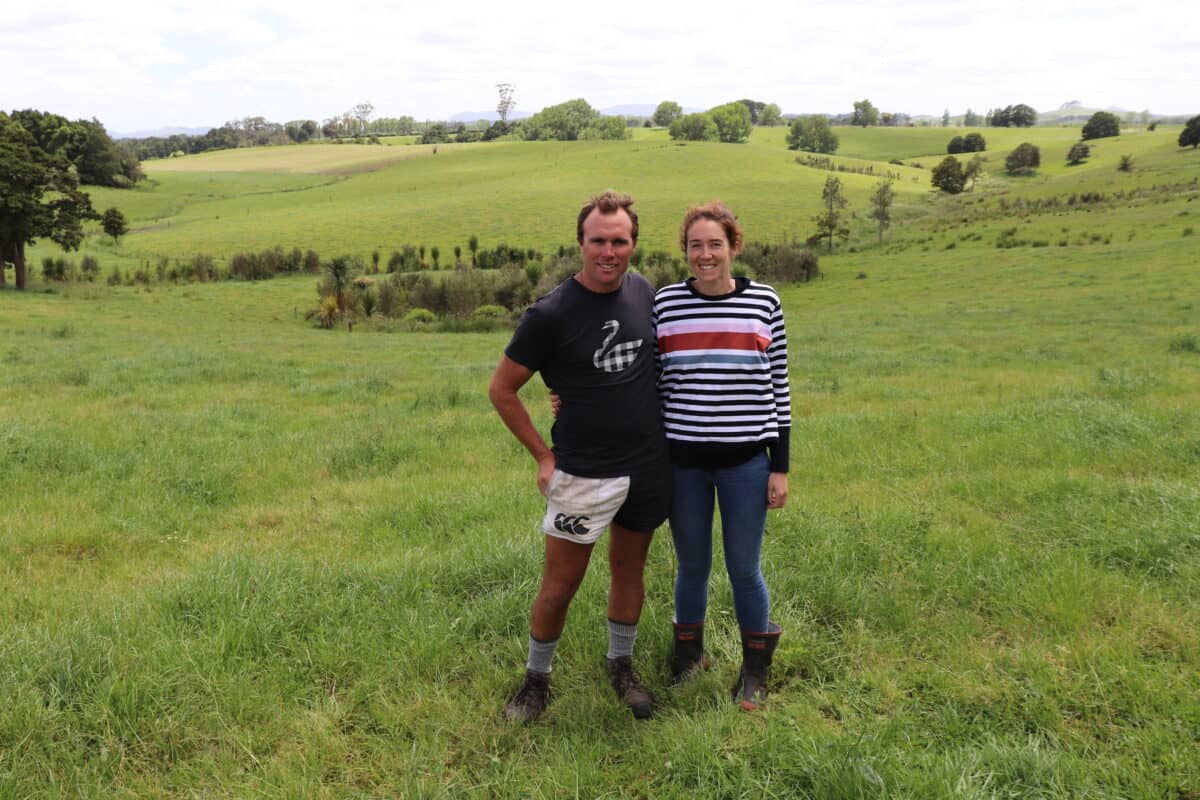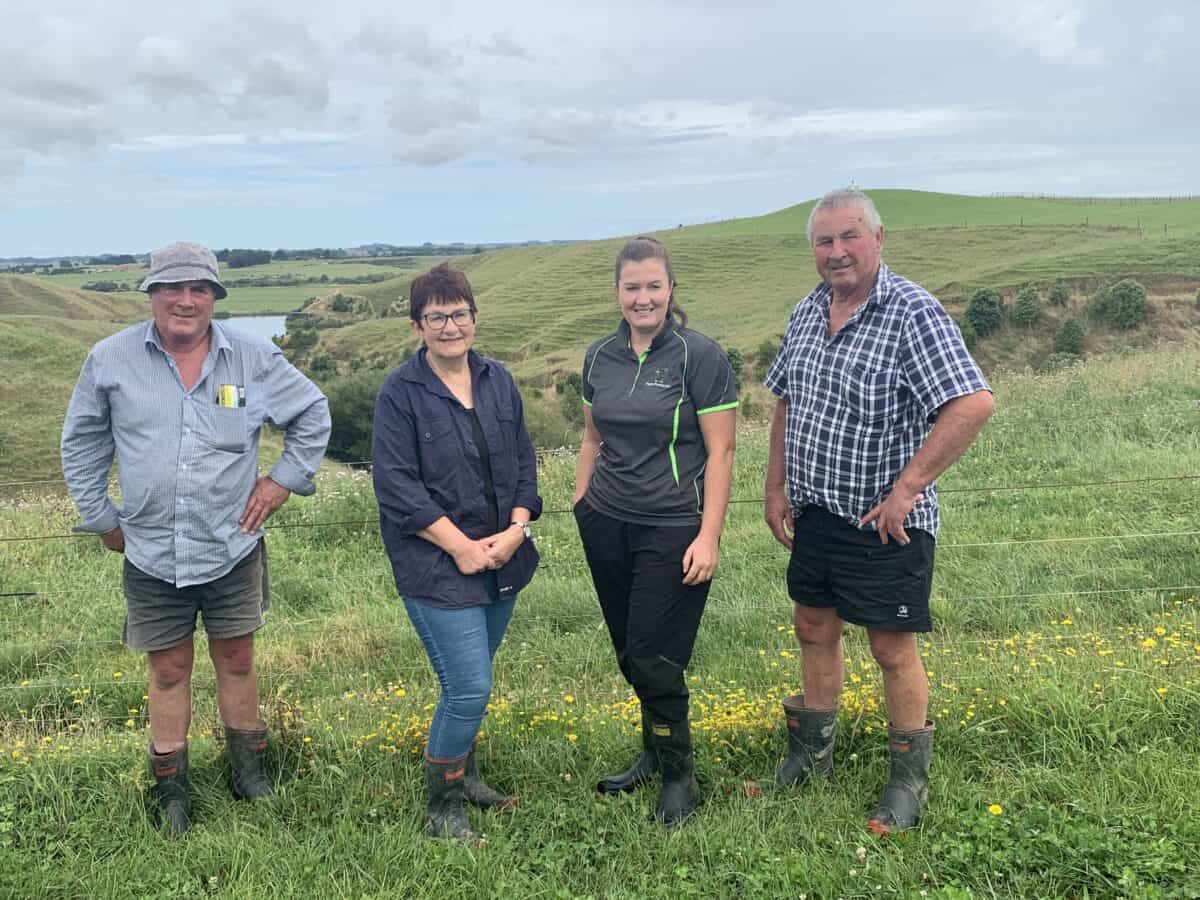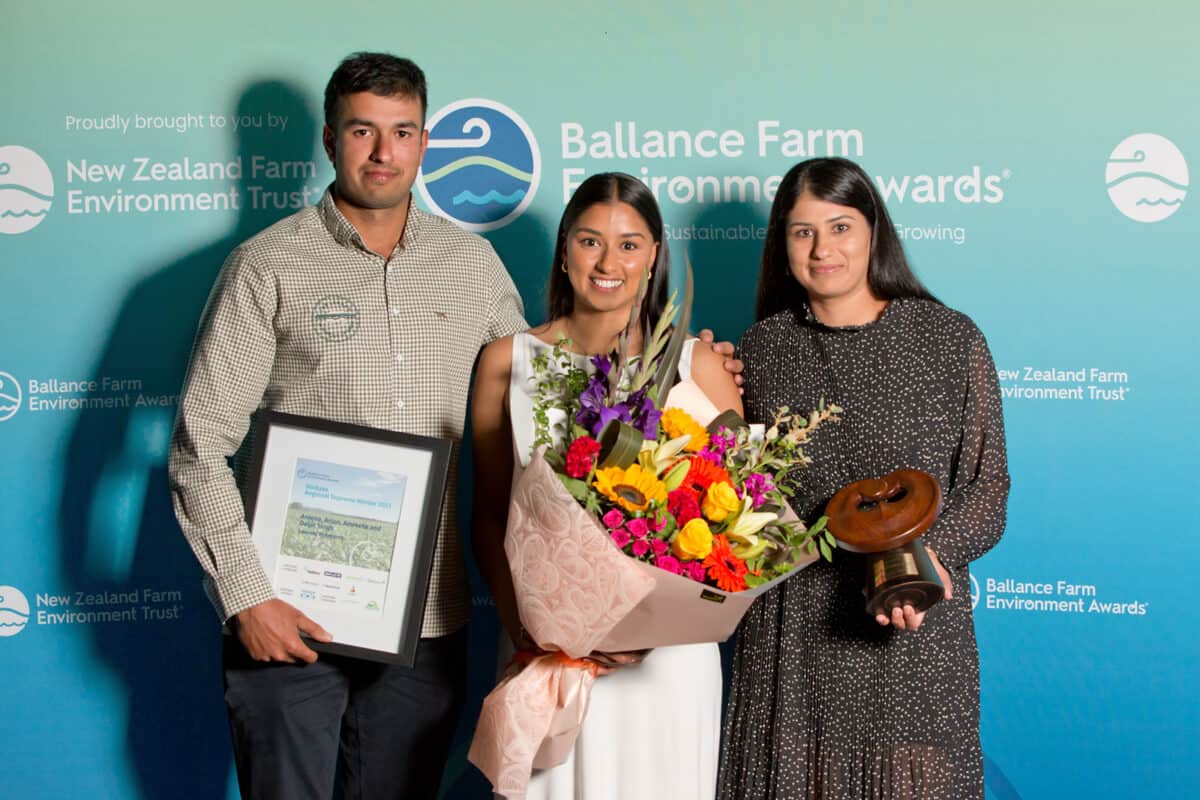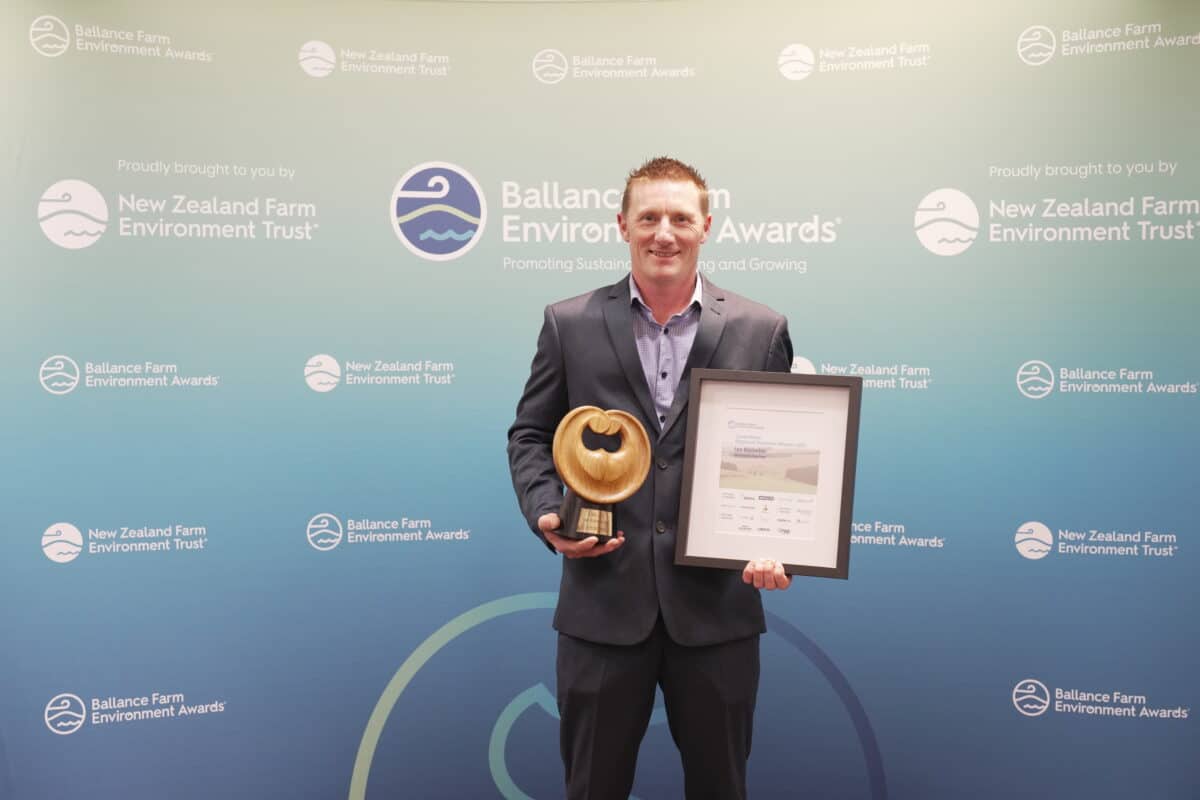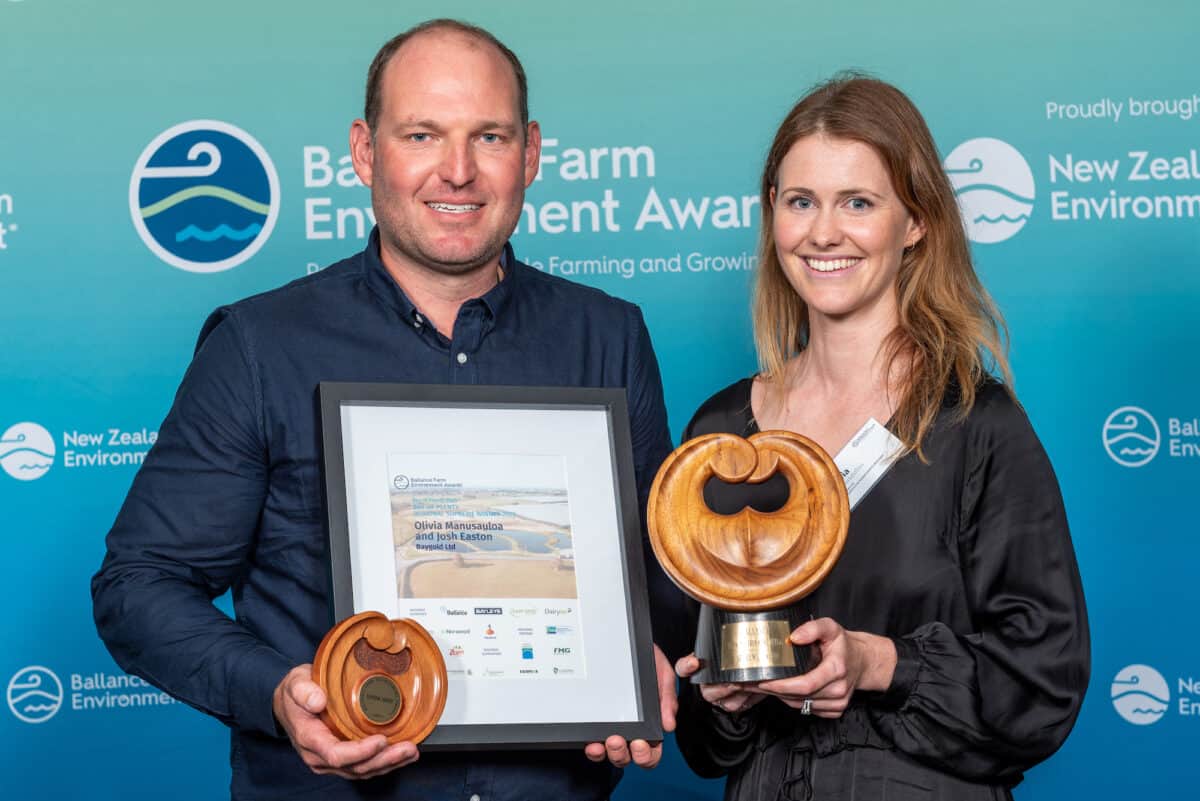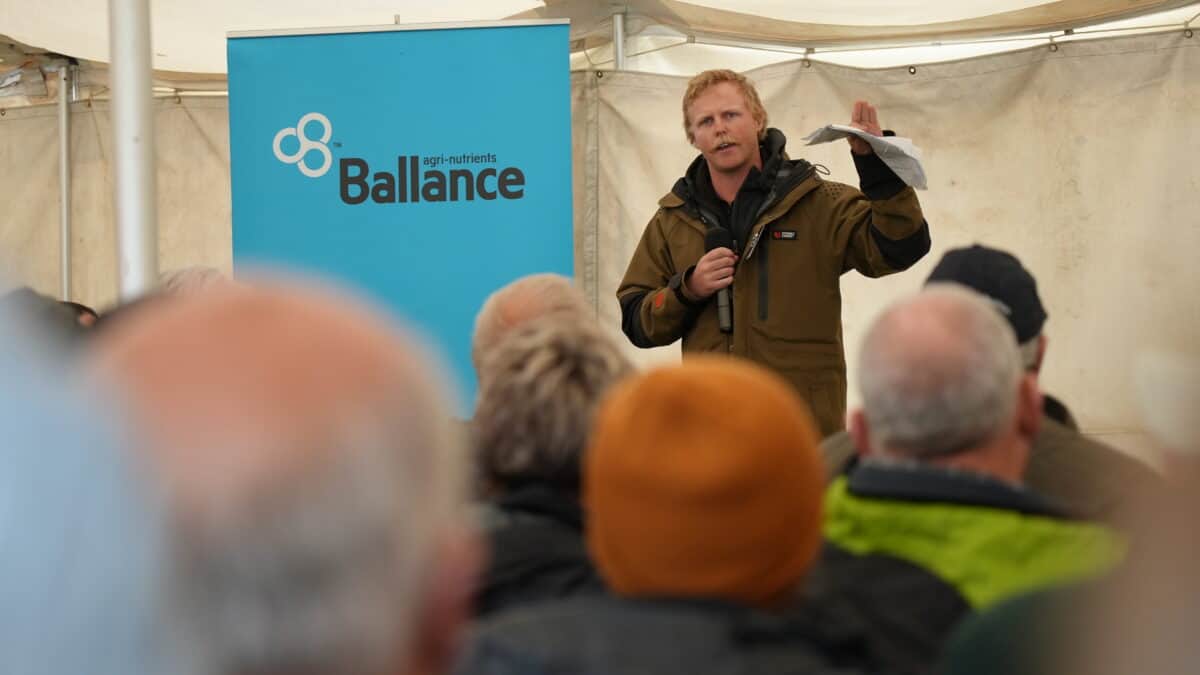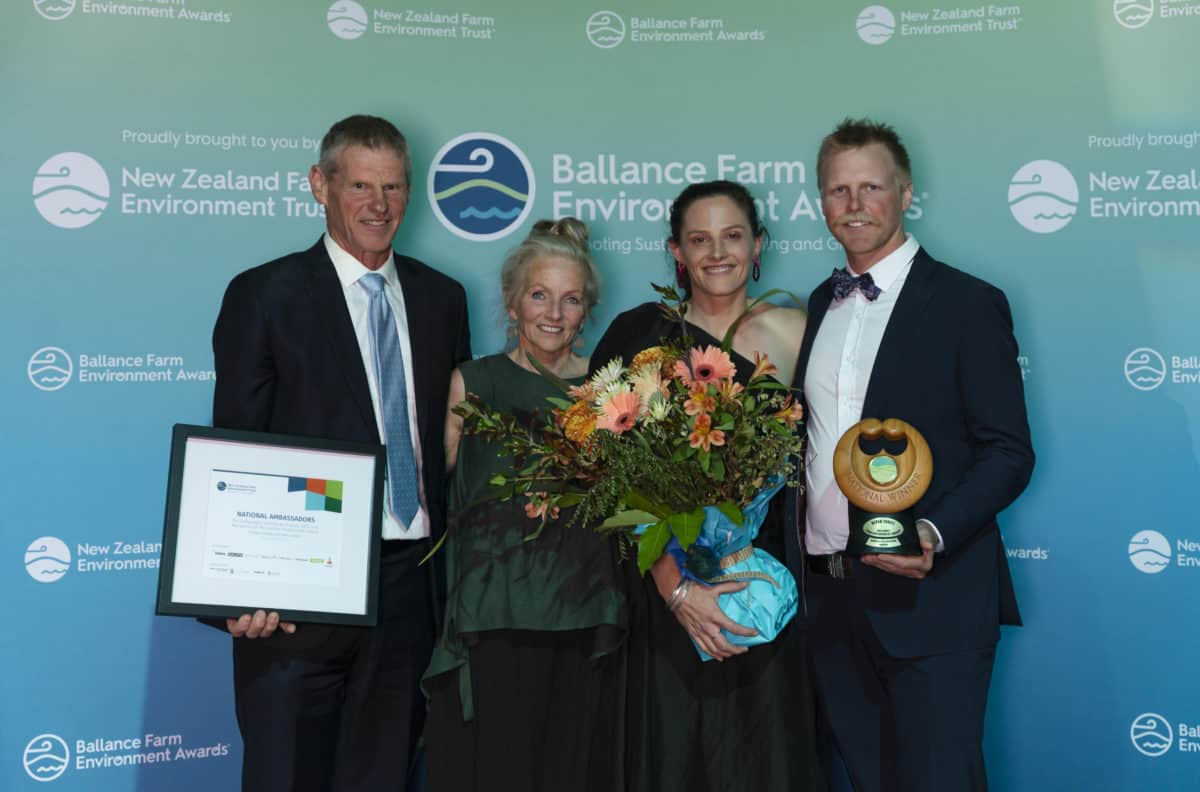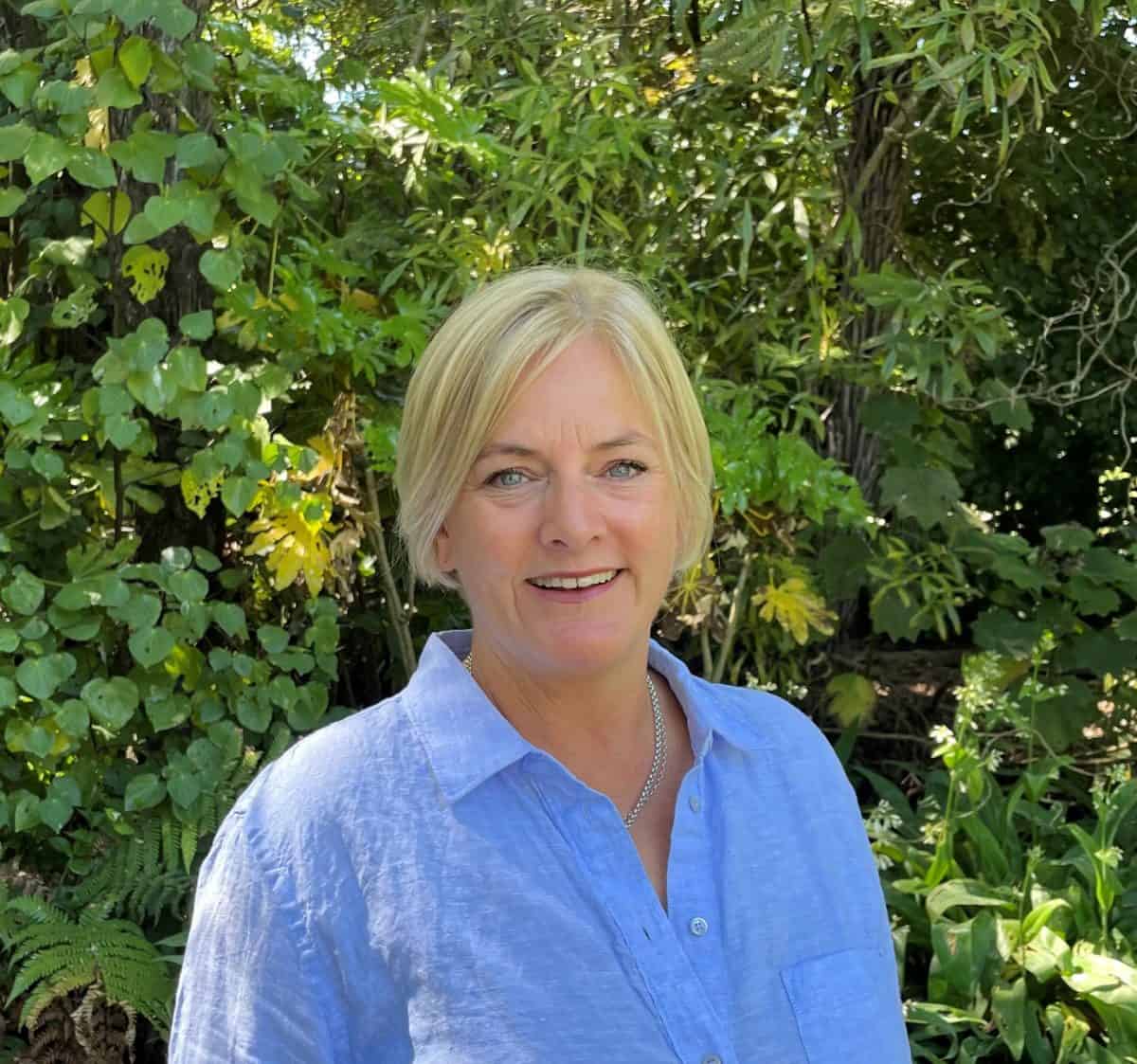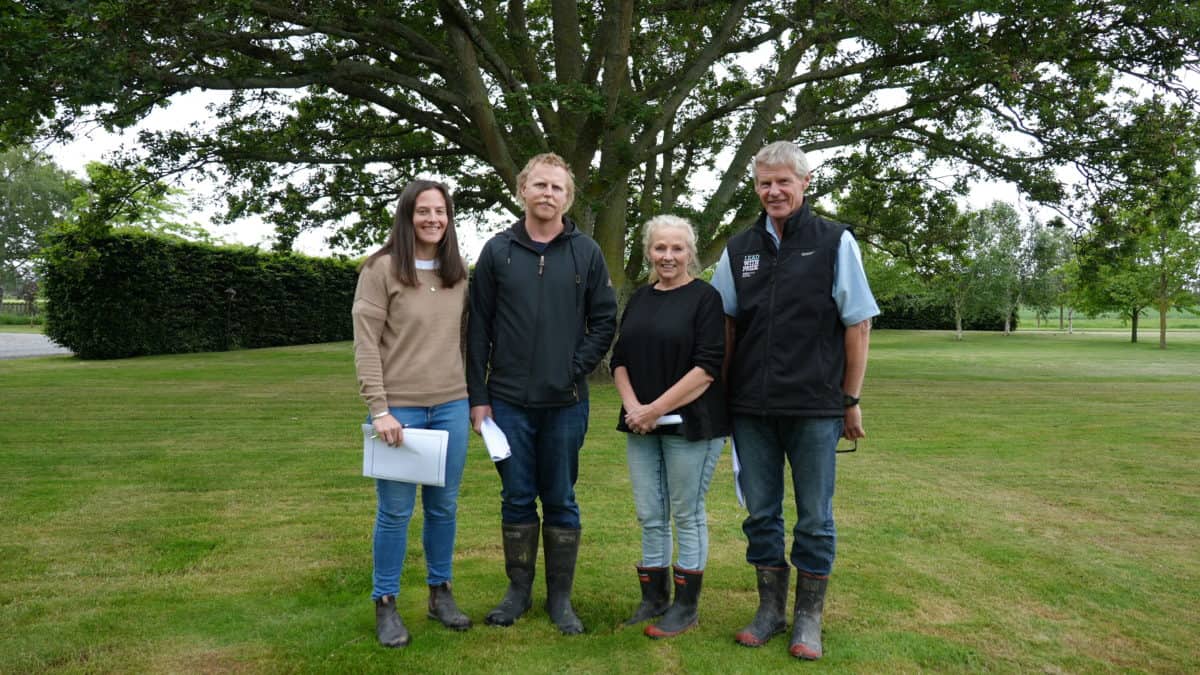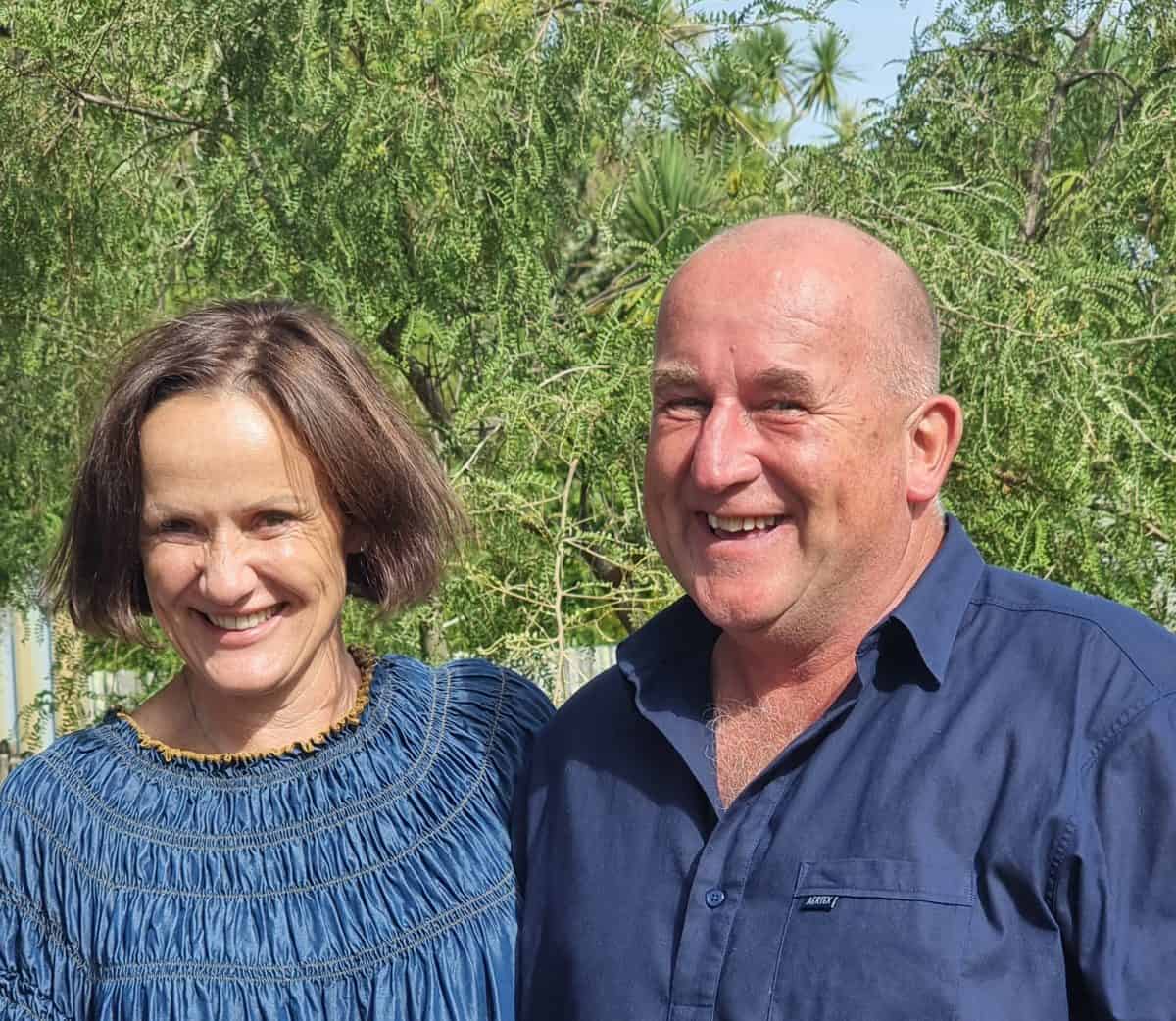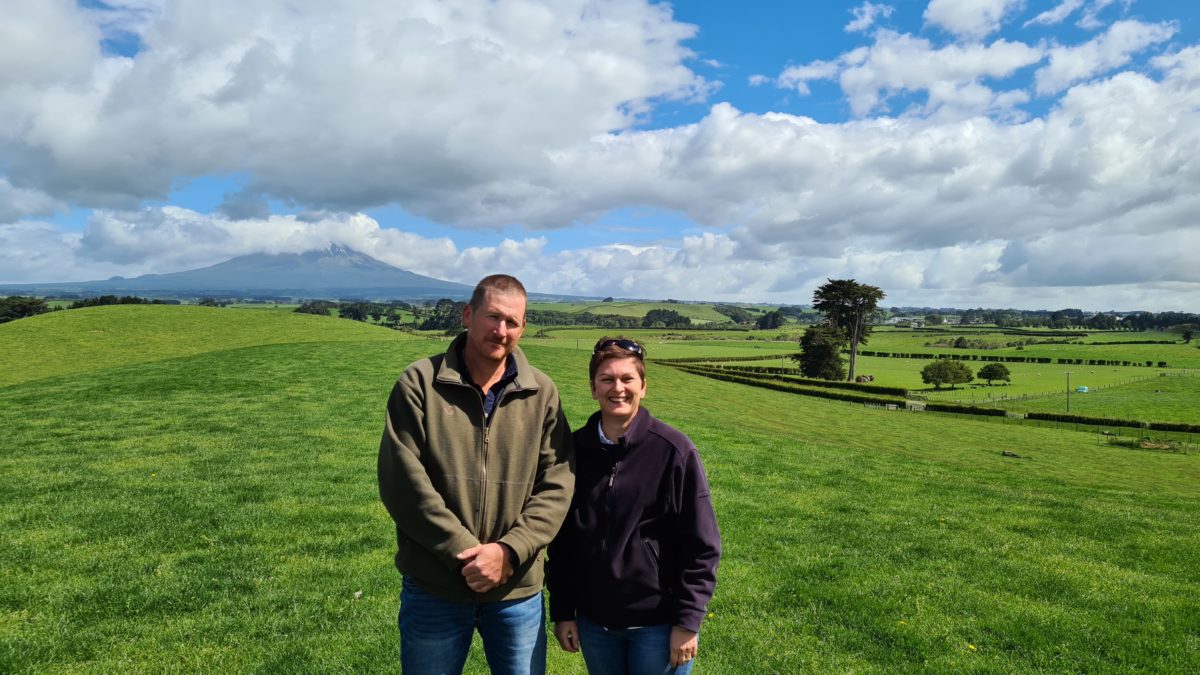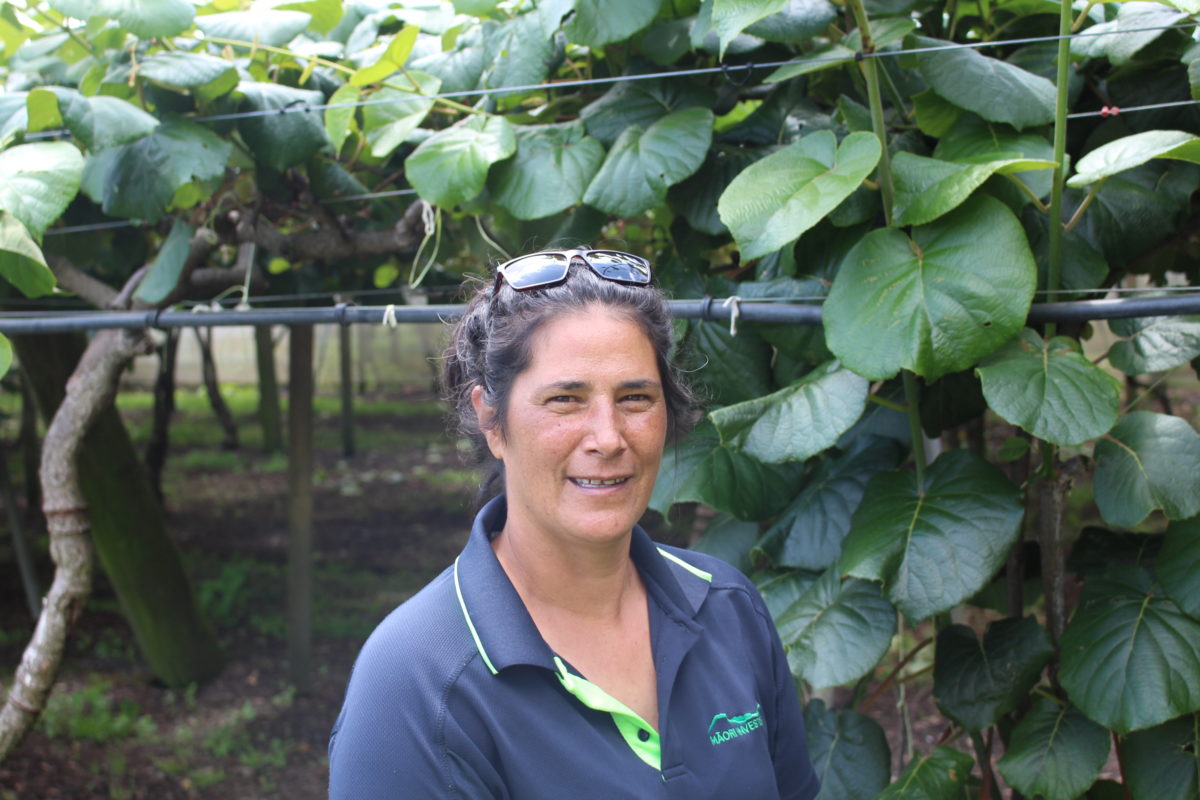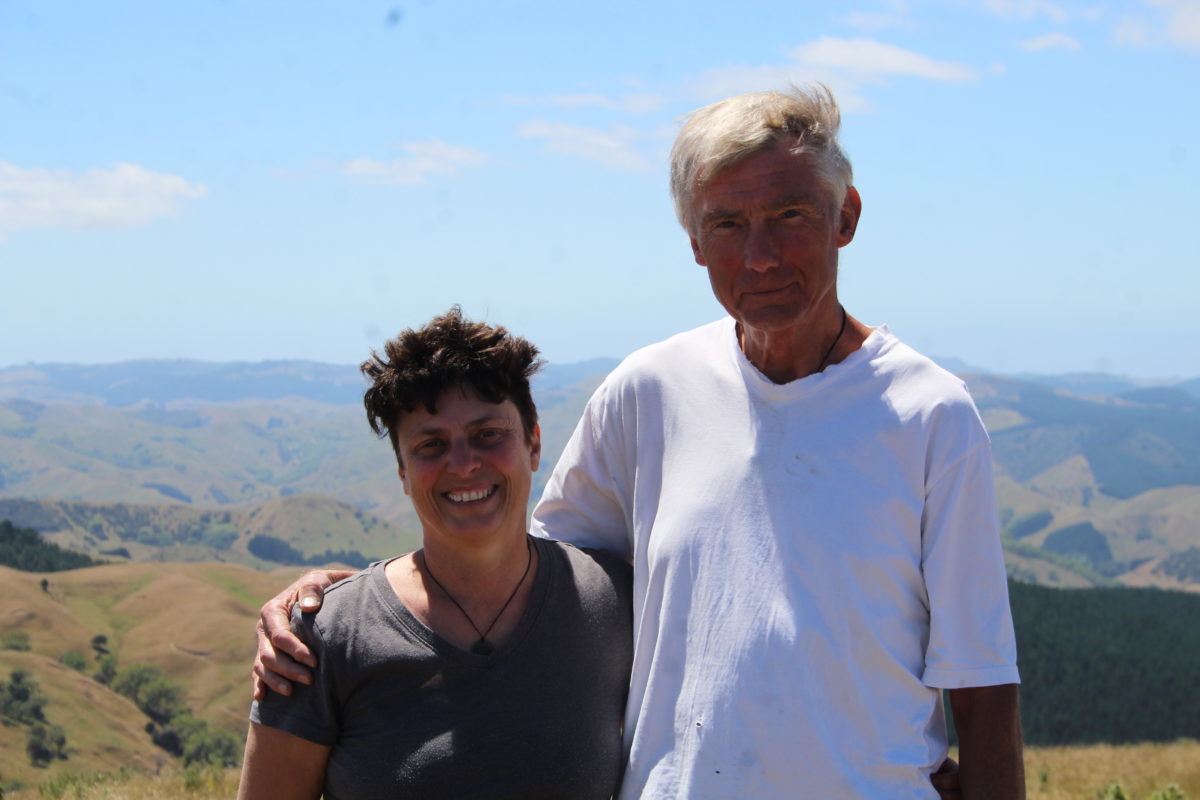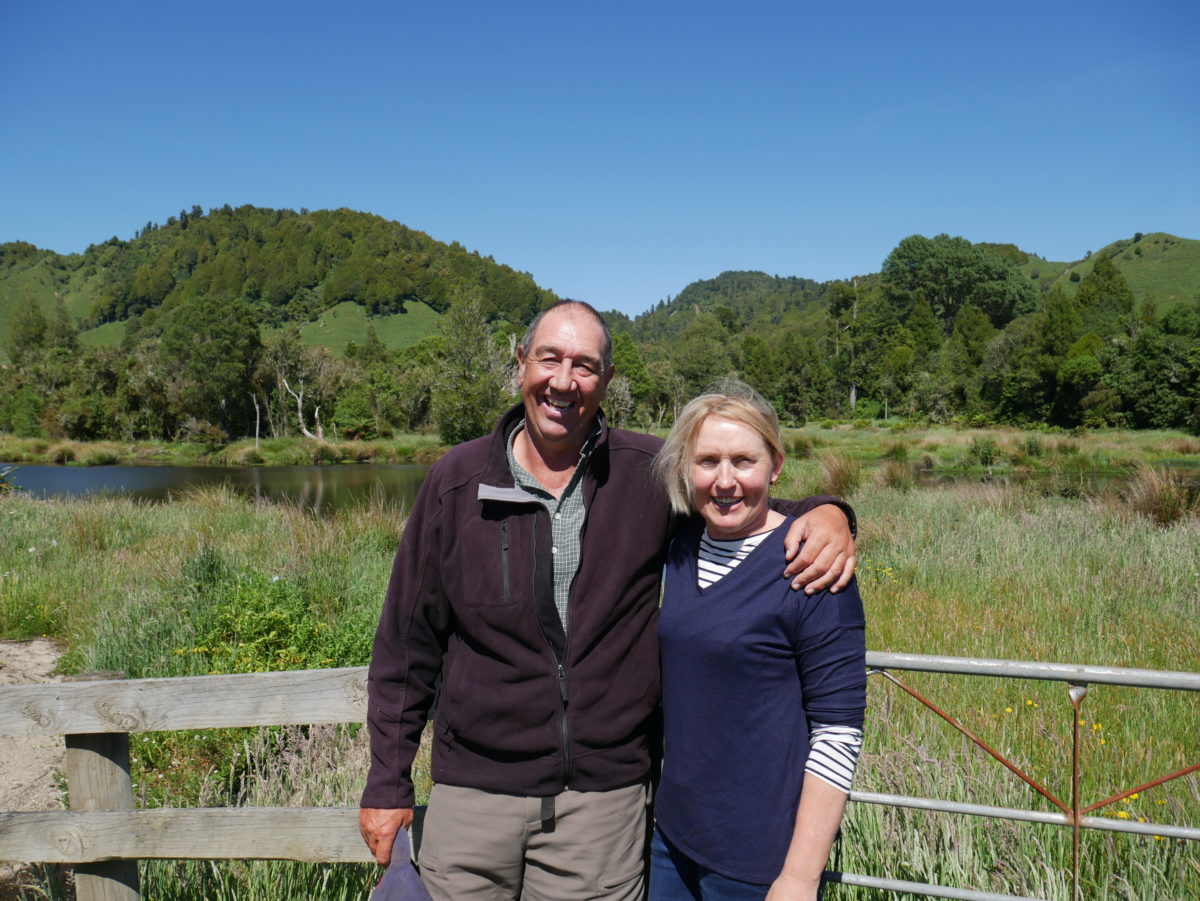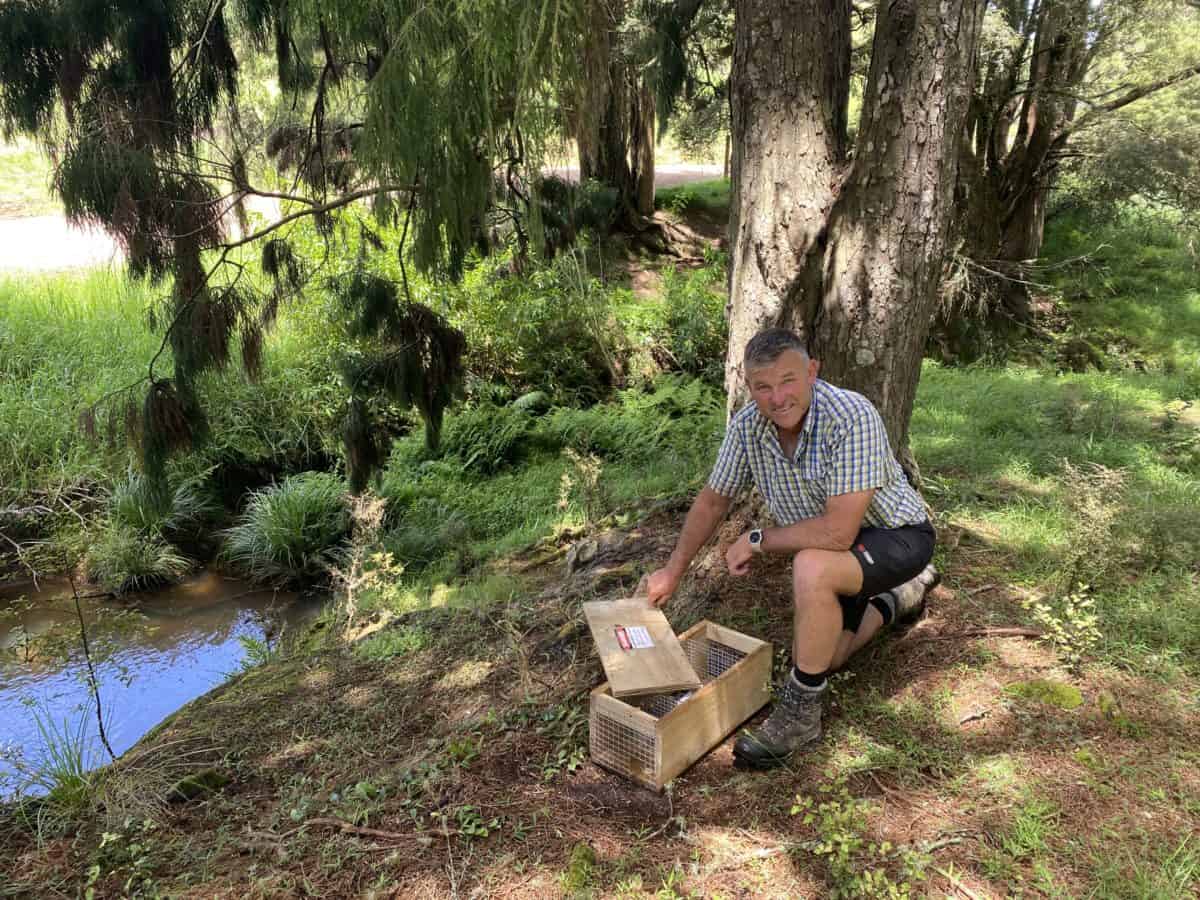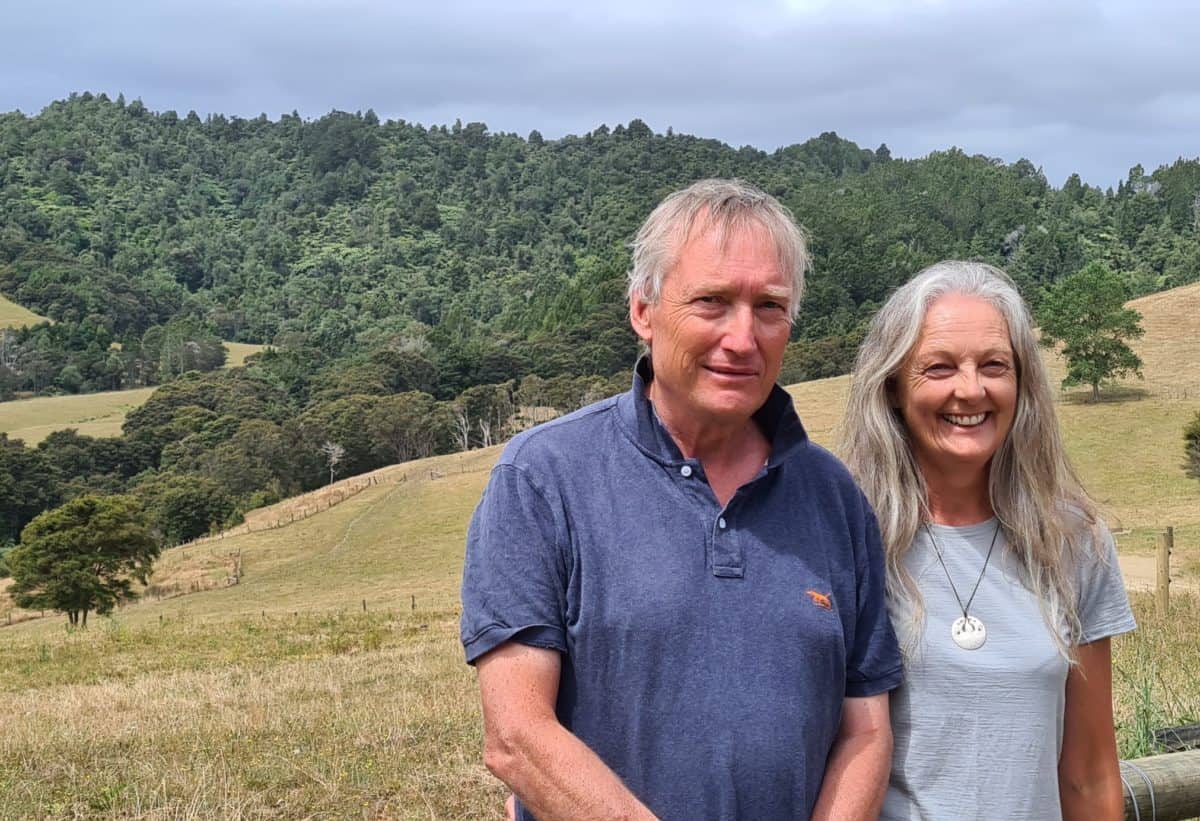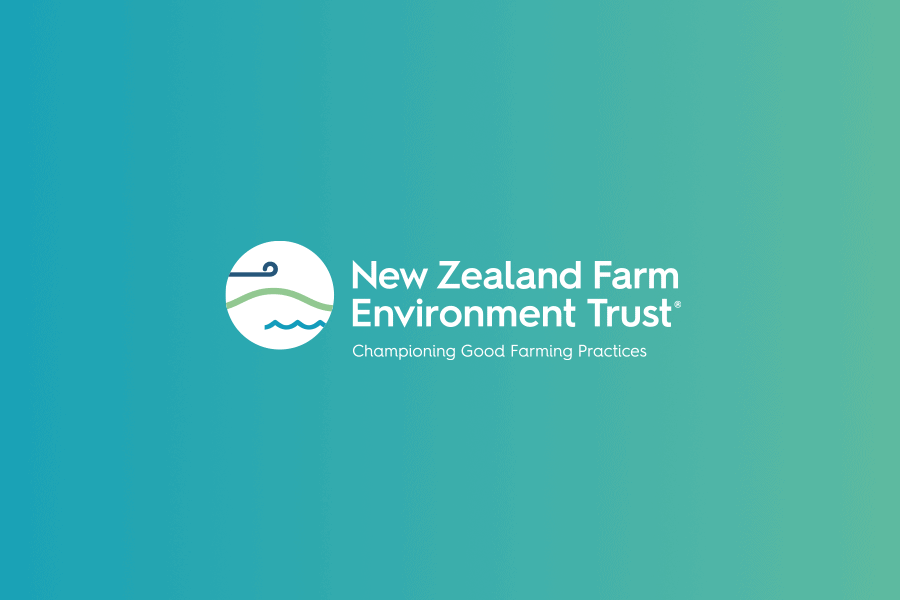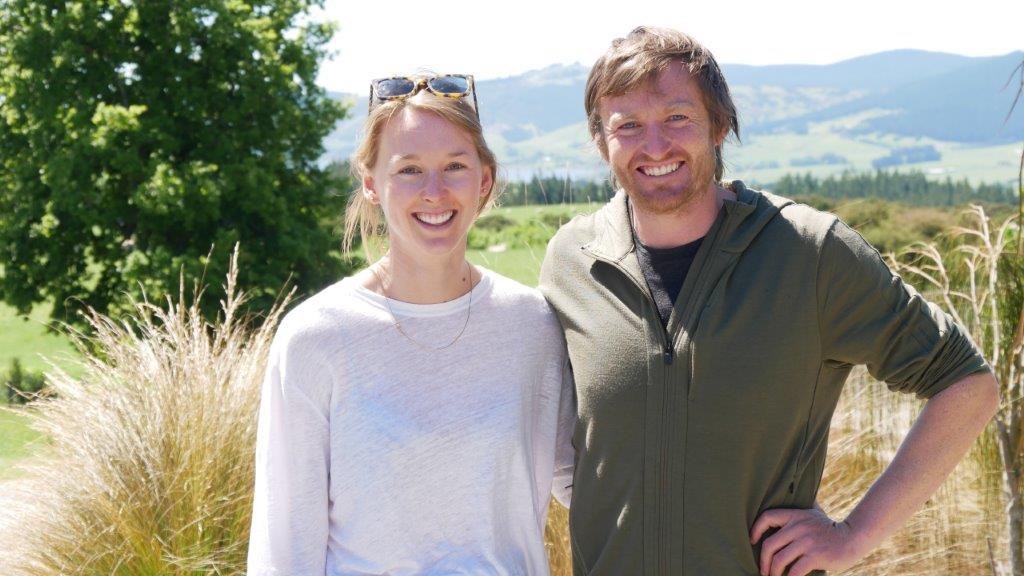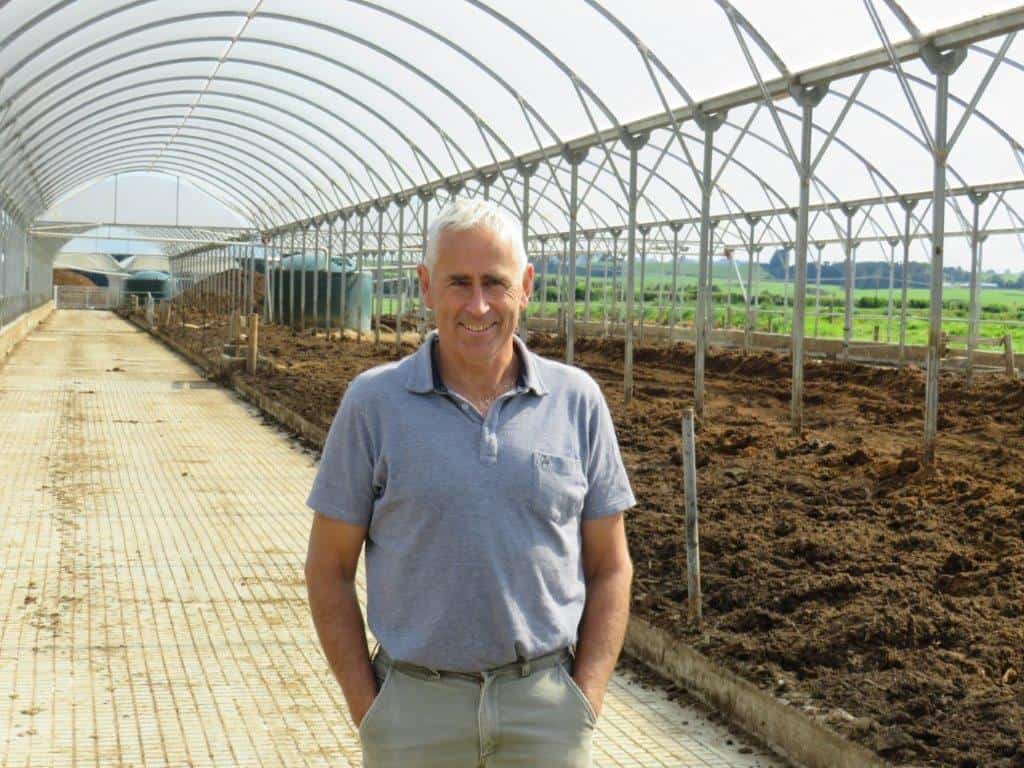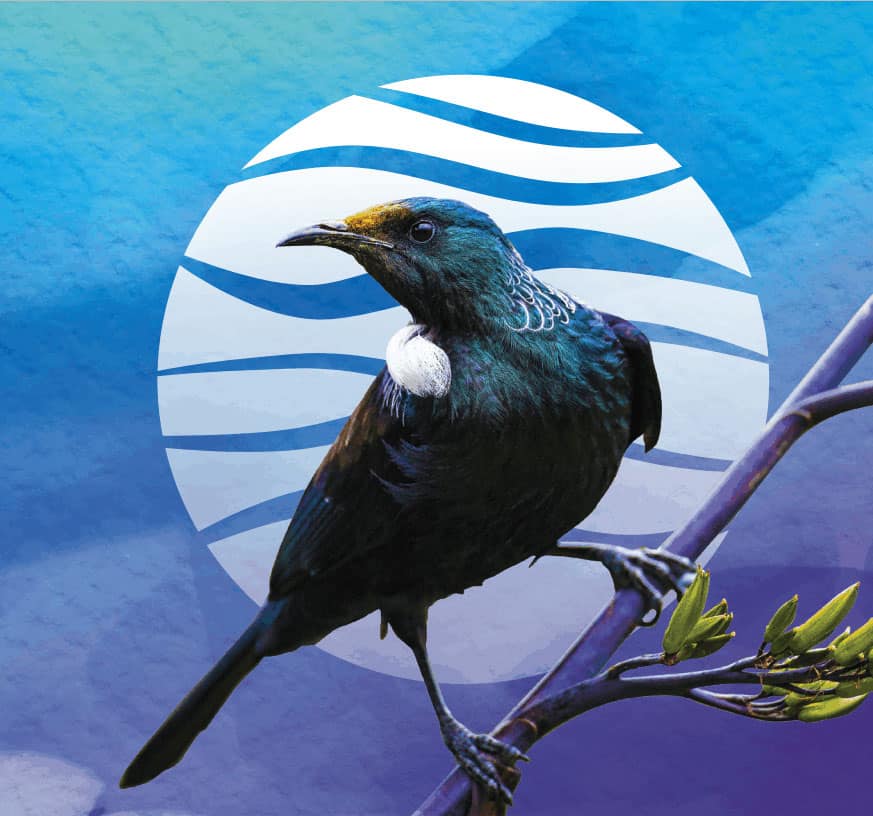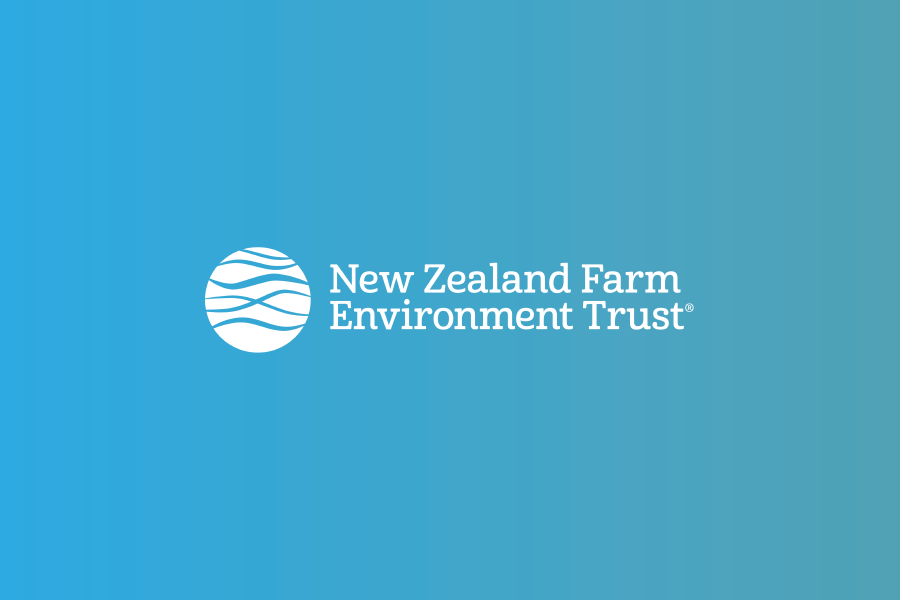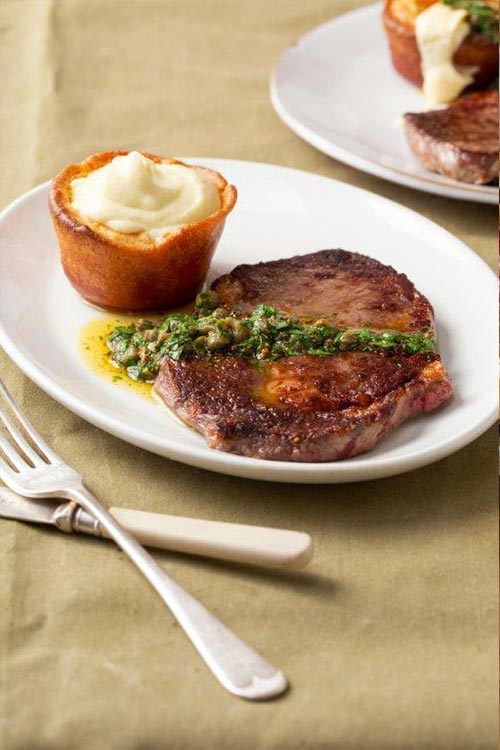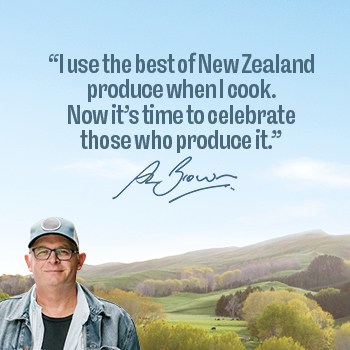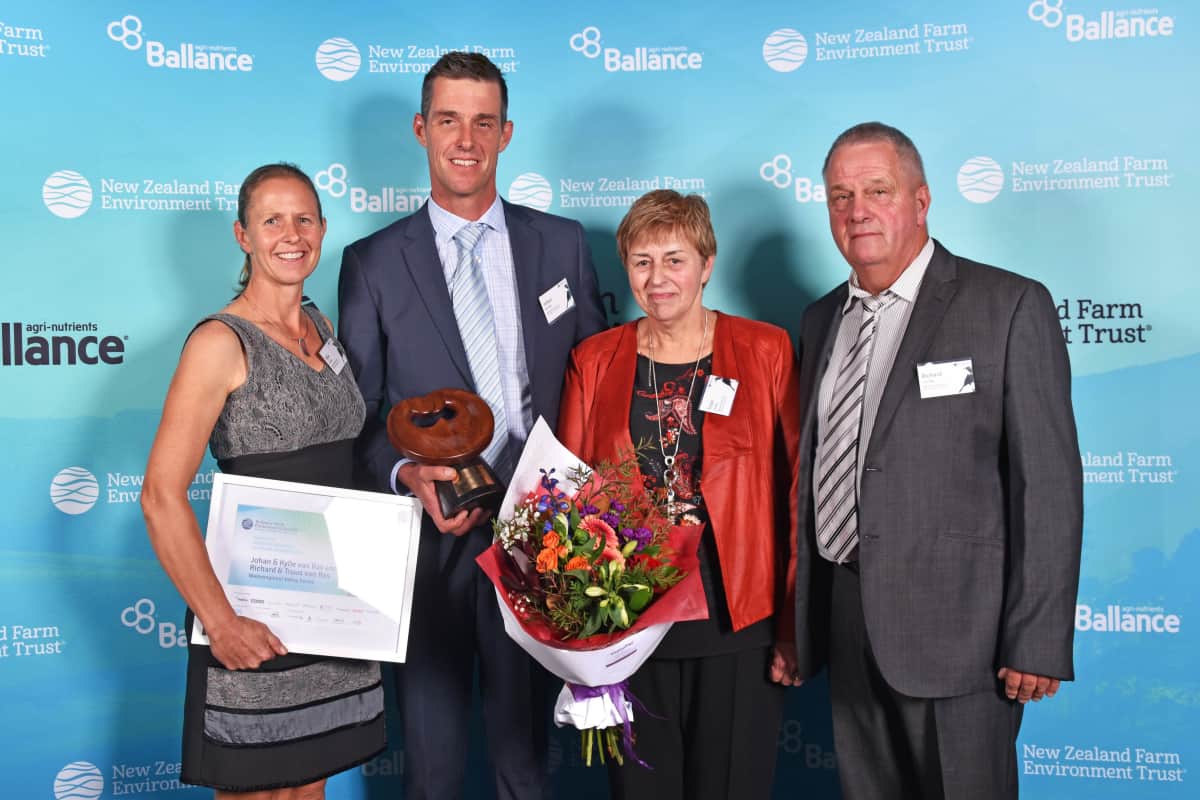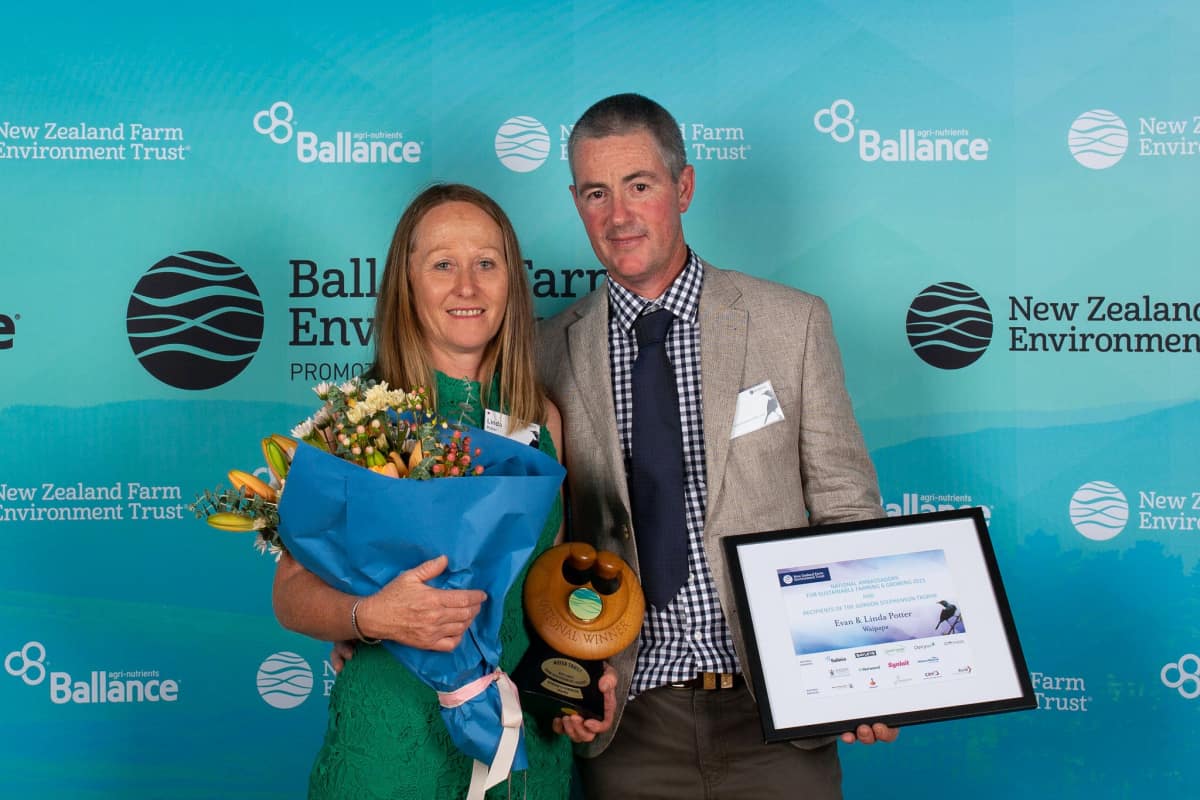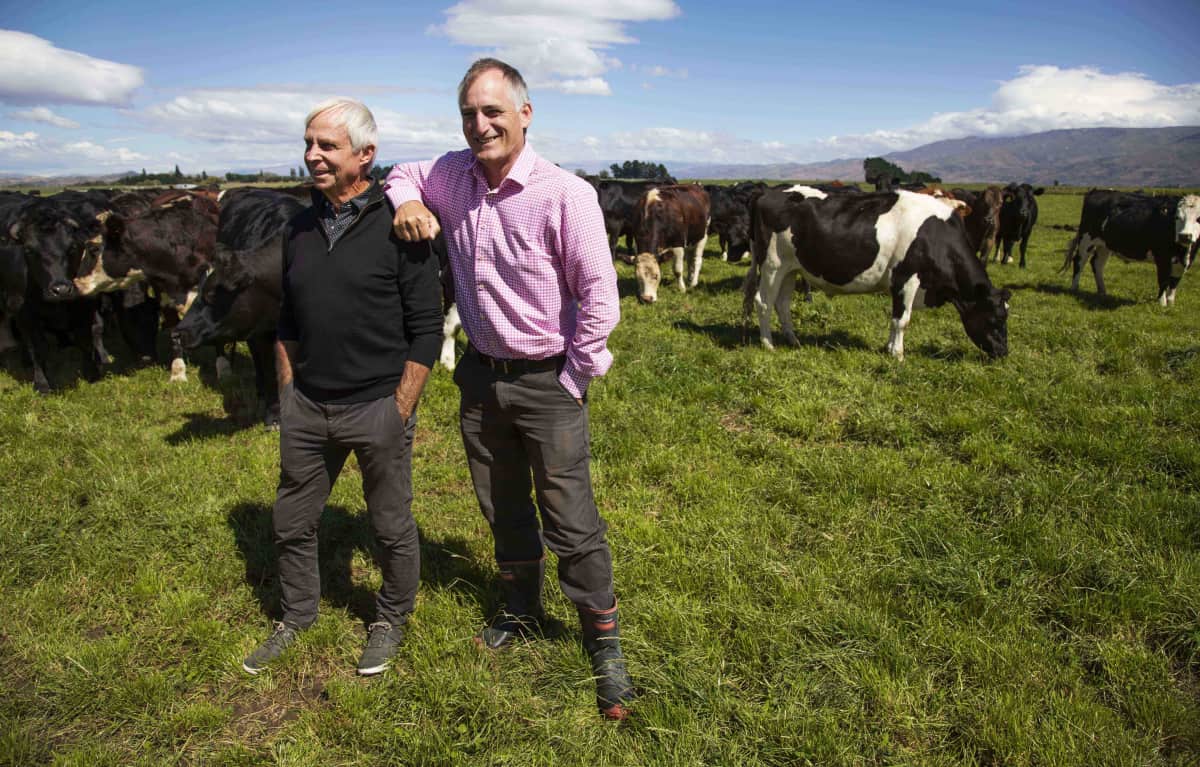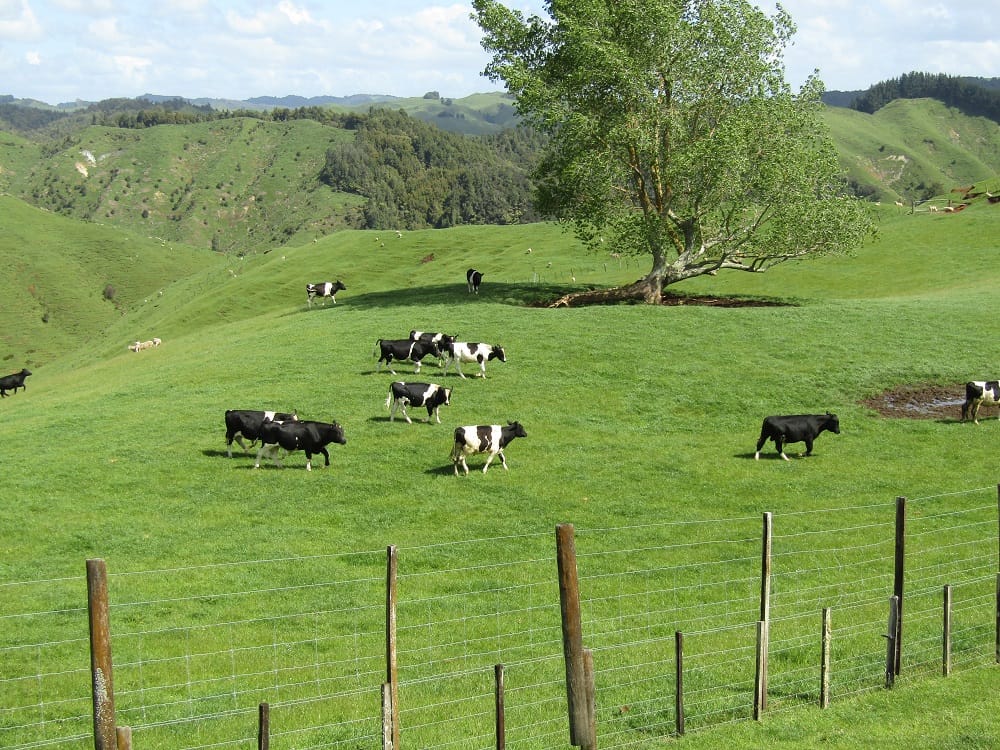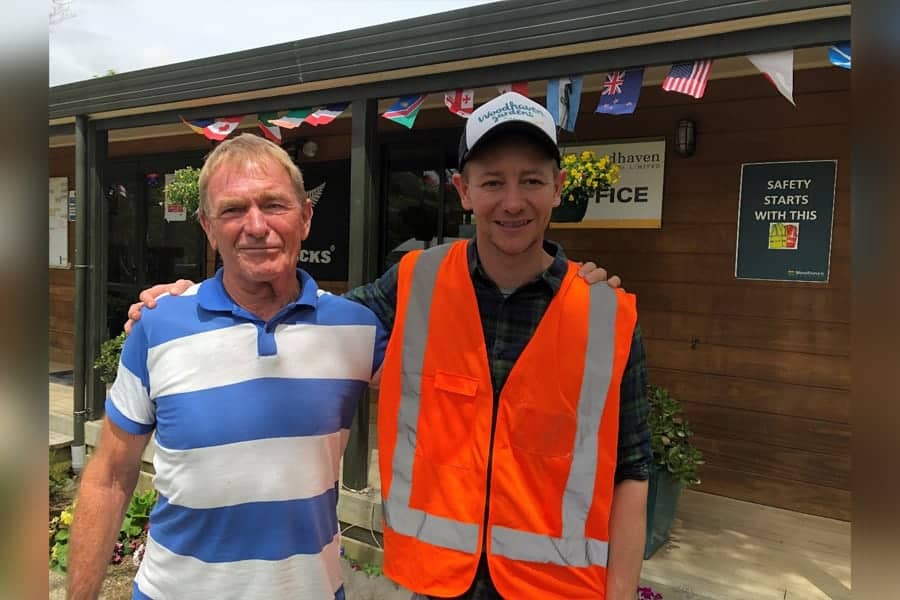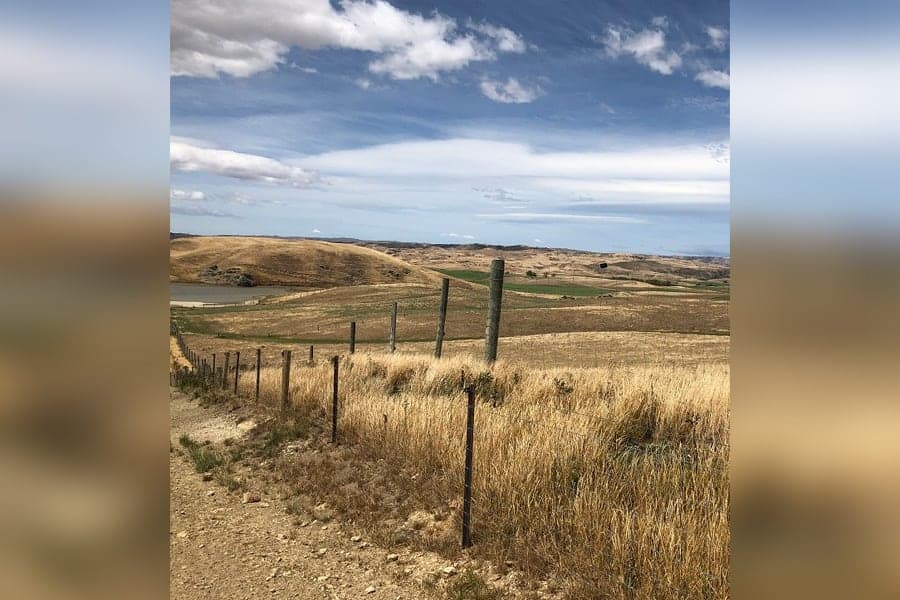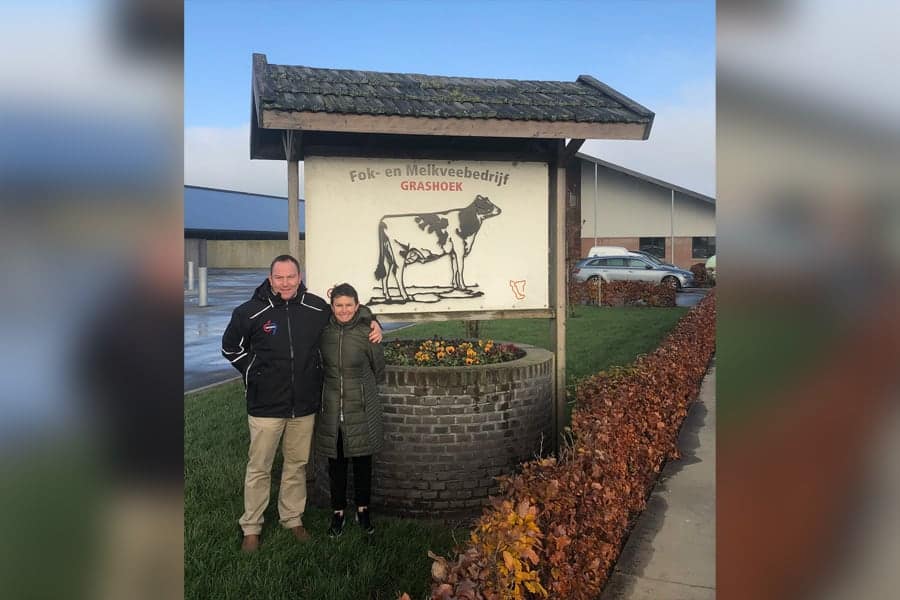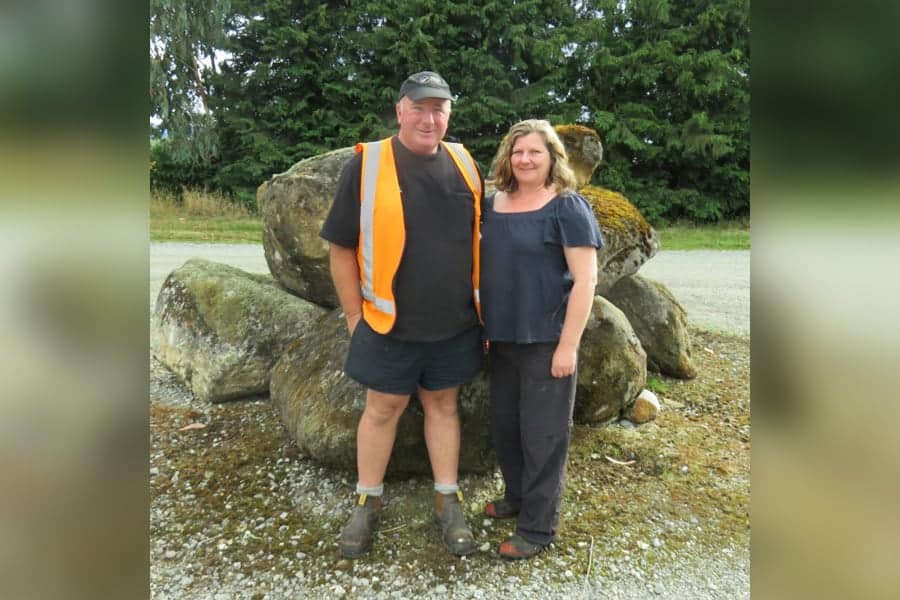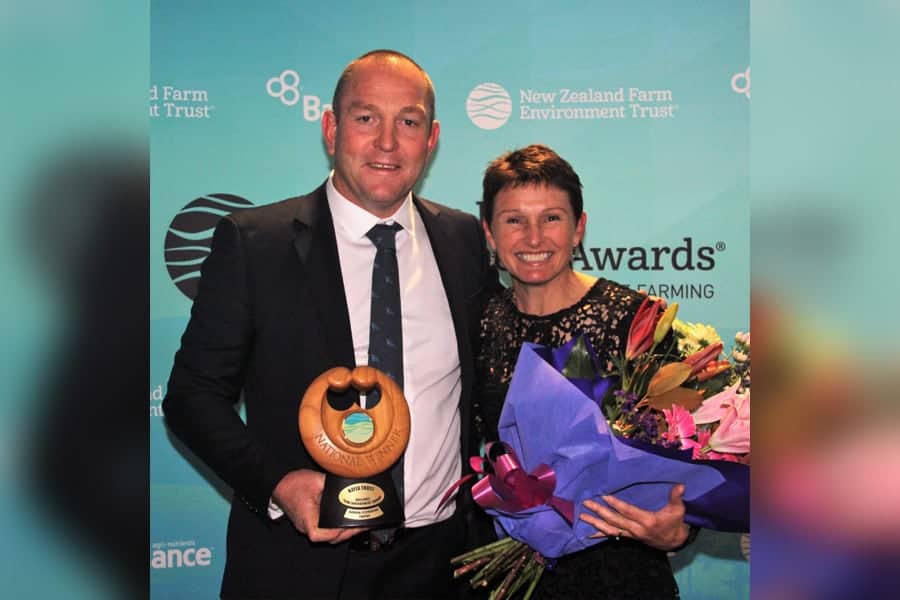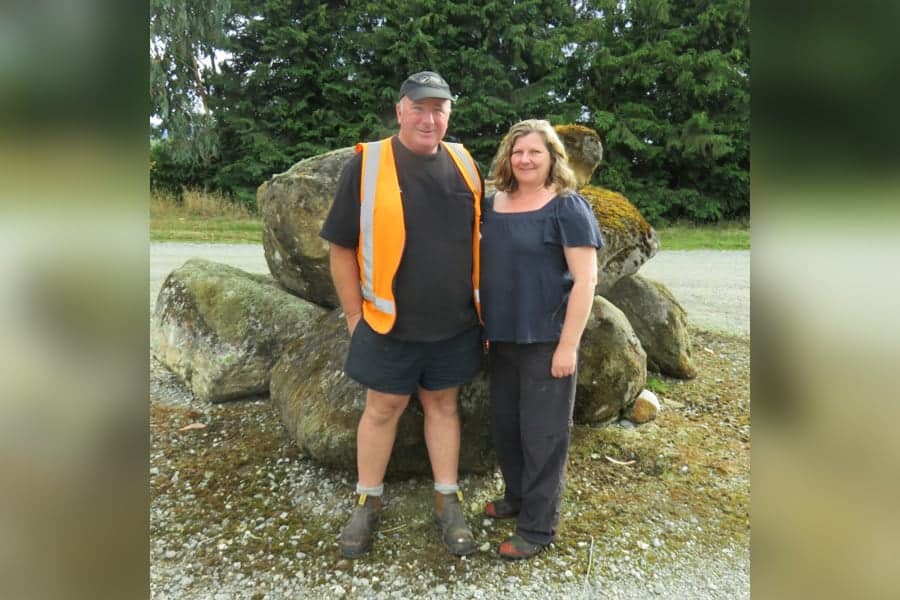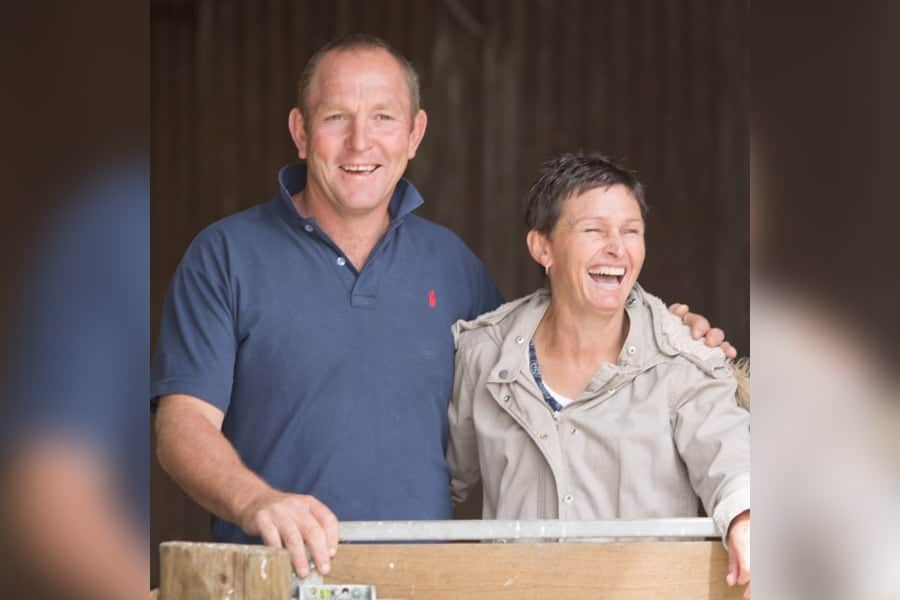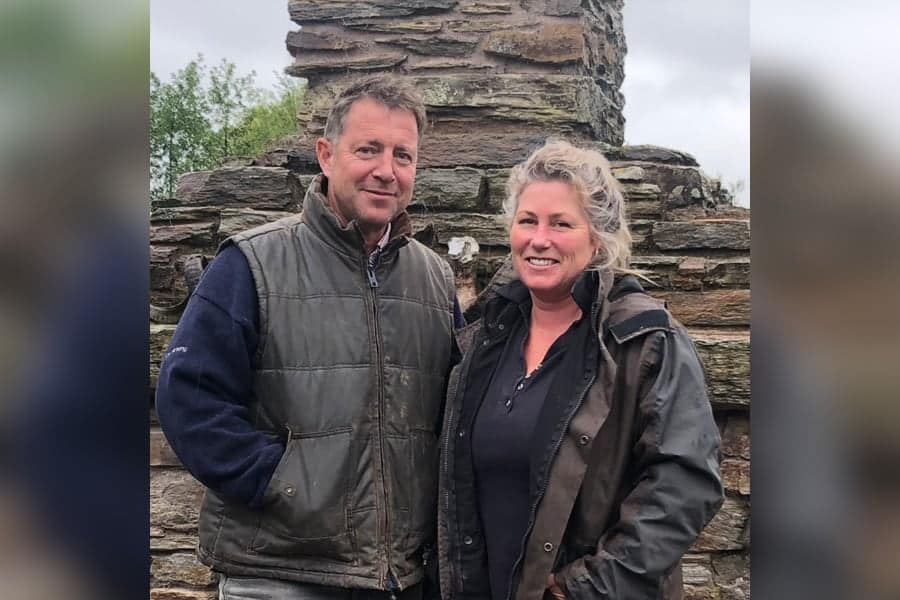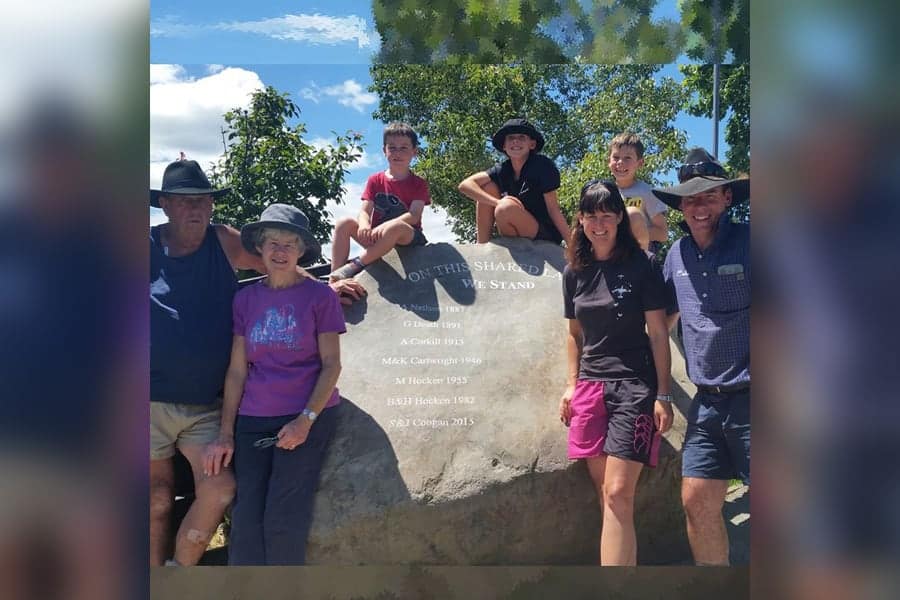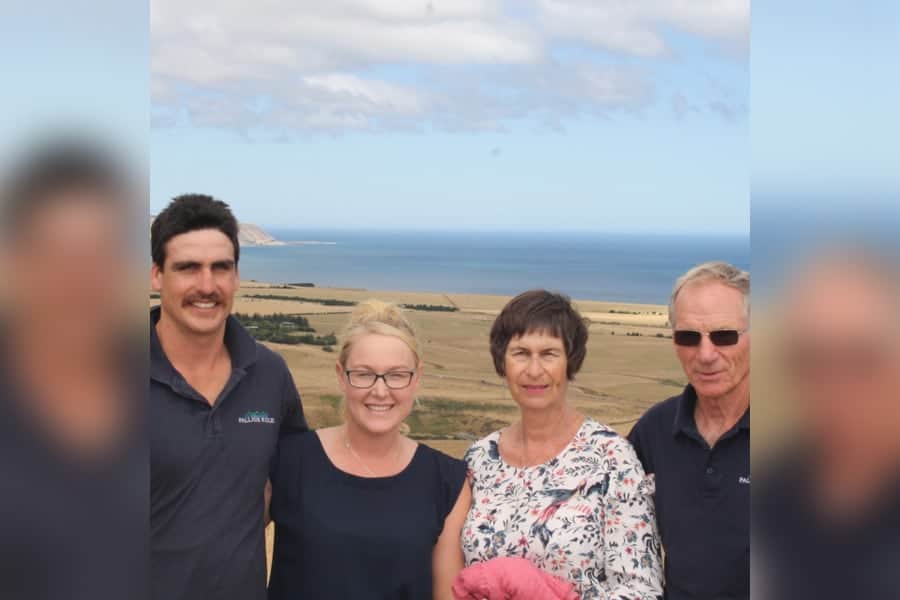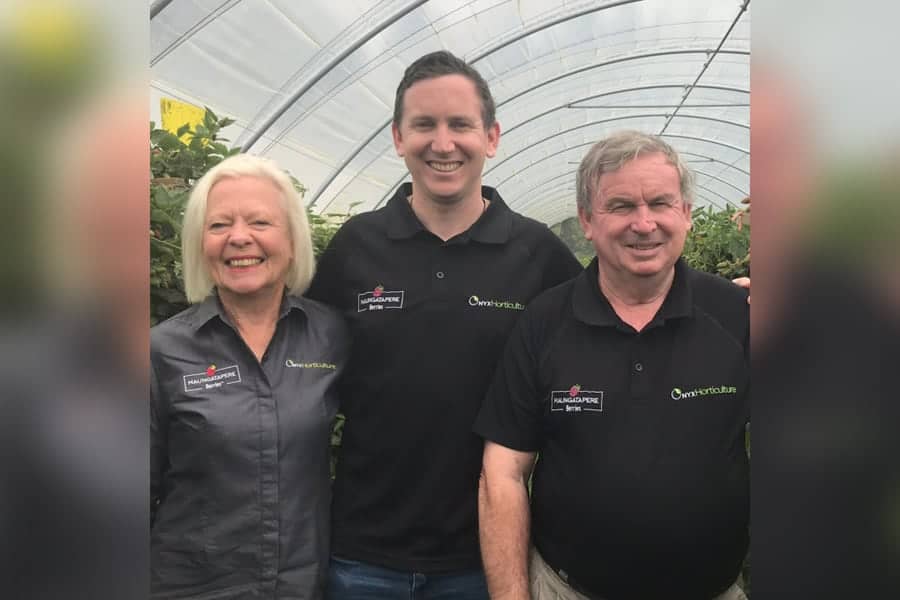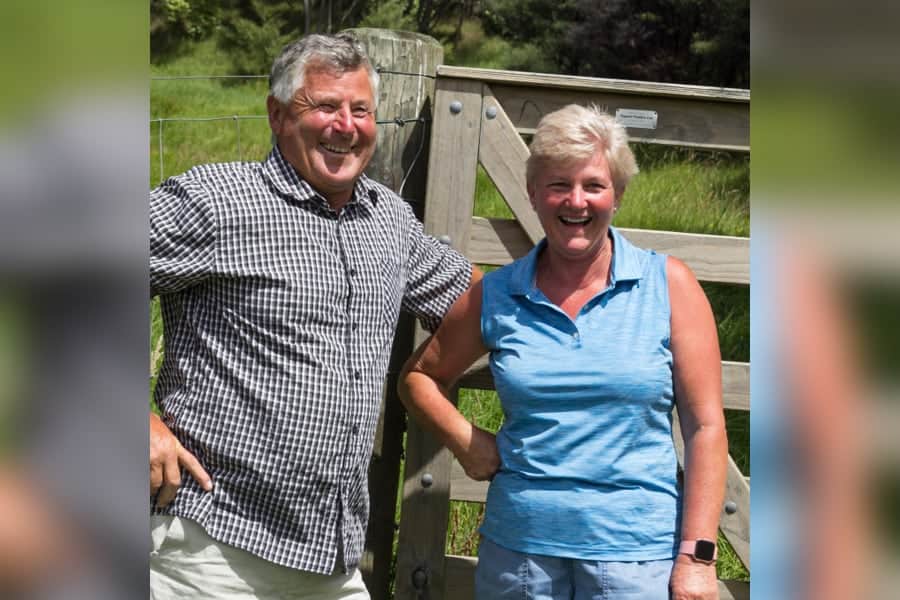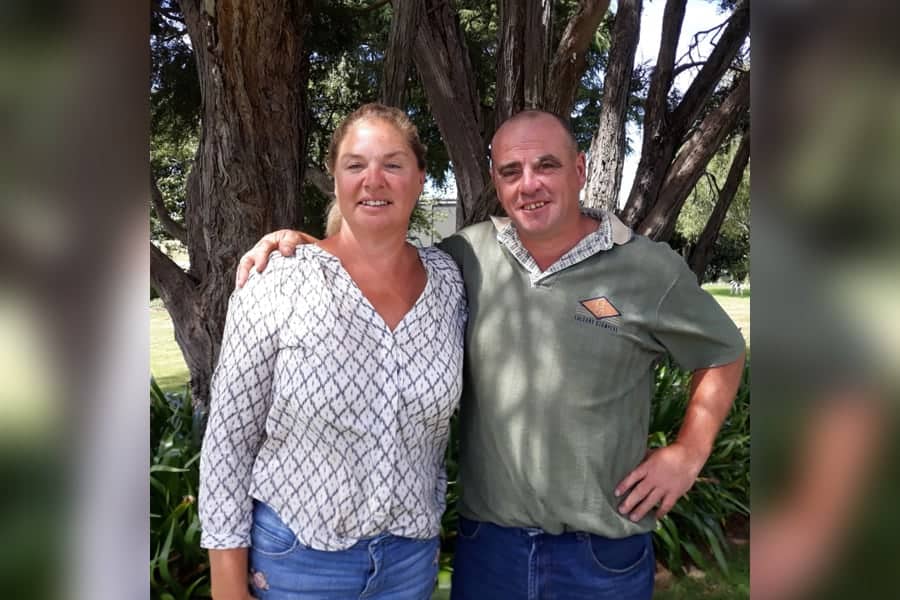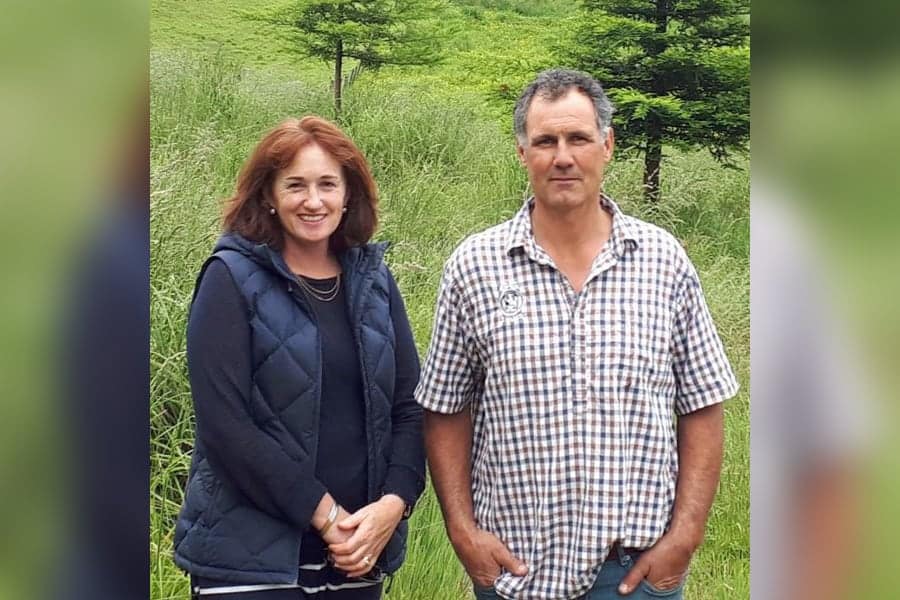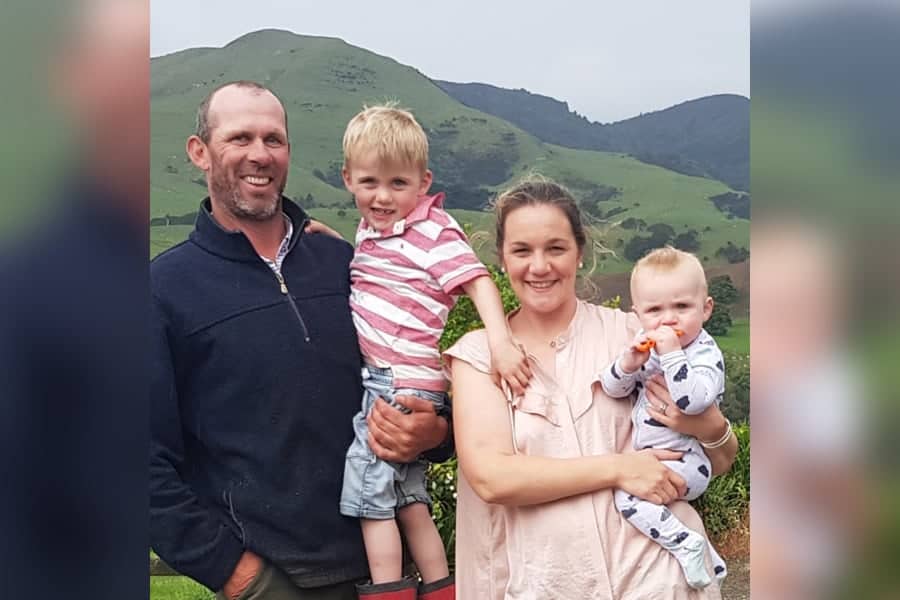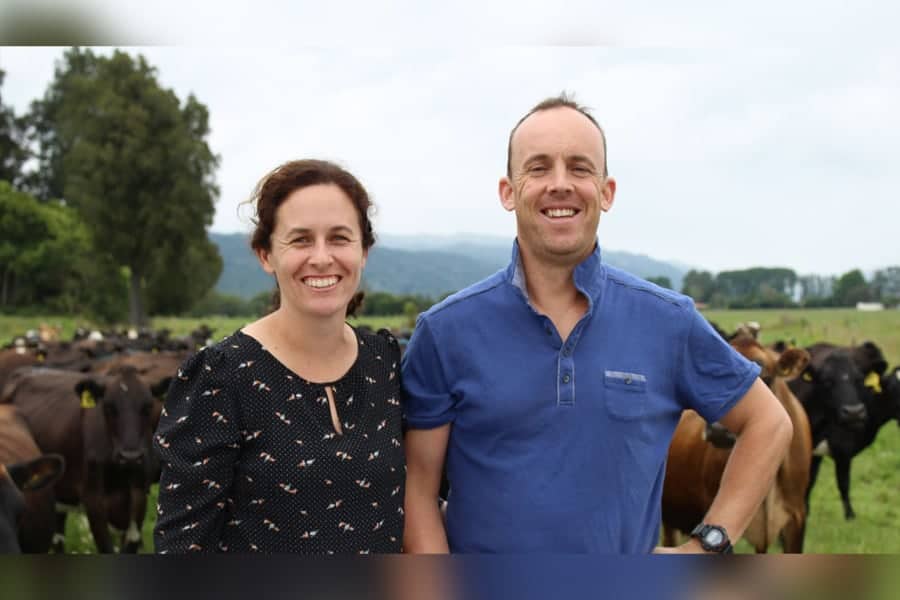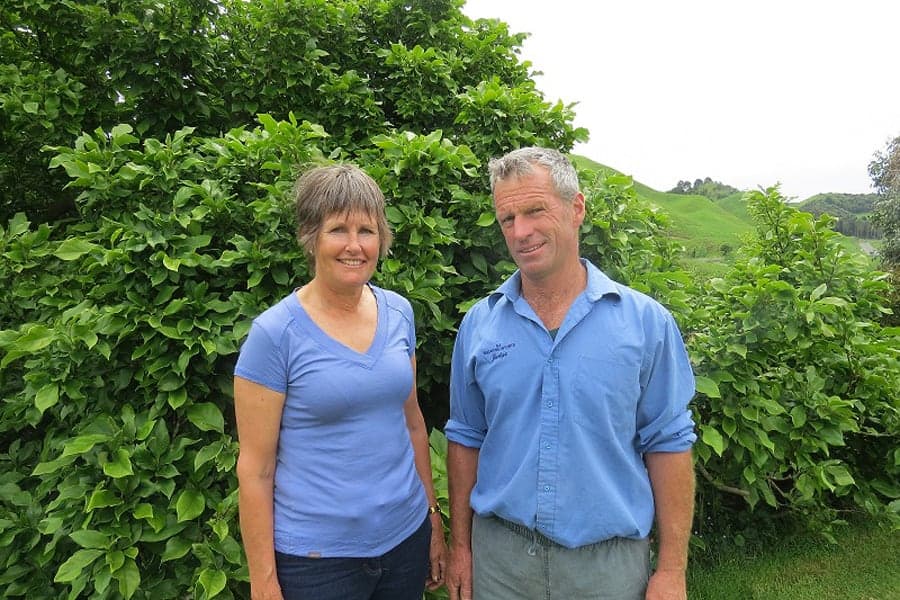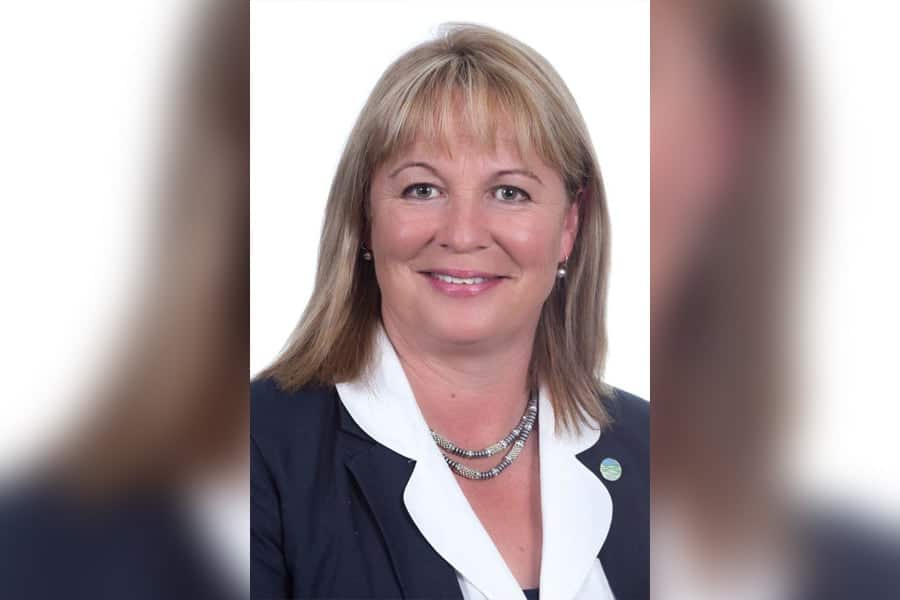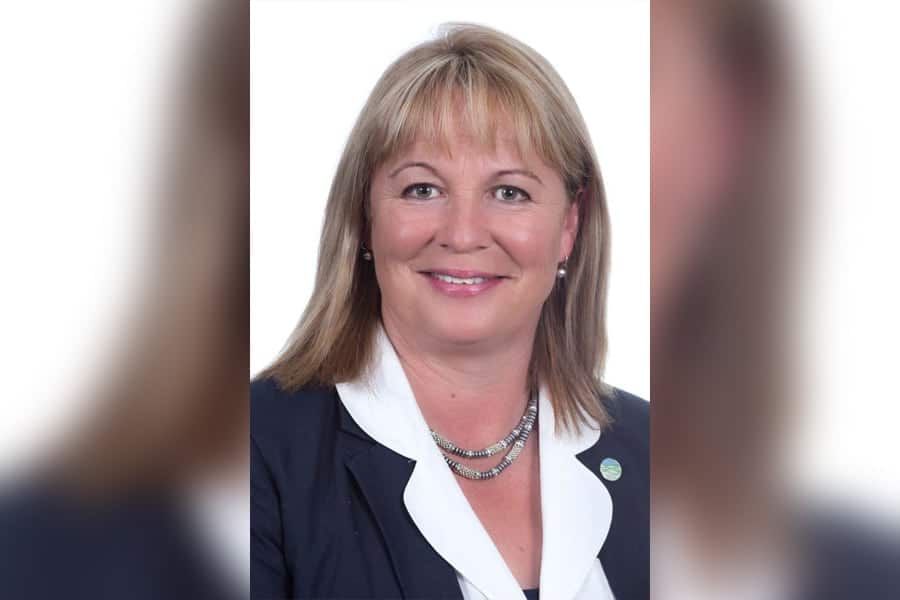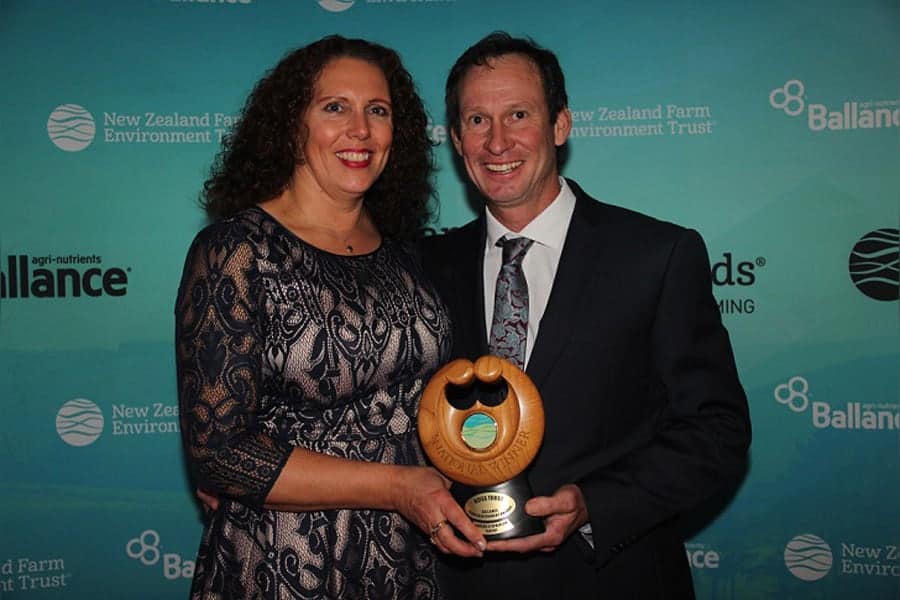Photo courtesy of Te Awamutu Courier.
Entering the Ballance Farm Environment Awards is a great way for farmers to show they care about the environment, say Waikato dairy farmers Susan O’Regan and John Hayward.
The couple entered the Waikato Ballance Farm Environment Awards for the first time last year and were thrilled to win two category awards, including the LIC Dairy Farm Award.
“Waikato Regional Council has been working with us on a planting programme on the farm for several years and they encouraged us to enter,” Susan says.
“We went in to the competition pretty cold and didn’t really know what to expect. We didn’t do any window dressing on the farm and we were fairly relaxed when the judges showed up and started asking us questions.”
John and Susan bought their 245ha Puahue farm, east of Te Awamutu, six years ago. Their business, Judge Valley Dairies Ltd, now milks 420 cows on a 140ha milking platform.
“We are fairly new to farm ownership, but the judging process made us take a good hard look at our business and realise just how much we had achieved in a relatively short space of time,” Susan says.
“It was nice to get such great feedback from the judges. We didn’t set out to win any category awards but we were incredibly proud to win the LIC award because there were some very impressive farms in that category.”
Last year’s LIC Dairy Farm award recognised the dairy farmer who demonstrated in a practical way the choices made to farm for the long term. Judges took into account the wise use of land, labour and capital resources, and they also considered the effects of dairy farming on both surface and groundwater and its impact on soil properties.
BFEA judges described Judge Valley Dairies as a well-run operation that “considers people, business and the environment in all decisions”.
A forward-thinking couple, John and Susan use farm-specific research and planning tools to make long-term sustainable decisions, judges said, and they have made commendable efforts to manage their full dairy footprint within one farming enterprise.
Susan says they have always believed that good environmental management goes hand-in- hand with good business management and profitability.
“John and I are constantly disappointed by the amount of negative press the dairy sector gets. But there are a lot of great things happening in our industry and we think the Ballance Farm Environment Awards are a great focal point for showcasing these good news stories.”
She says attending the awards evening was an inspiring experience, and she and John would happily recommend the competition to all farmers.
“It makes you examine your business much more closely than you normally would. The judges show you areas where you can improve and they can put you in touch with other people who can help you. It’s a process that opens up opportunities without bashing you over the head. It’s up to you if you want to take these opportunities.”
Judge Valley Dairies also won the Waikato Regional Council Water Protection Award. Susan says this was a welcome acknowledgement of their efforts to improve water quality while working in collaboration with the council.
“We’ve got an excellent relationship with WRC and it’s become even stronger since.”
Entries for the 2016 Waikato Ballance Farm environment Awards close on 23 October 2015. Entry is free and entry forms are available online at www.bfea.org.nz
This year the LIC award has changed so as to also recognise the important role that heard herd improvement plays in a sustainable farming business.
“While best practice environmental management has always been linked to long term sustainability, herd improvement also has a key role to play in that it helps our farmers breed animals that are efficient converters of feed to milk,” LIC chief executive Wayne McNee says.
“Smart use of breeding, culling, animal health, selection pressure and reproductive management can help drive herd improvement and in turn, deliver an efficient and highly profitable herd and farming operation.”
In addition to what the award has recognised in the past, the judges will also consider how entrants demonstrate high standards with regard to herd improvement, reproduction, animal health and welfare through the use of excellent herd recording. Considerations will be made around the sustainable use of the land, stock, labour and capital resource available or created.

